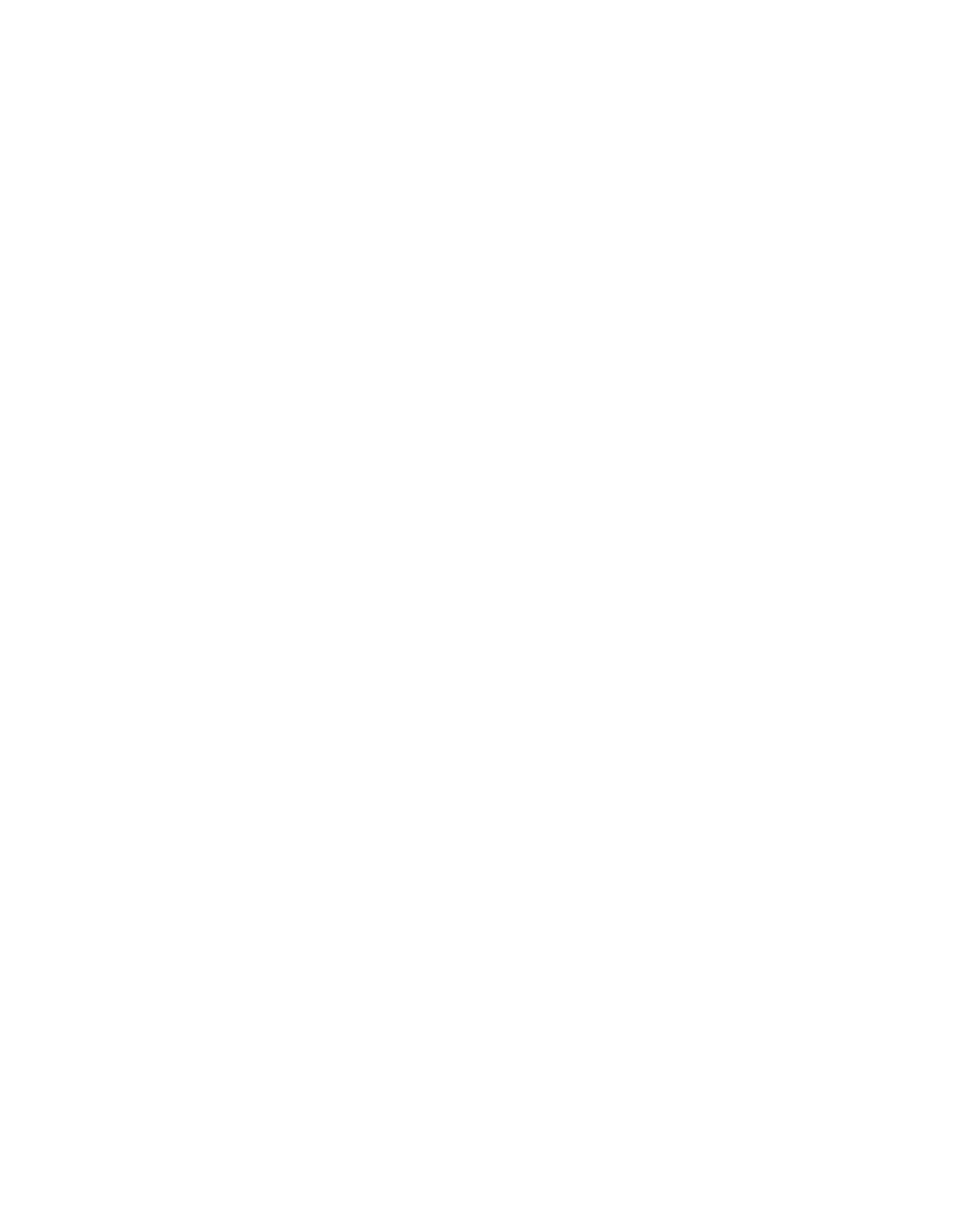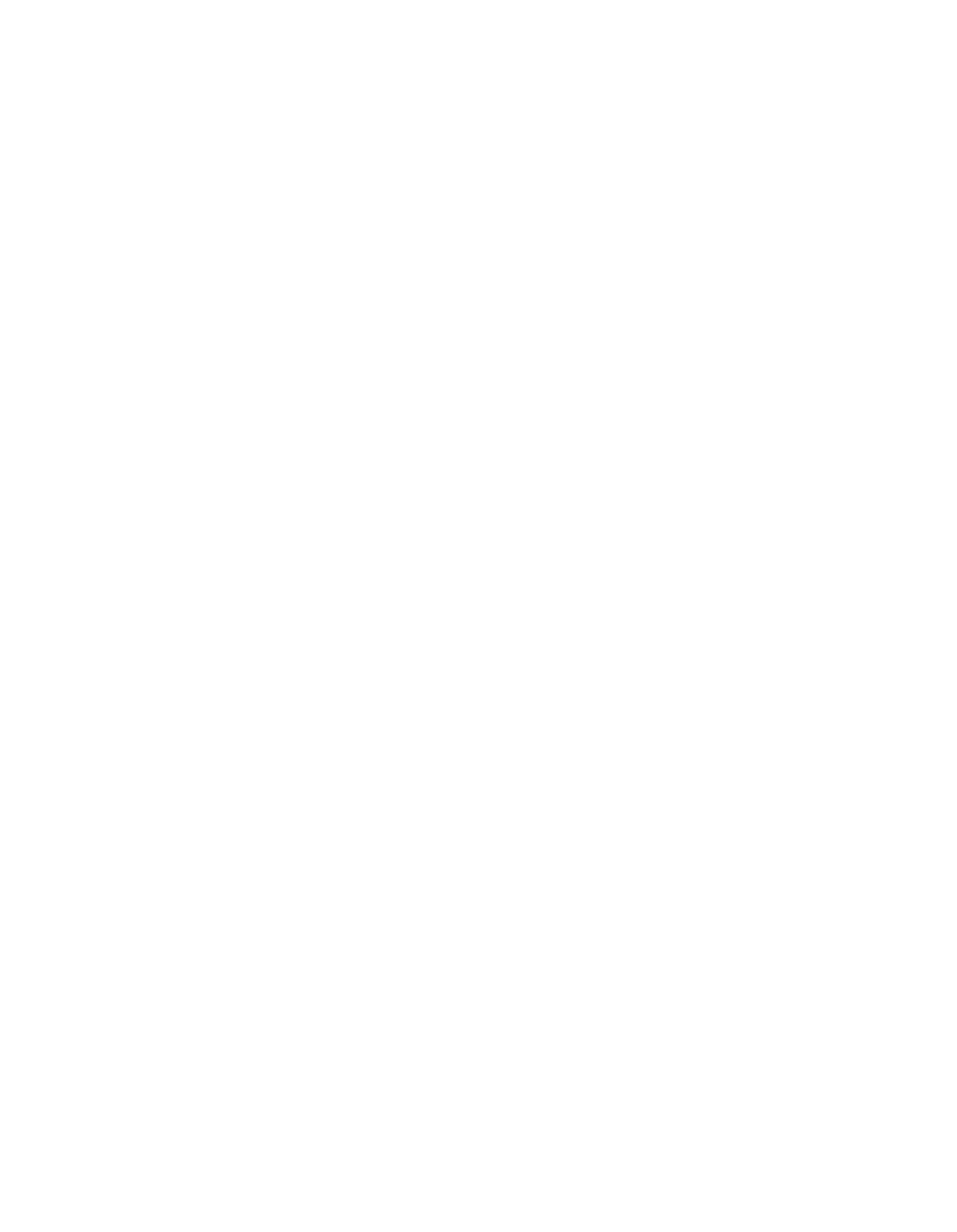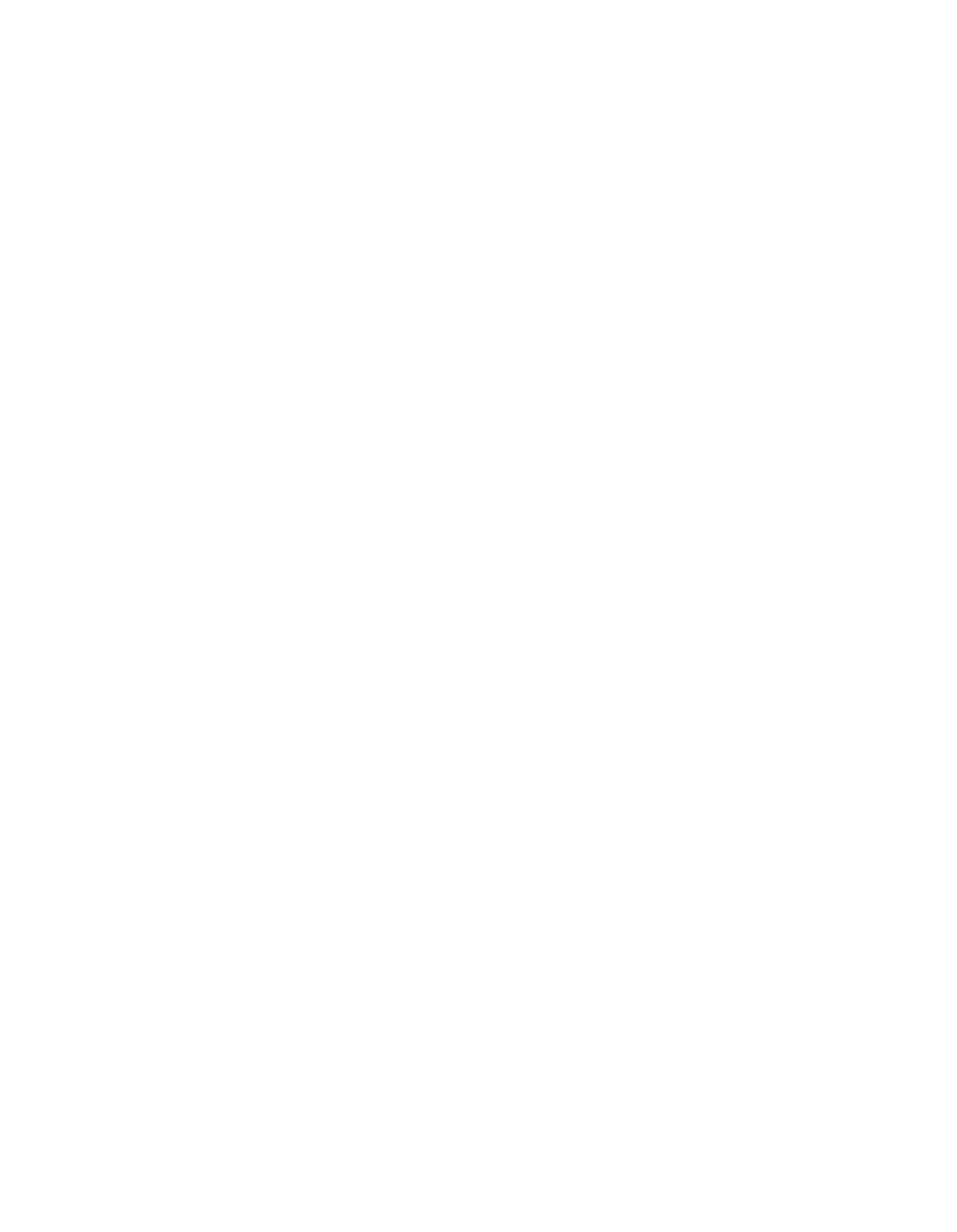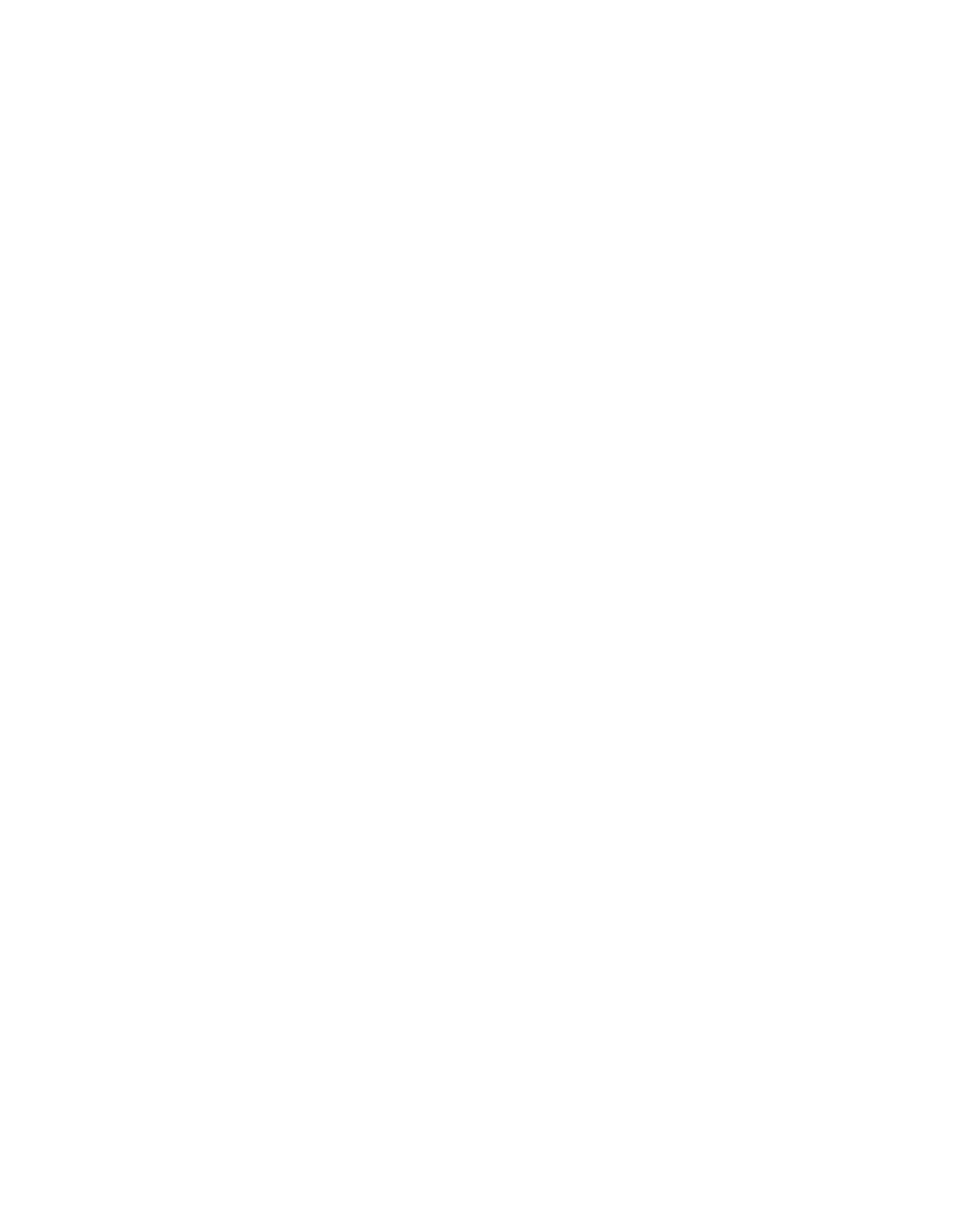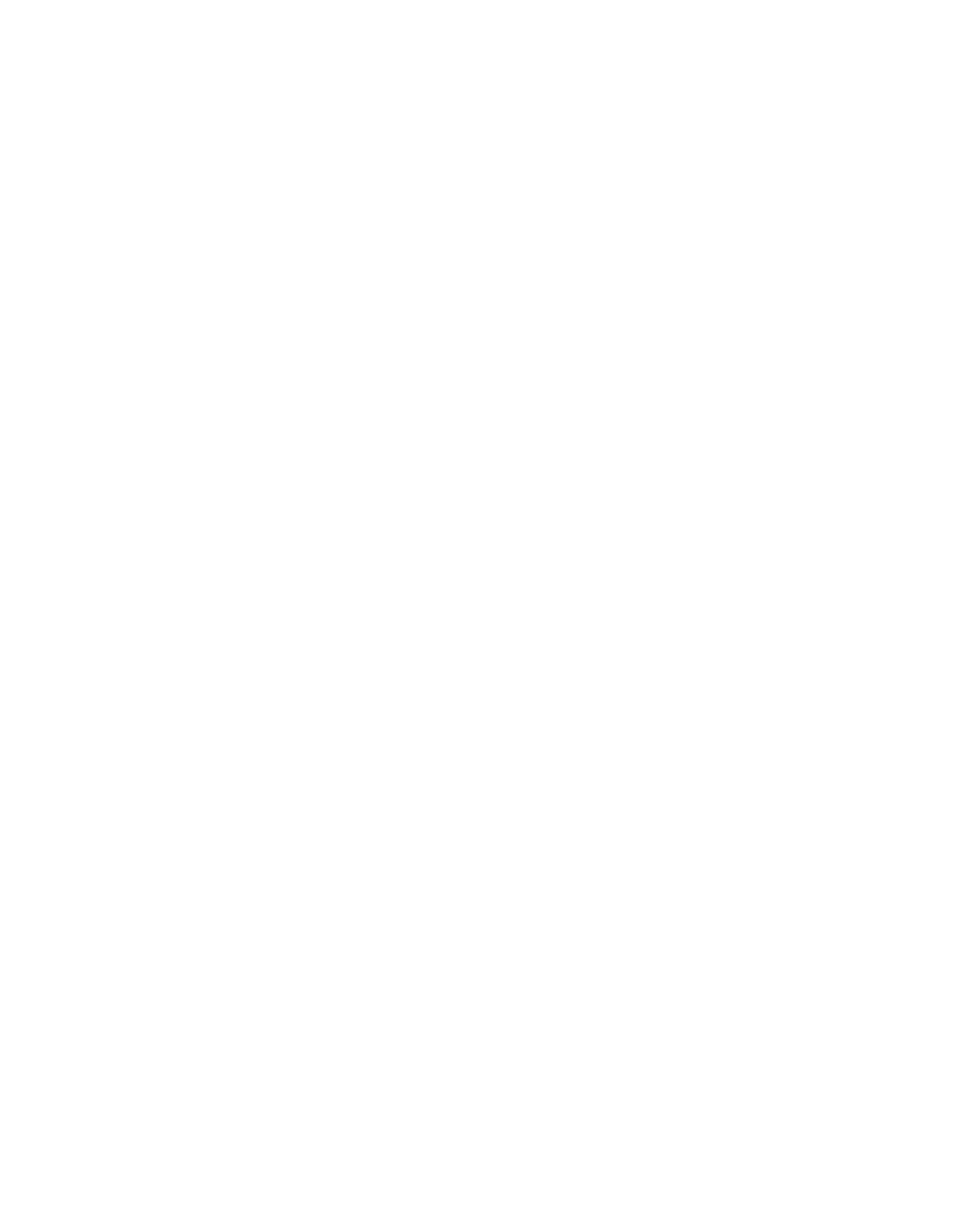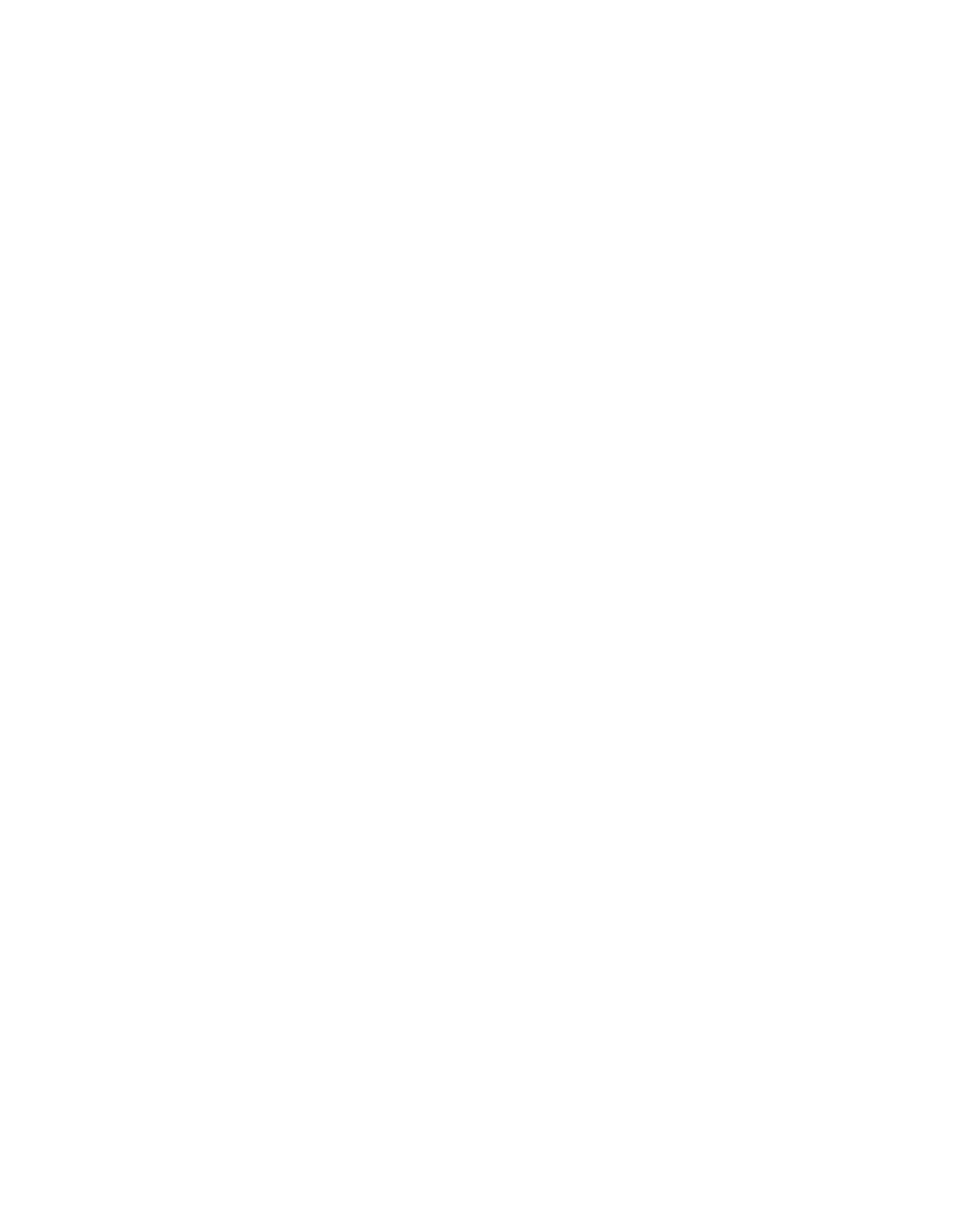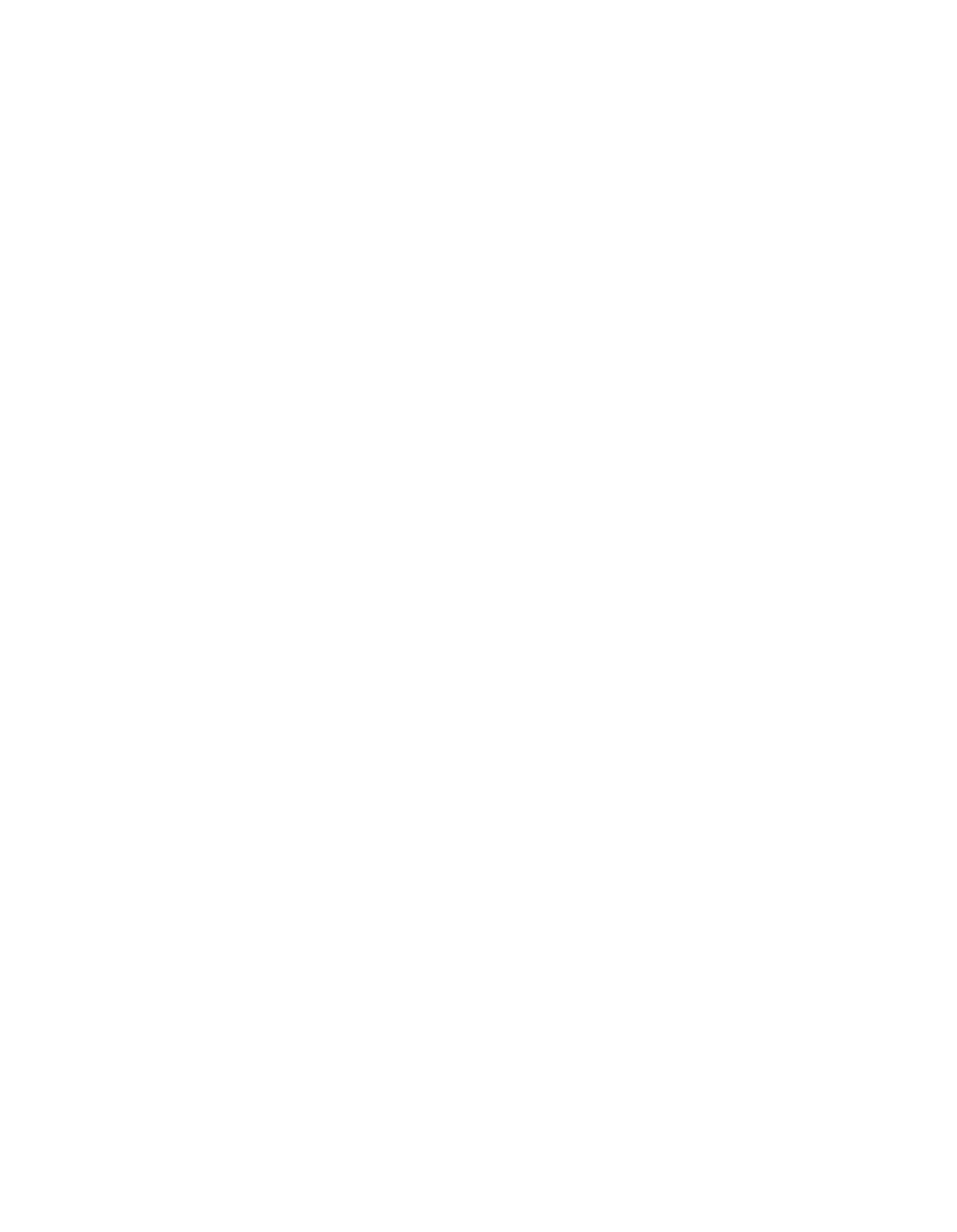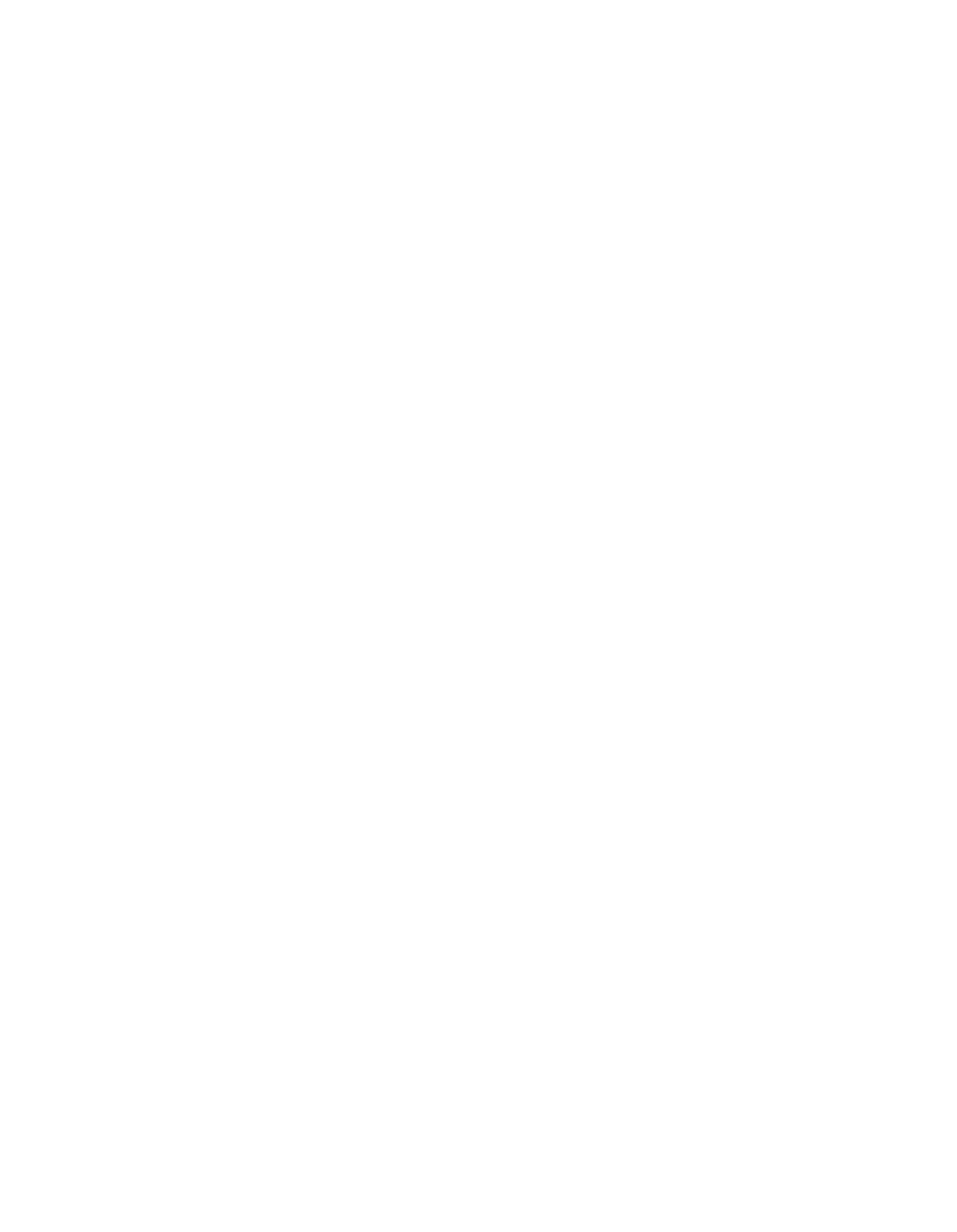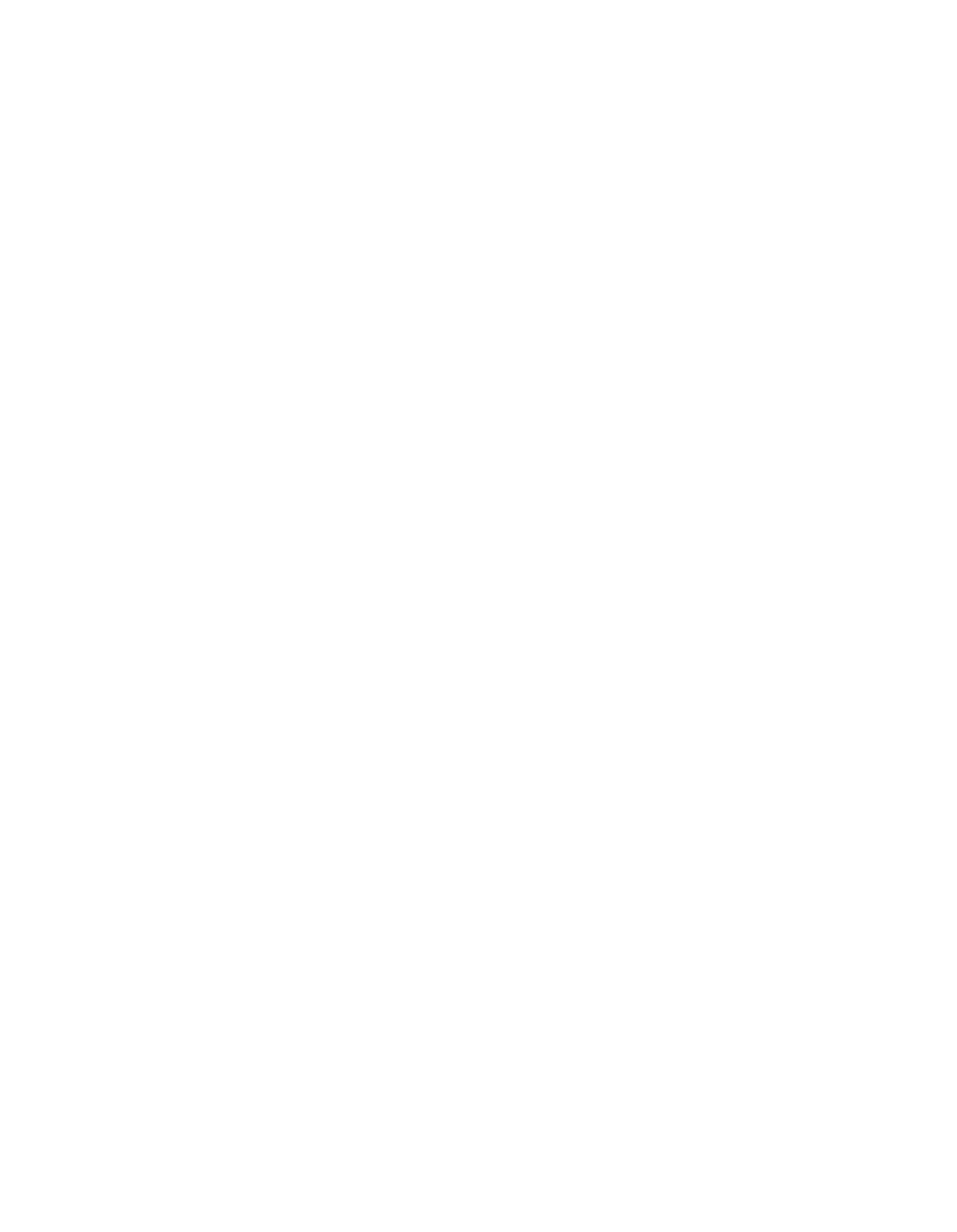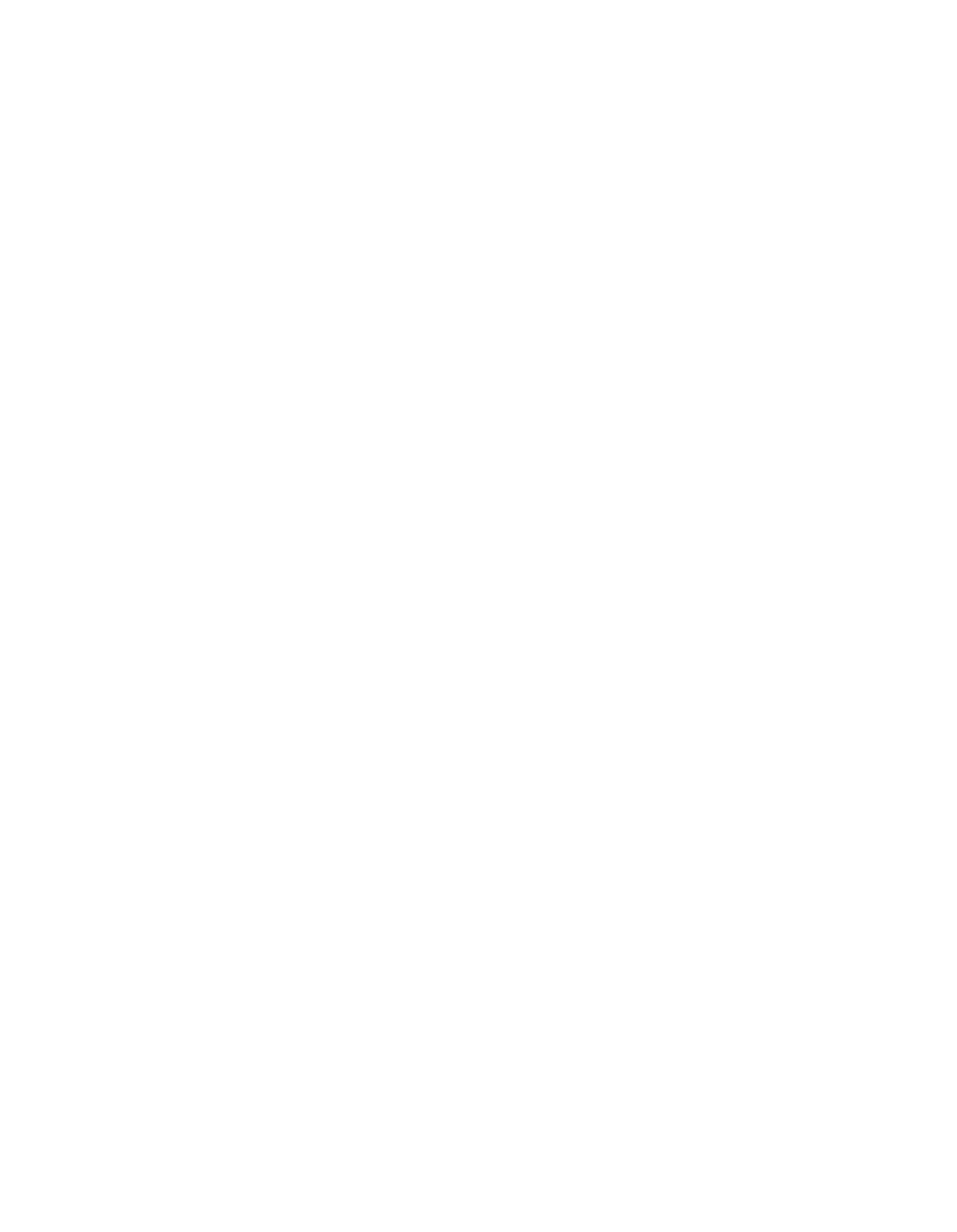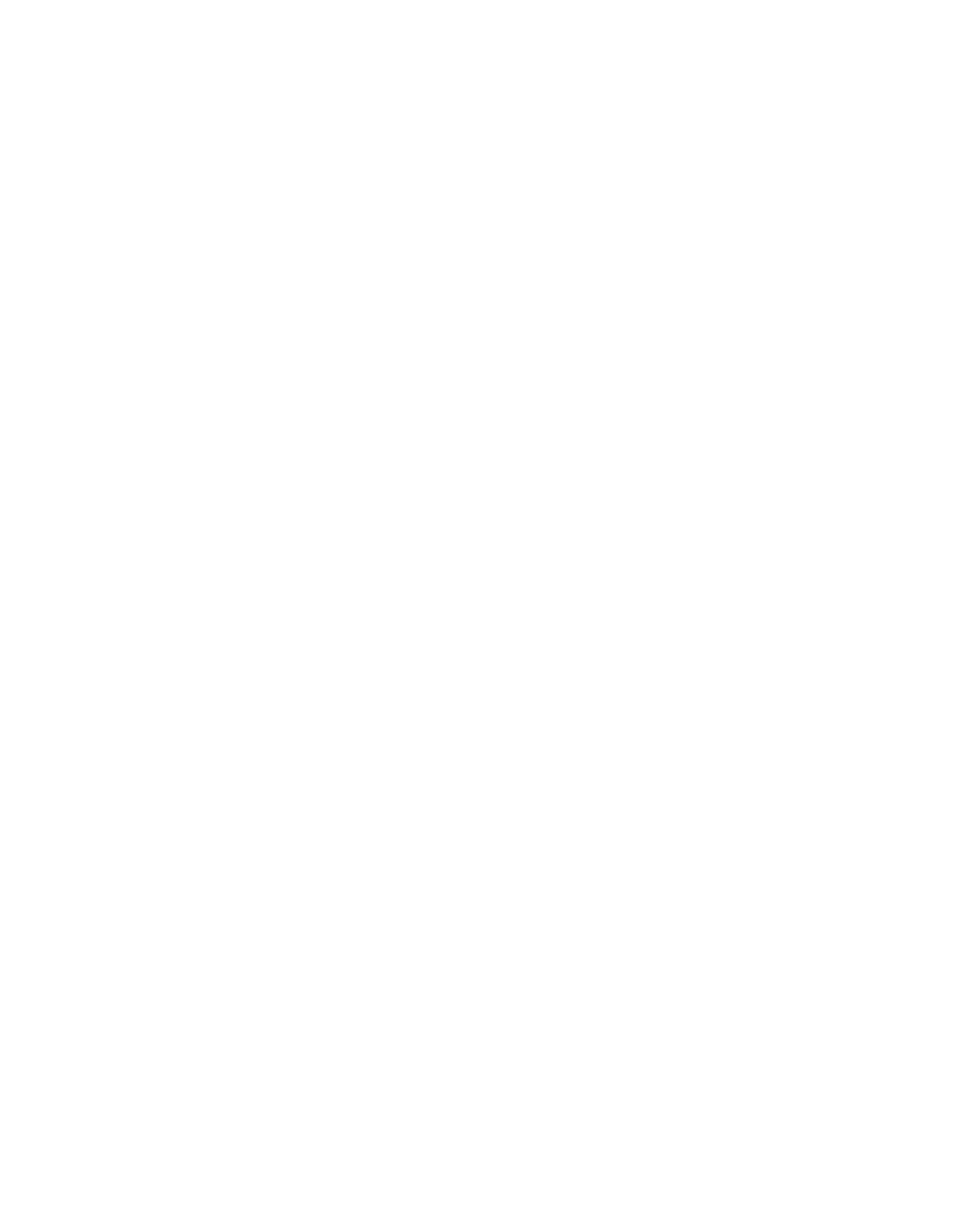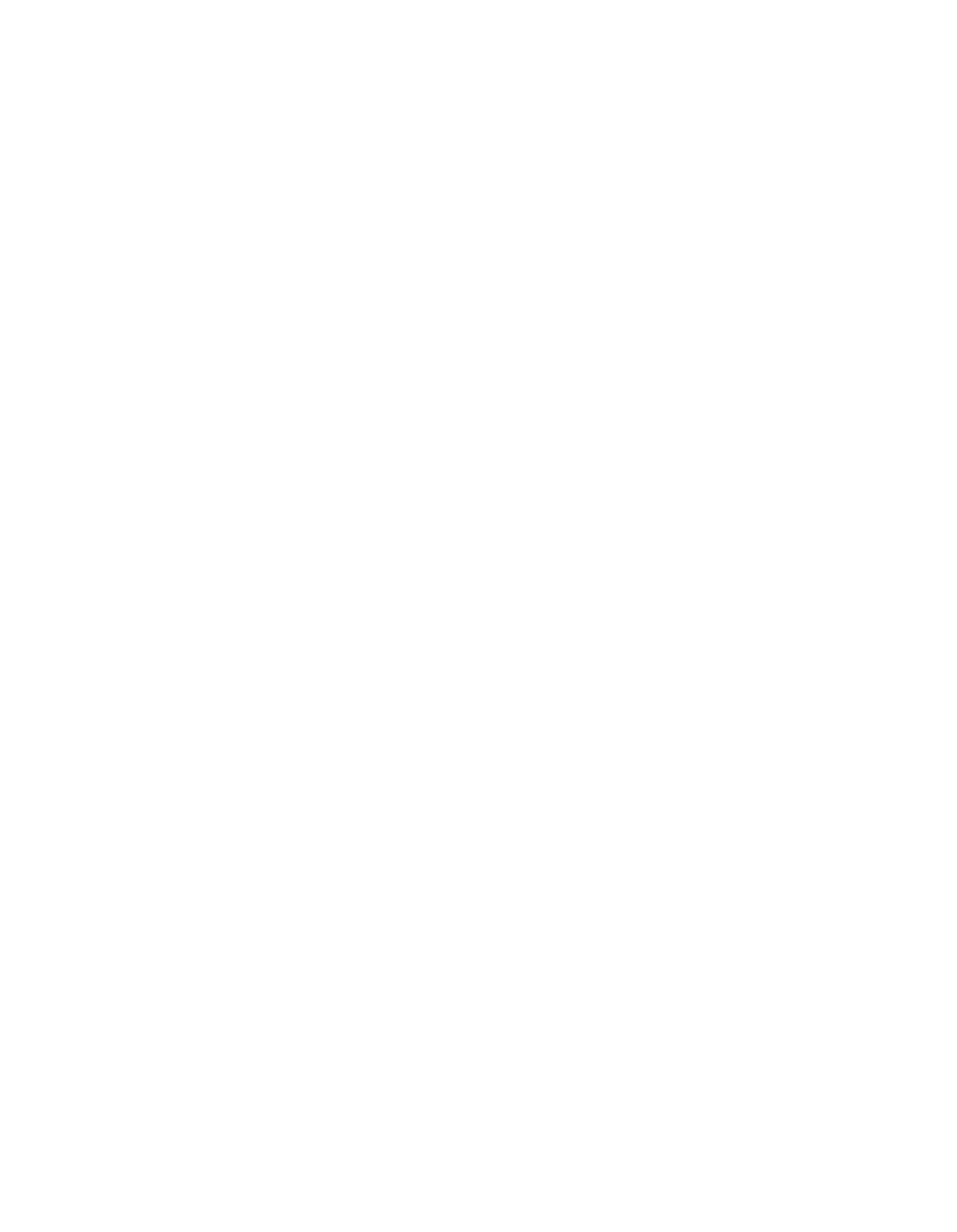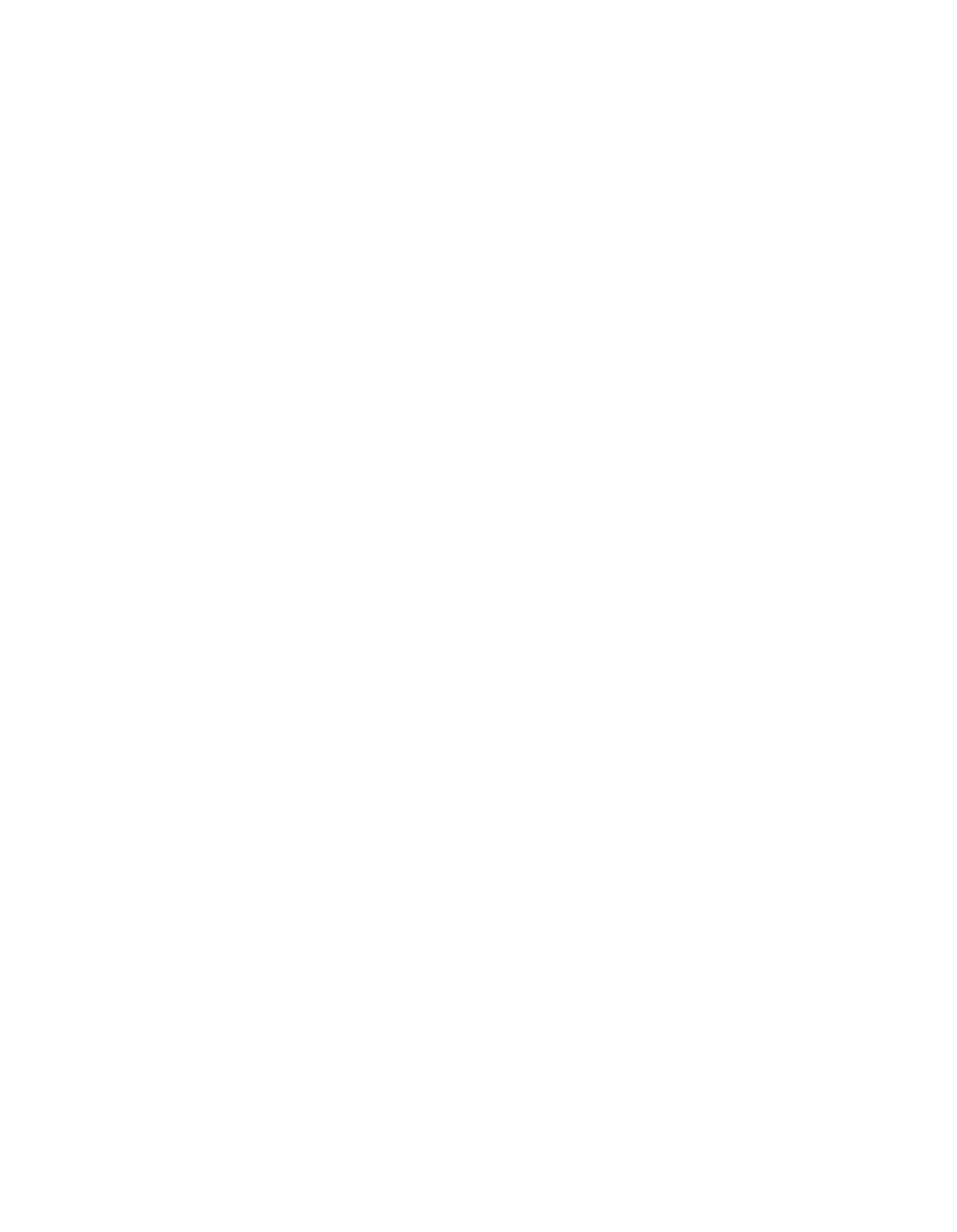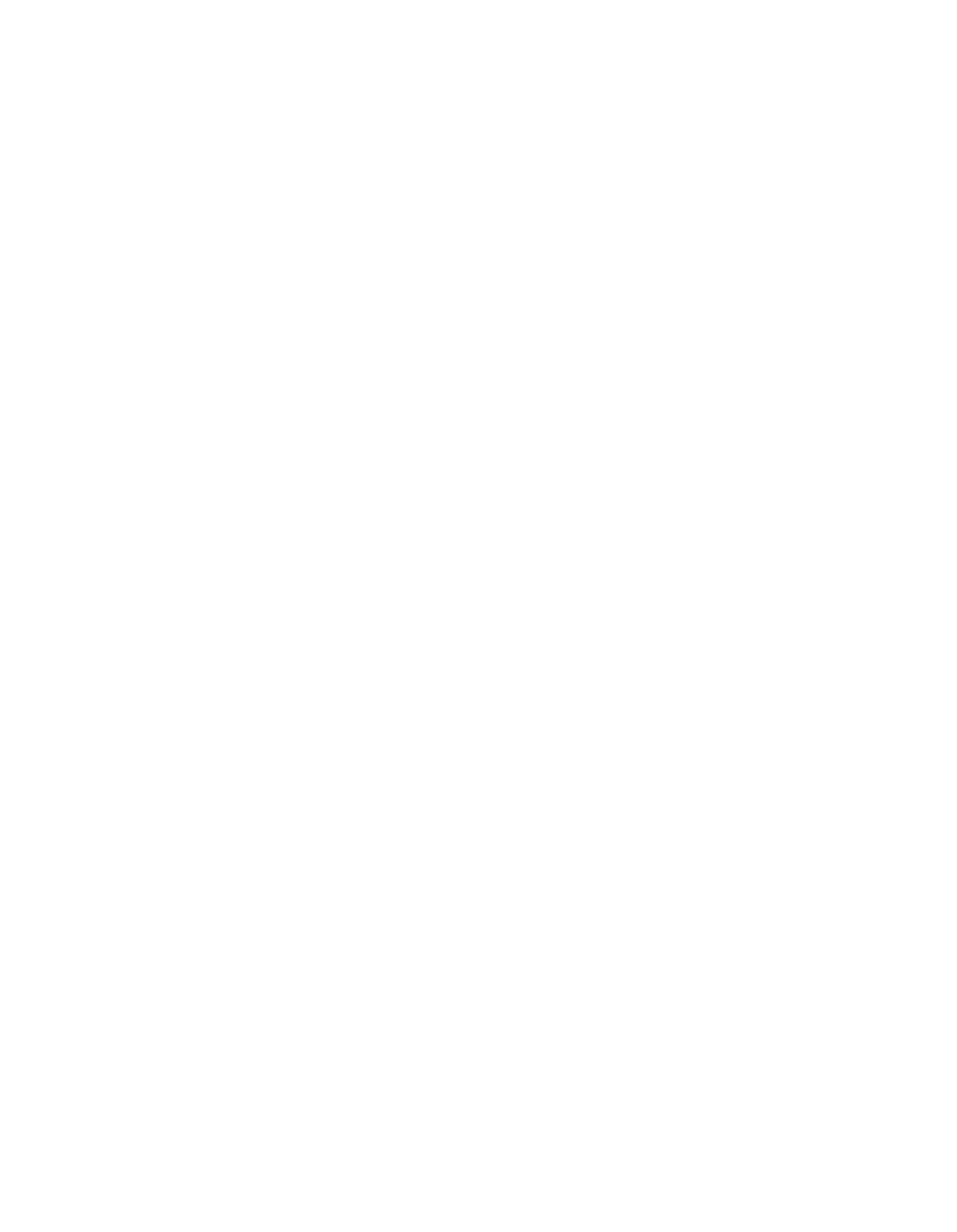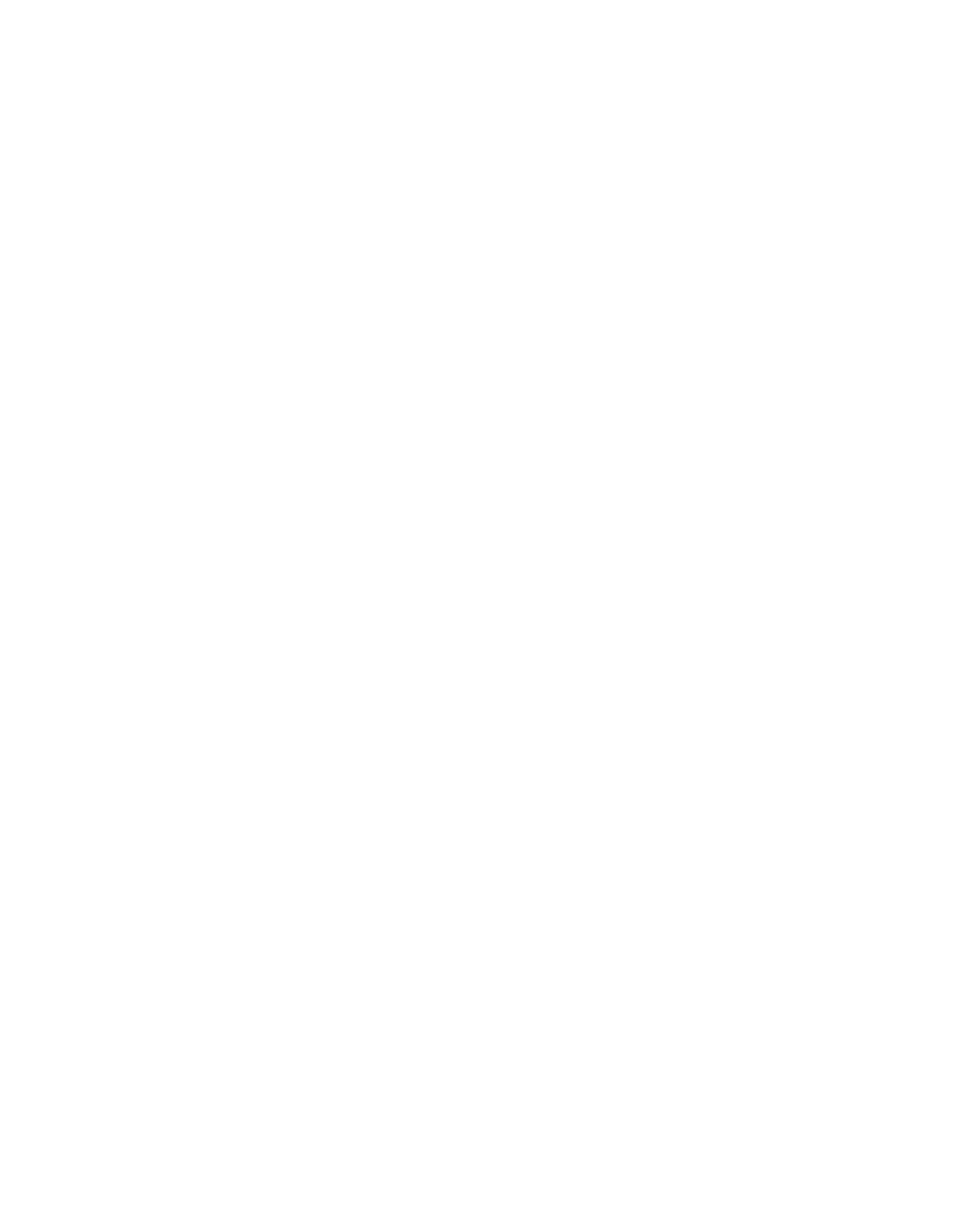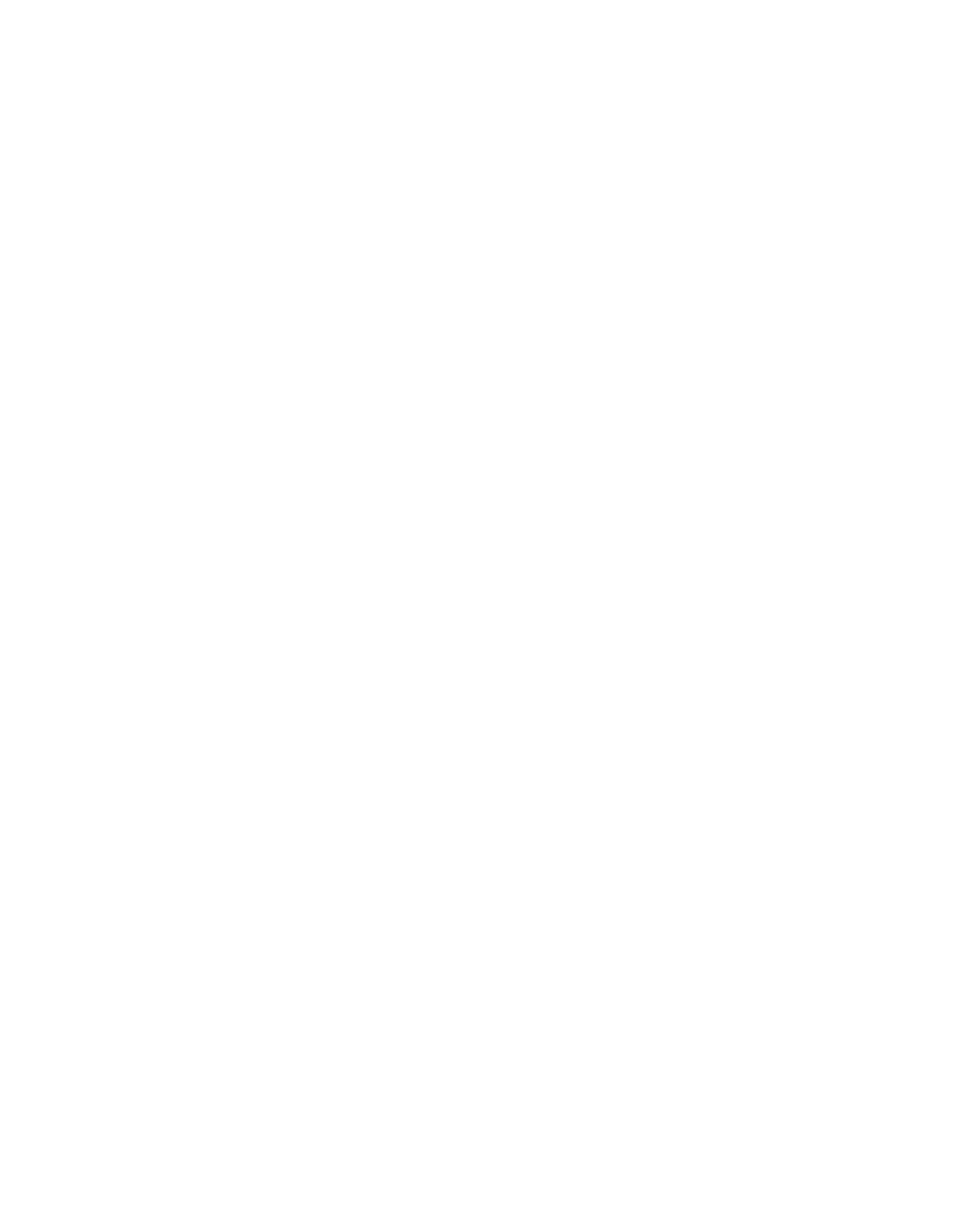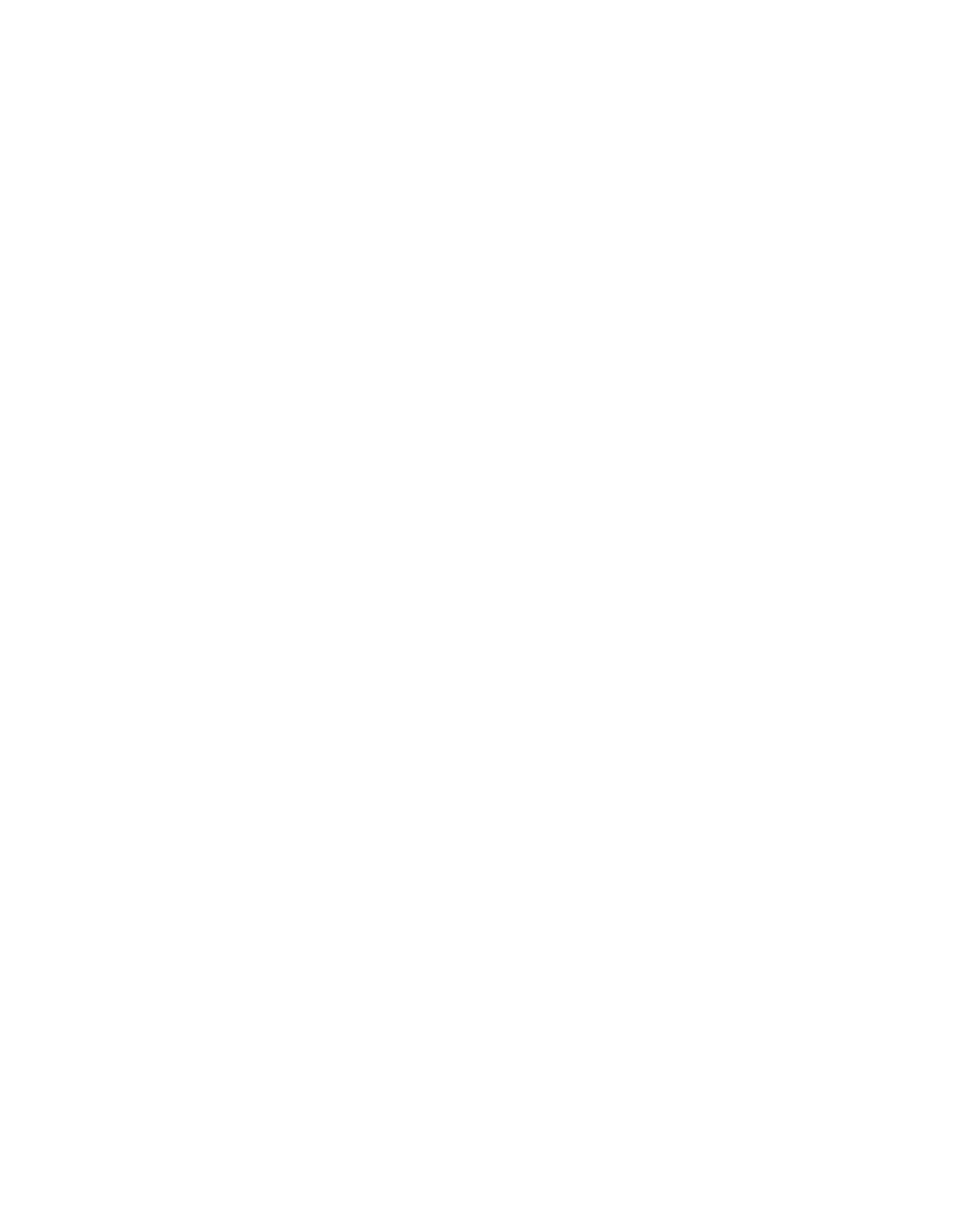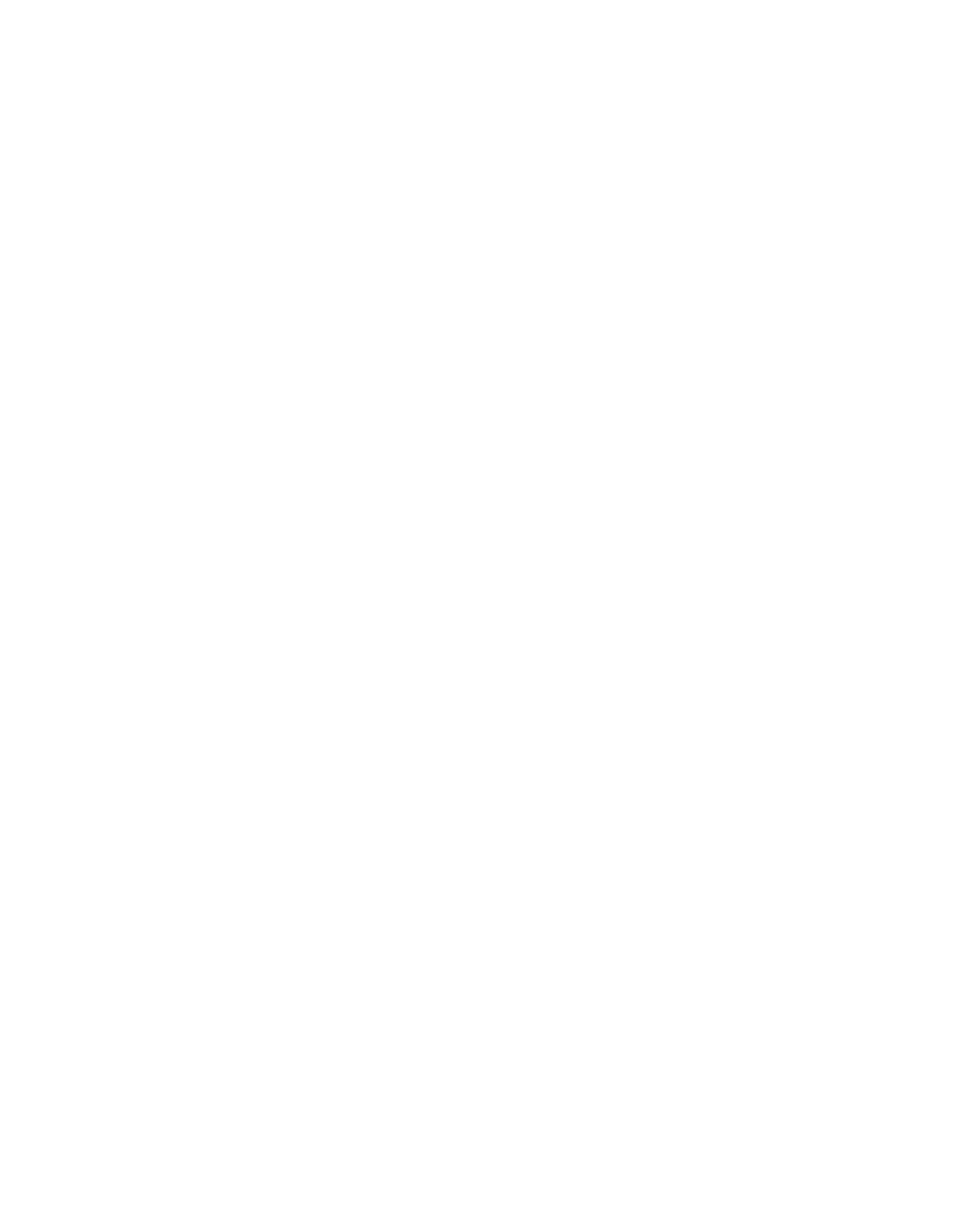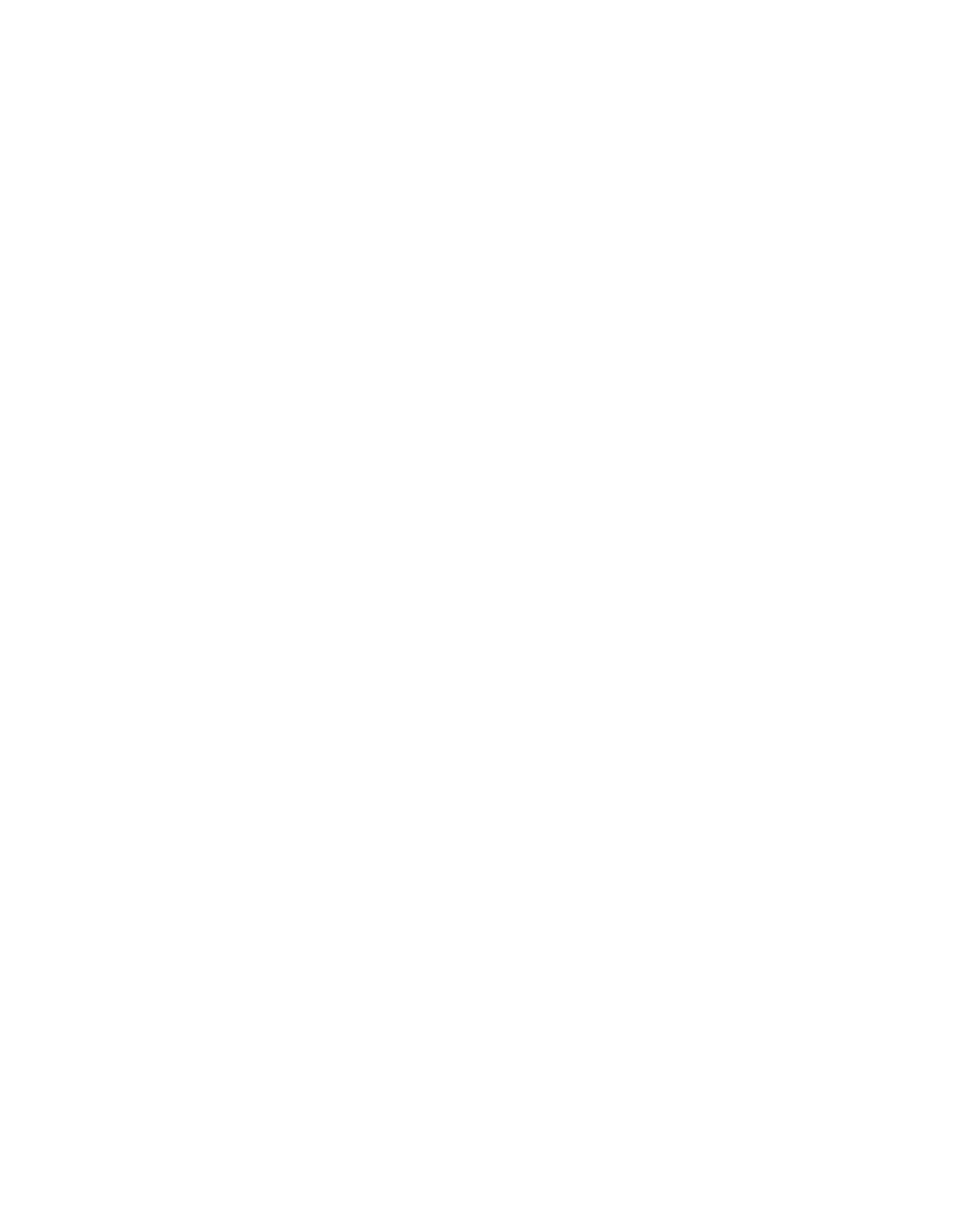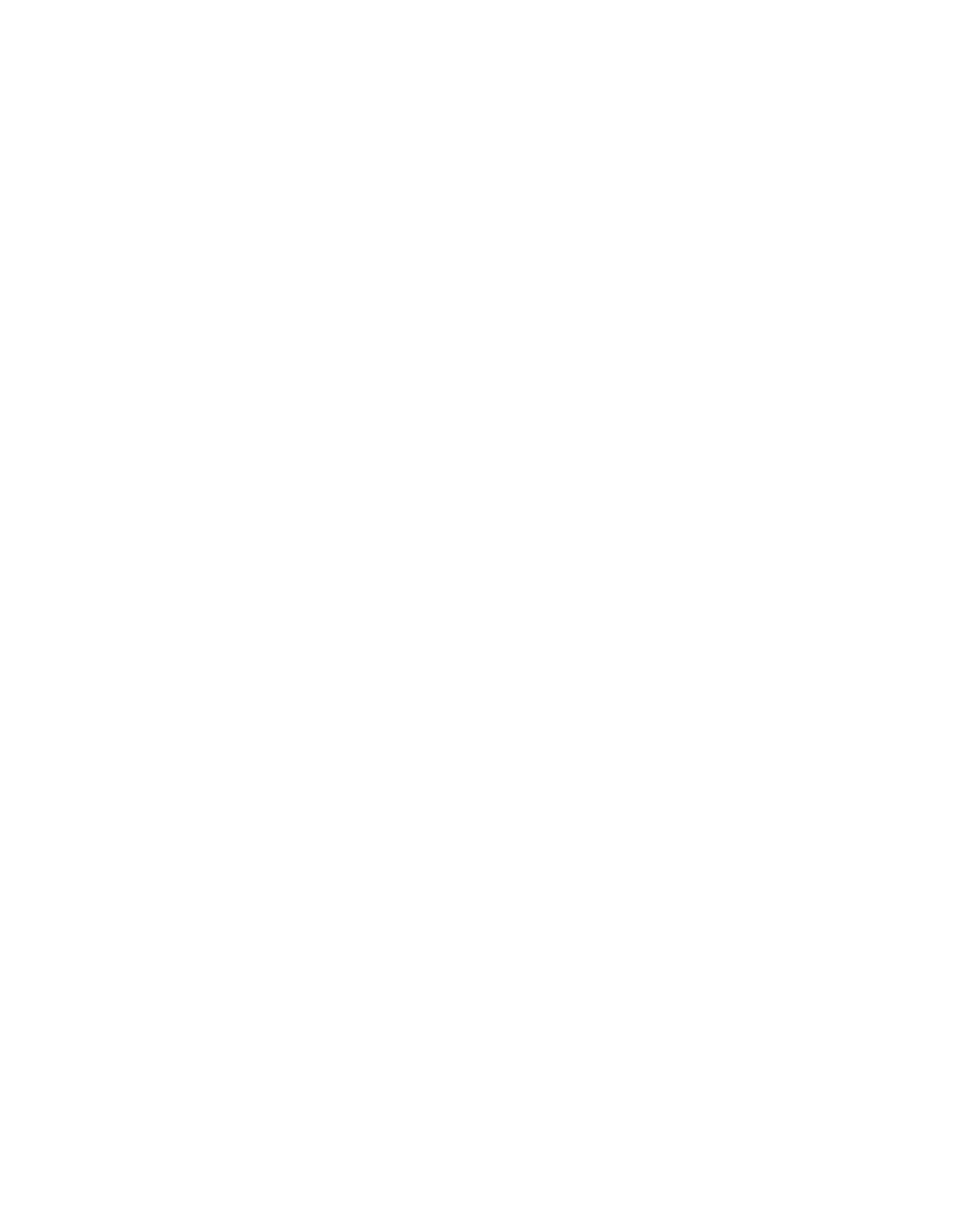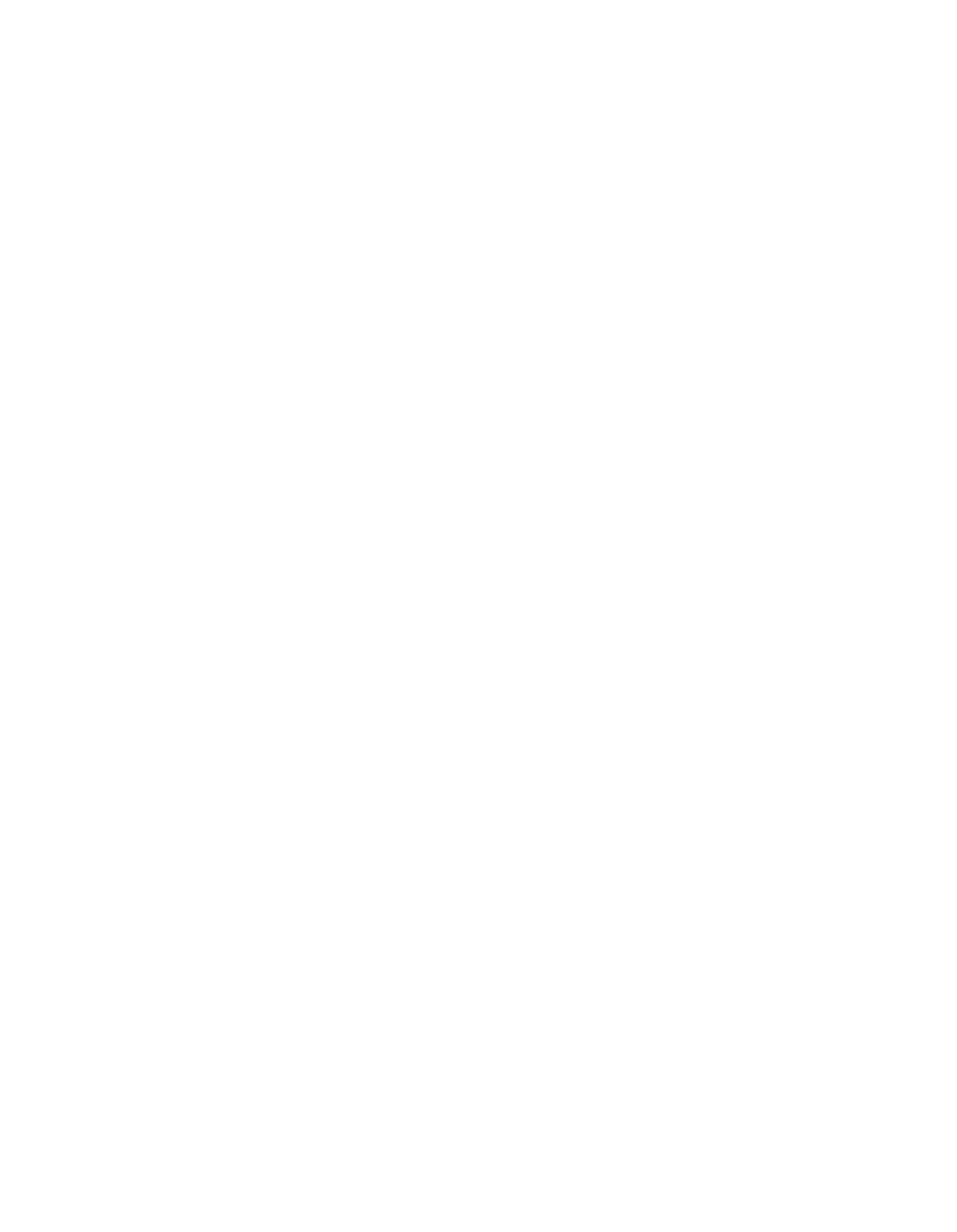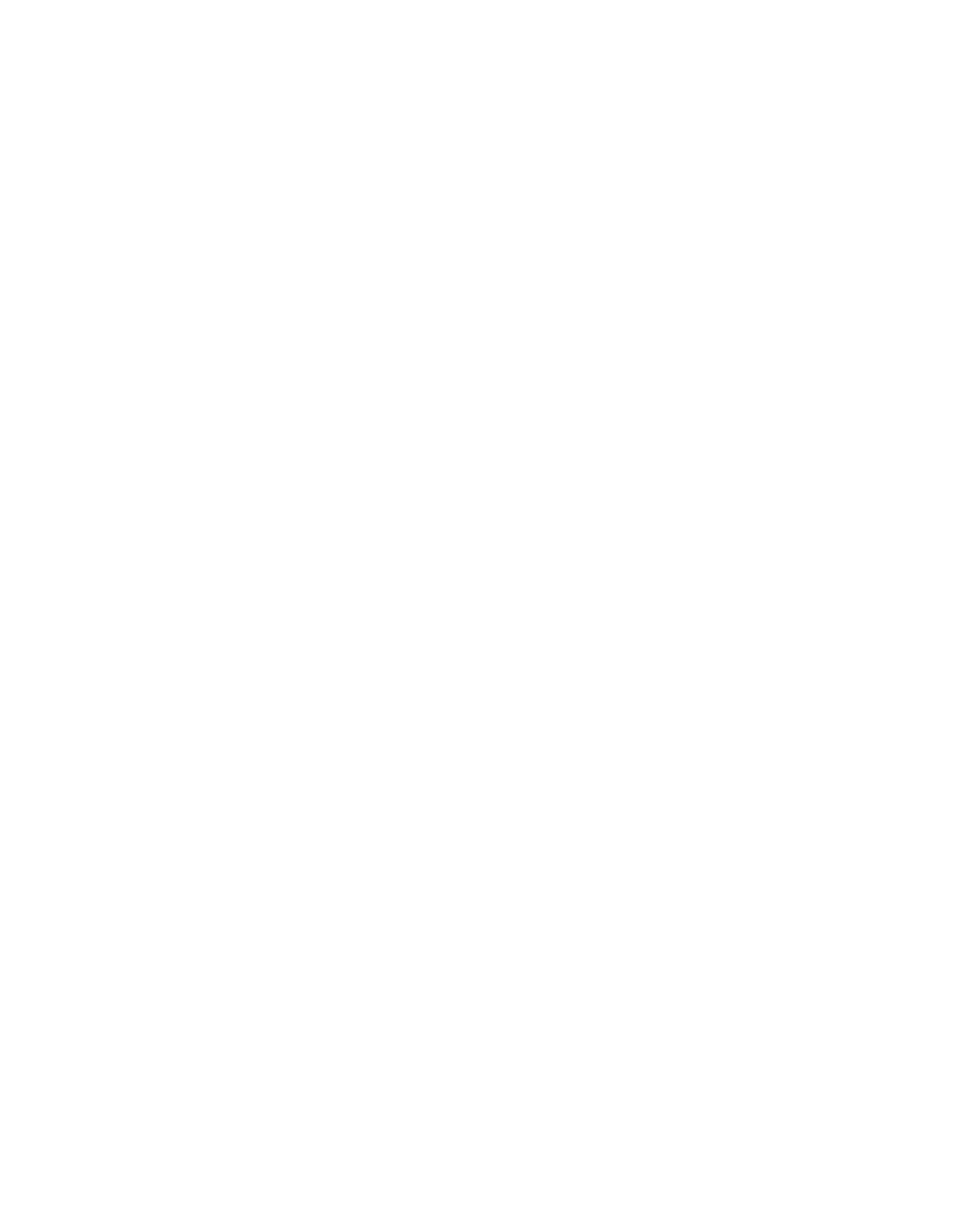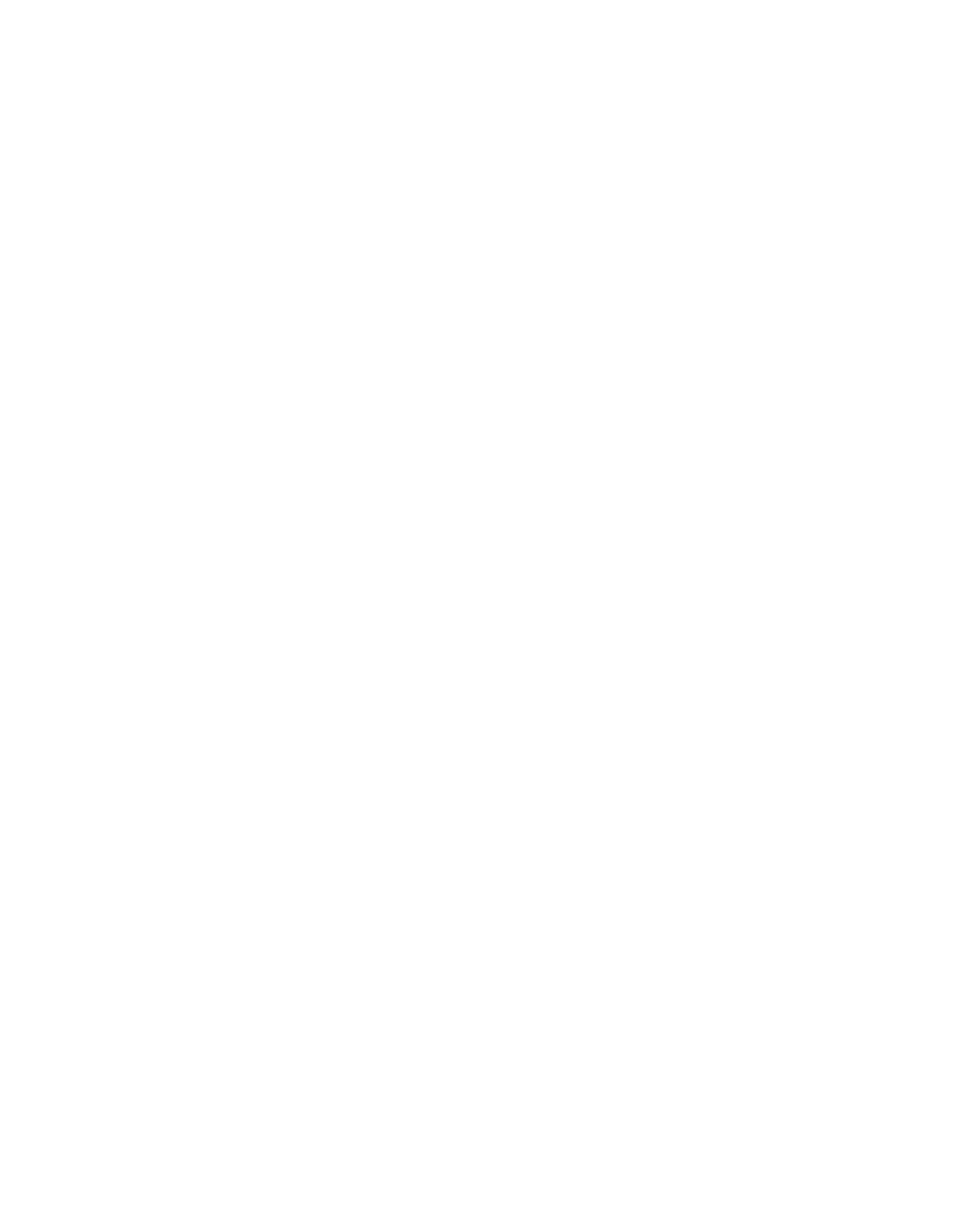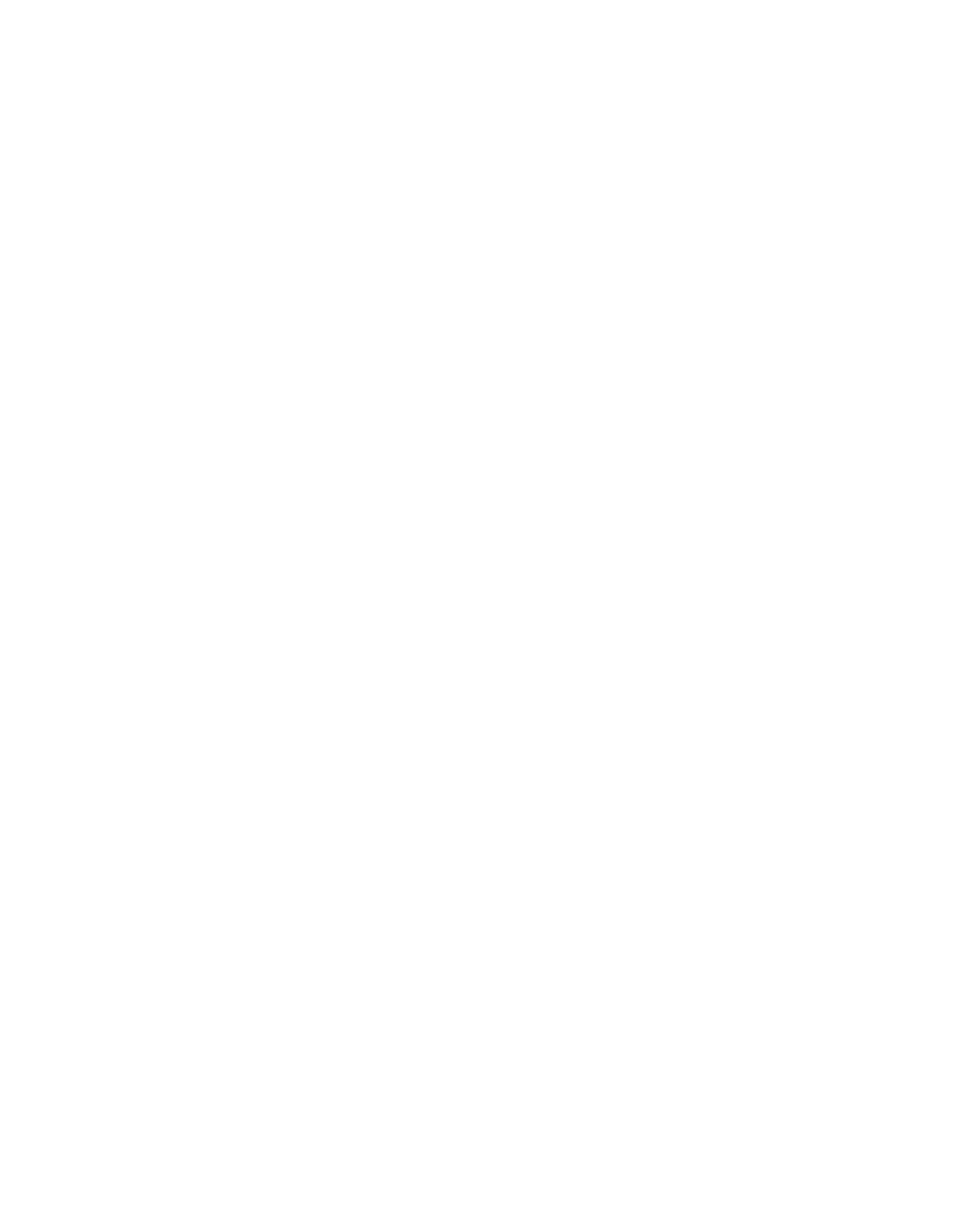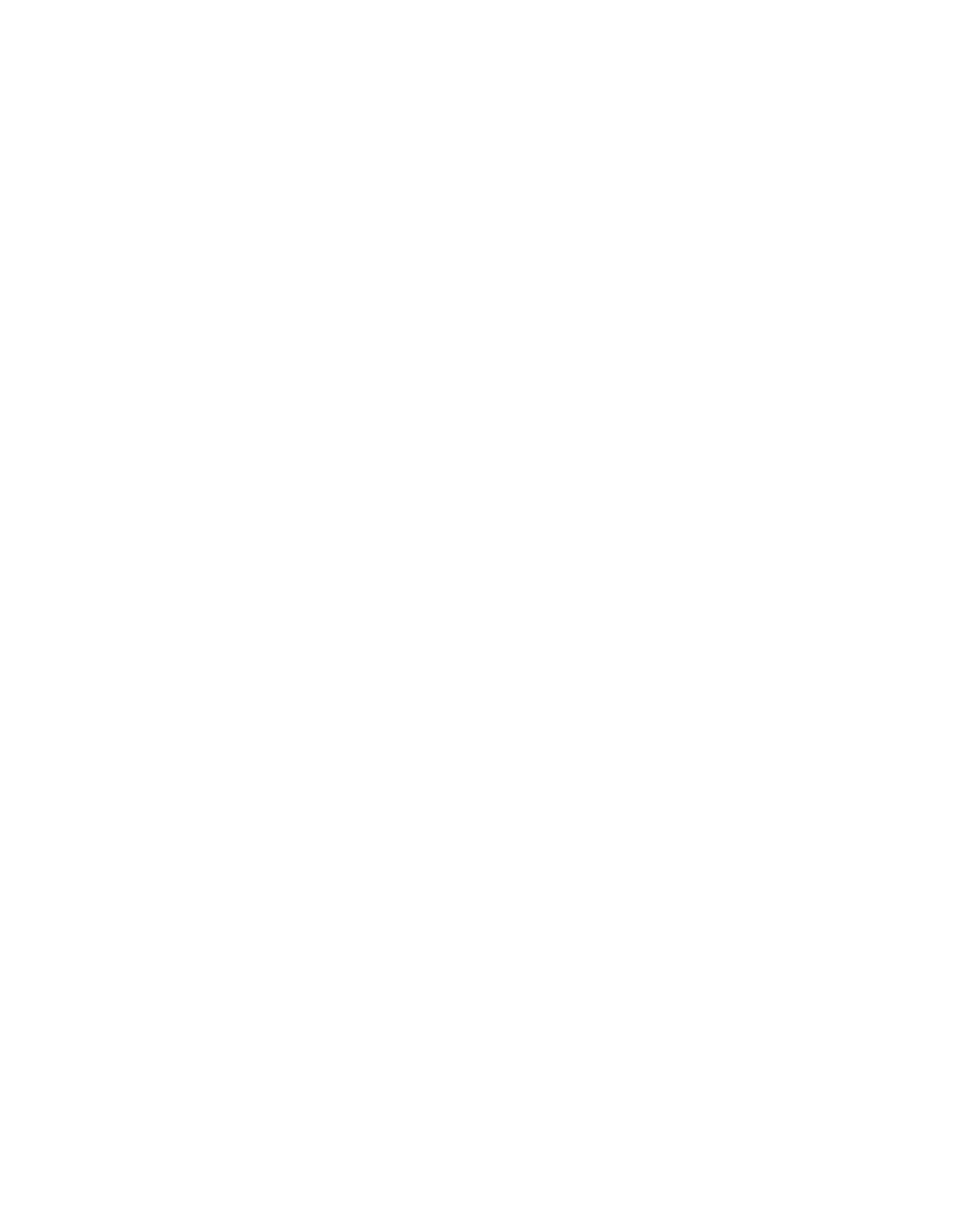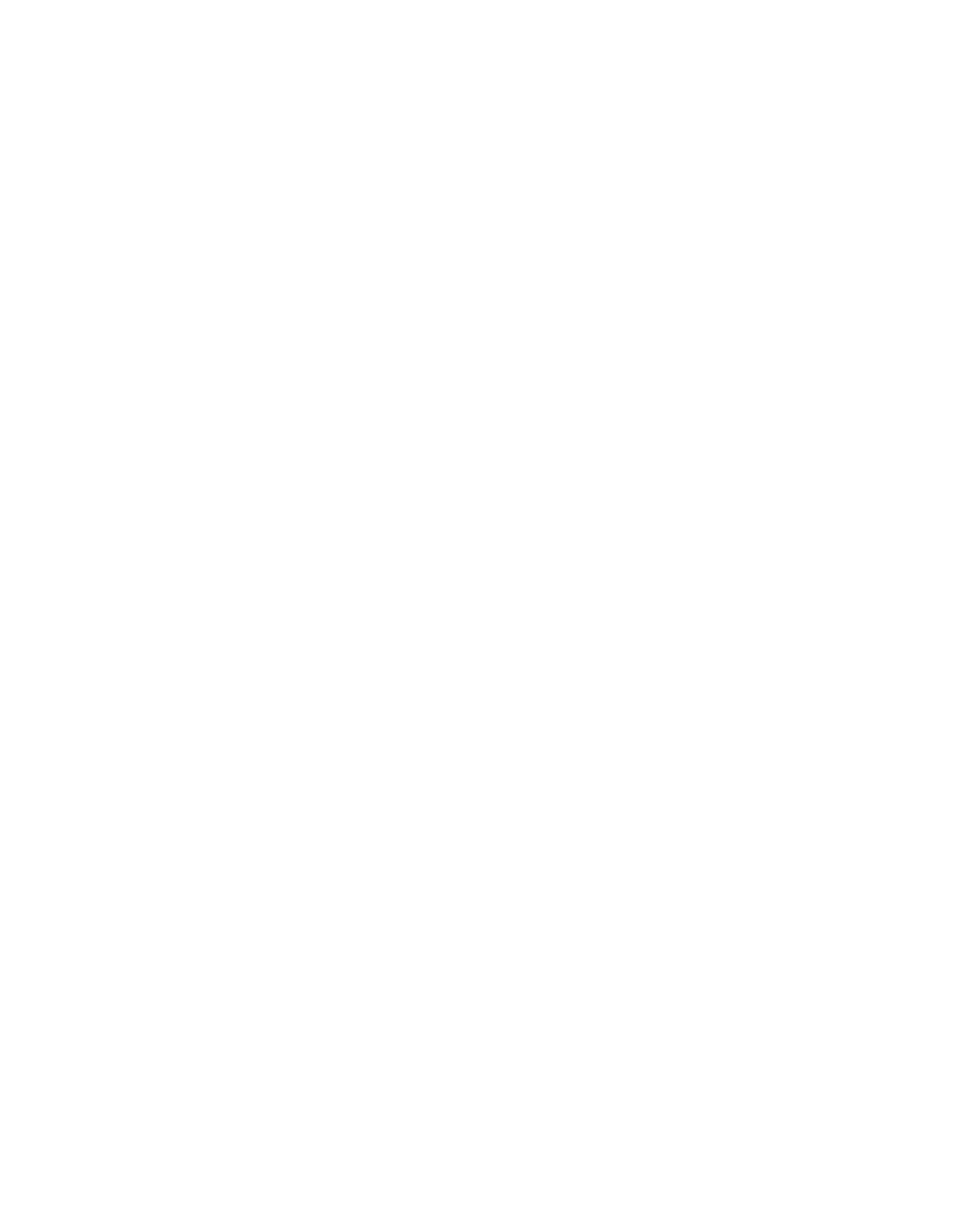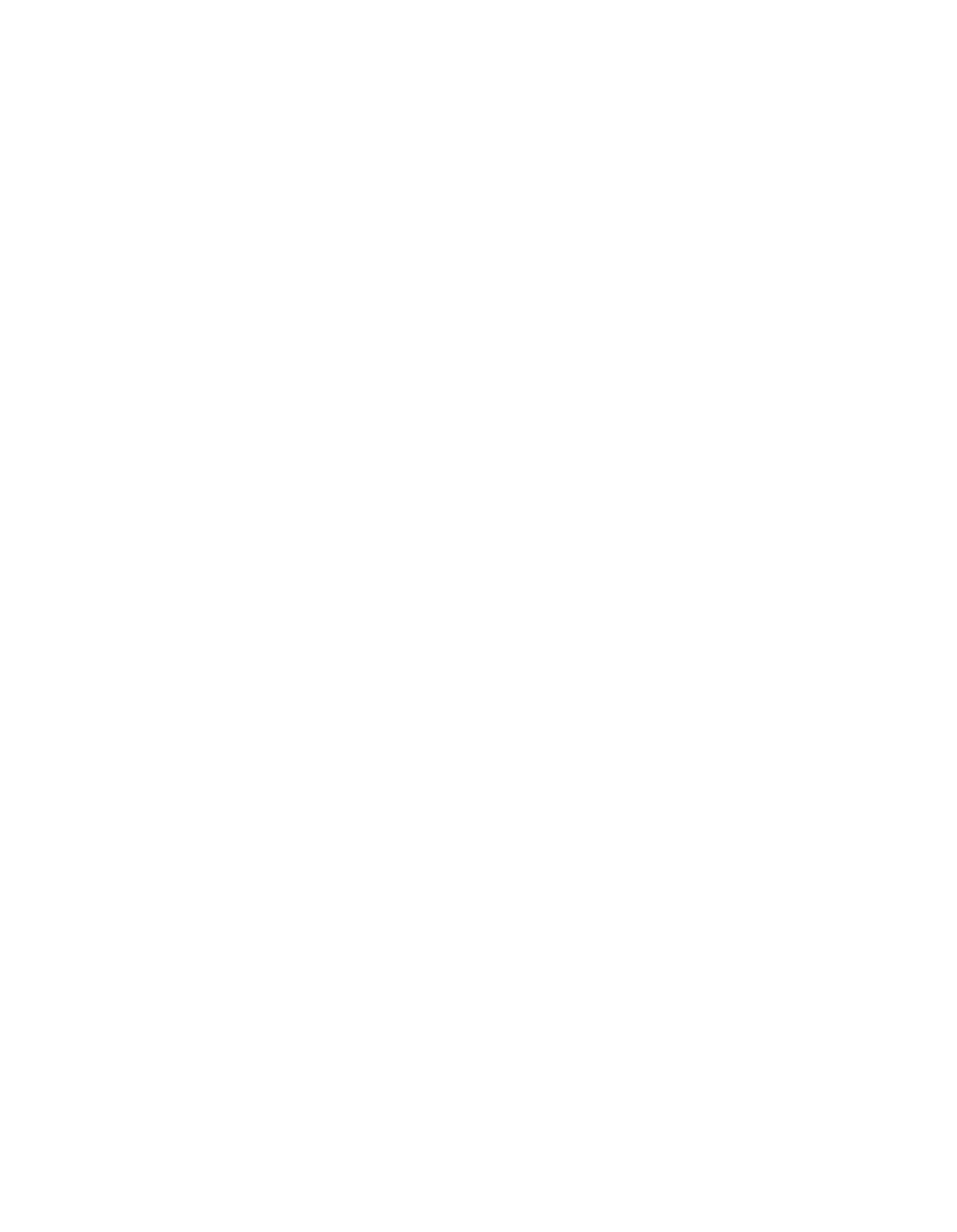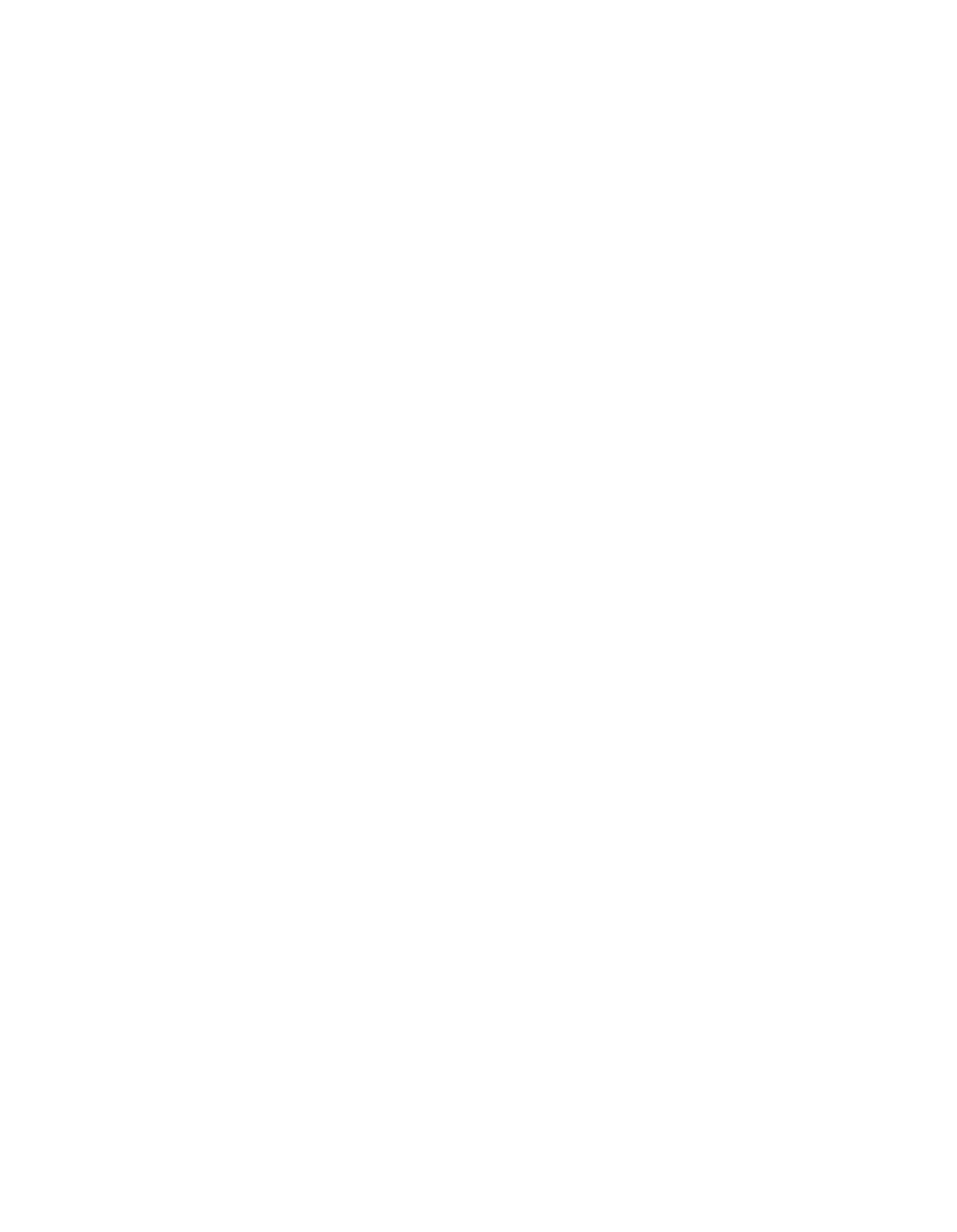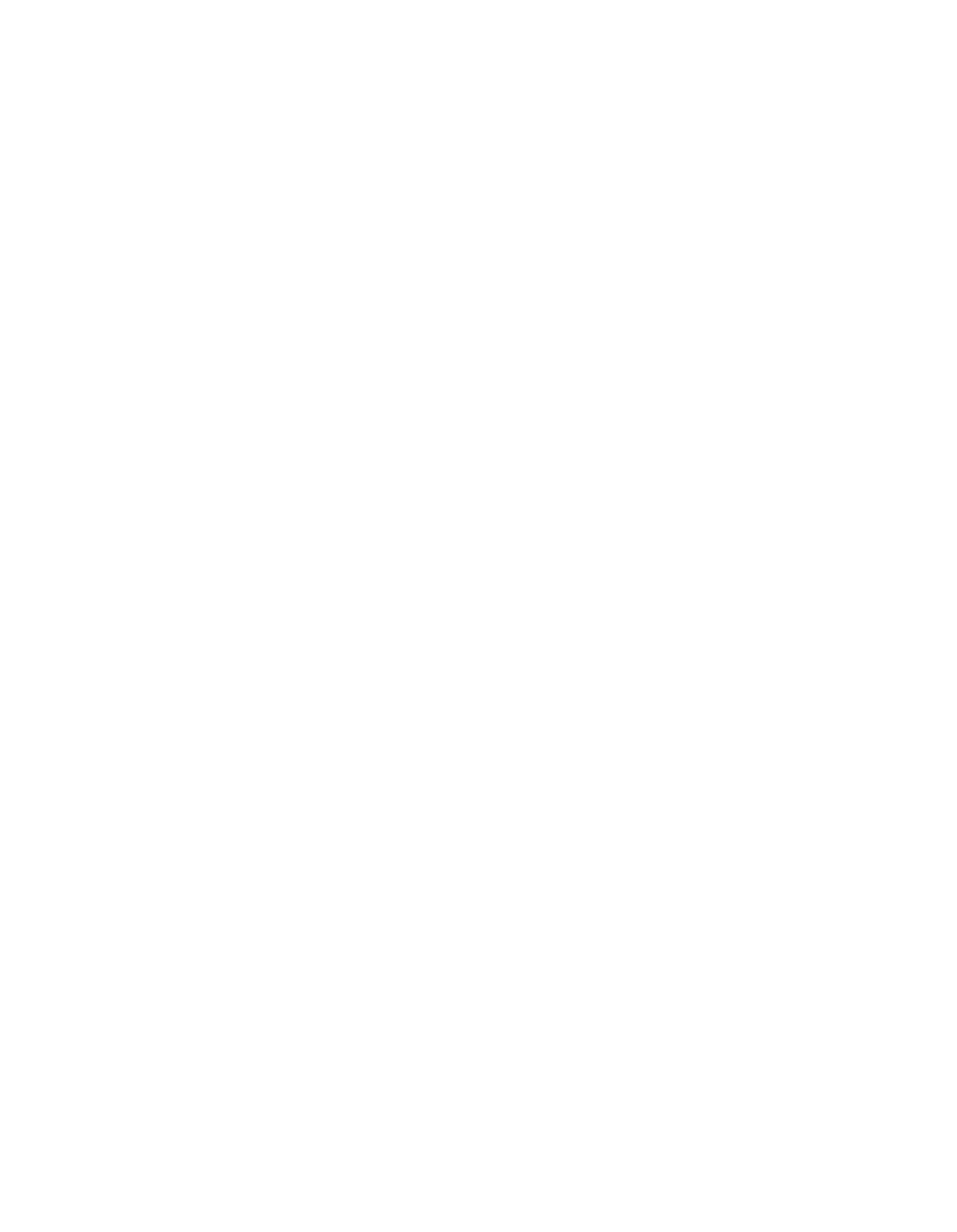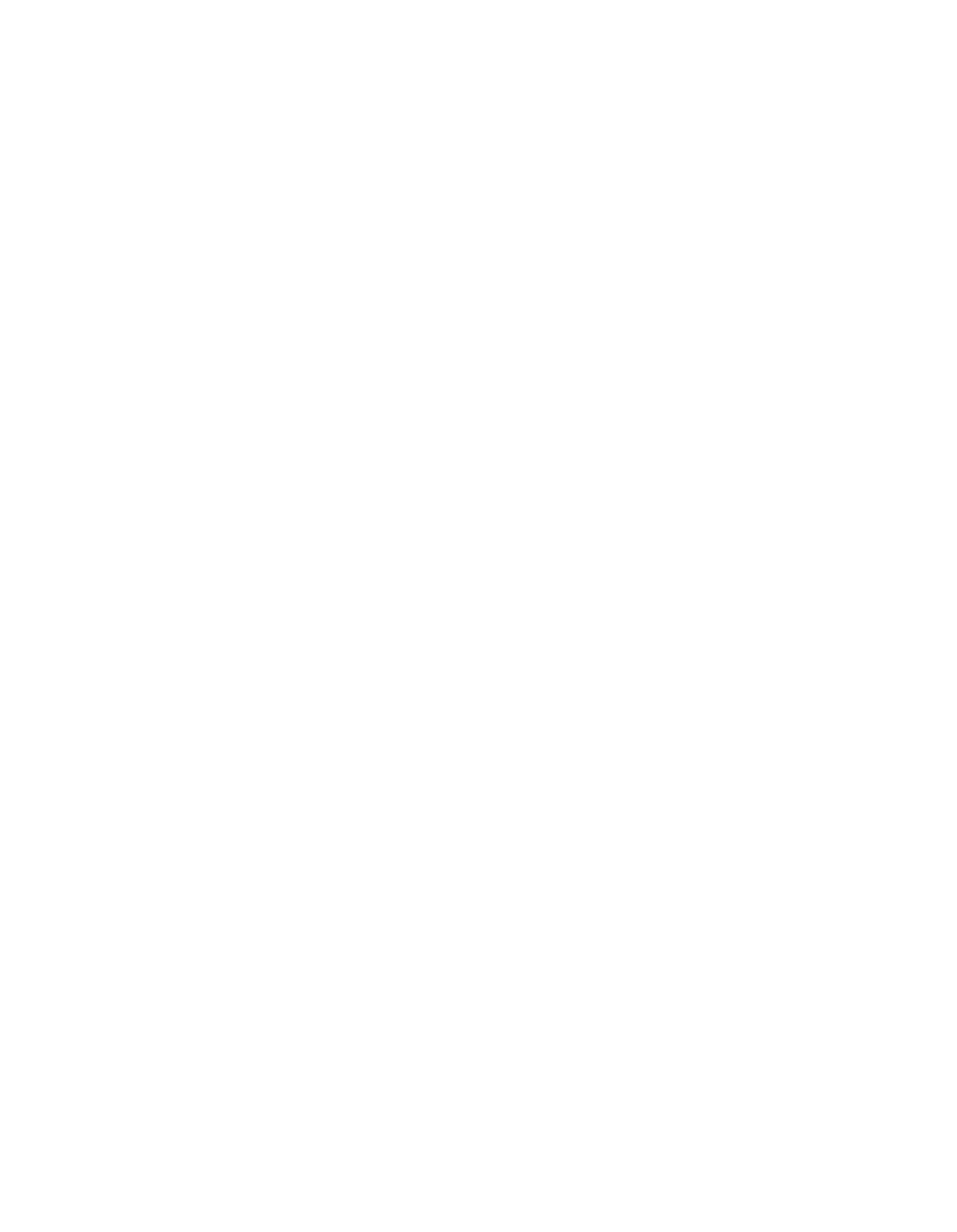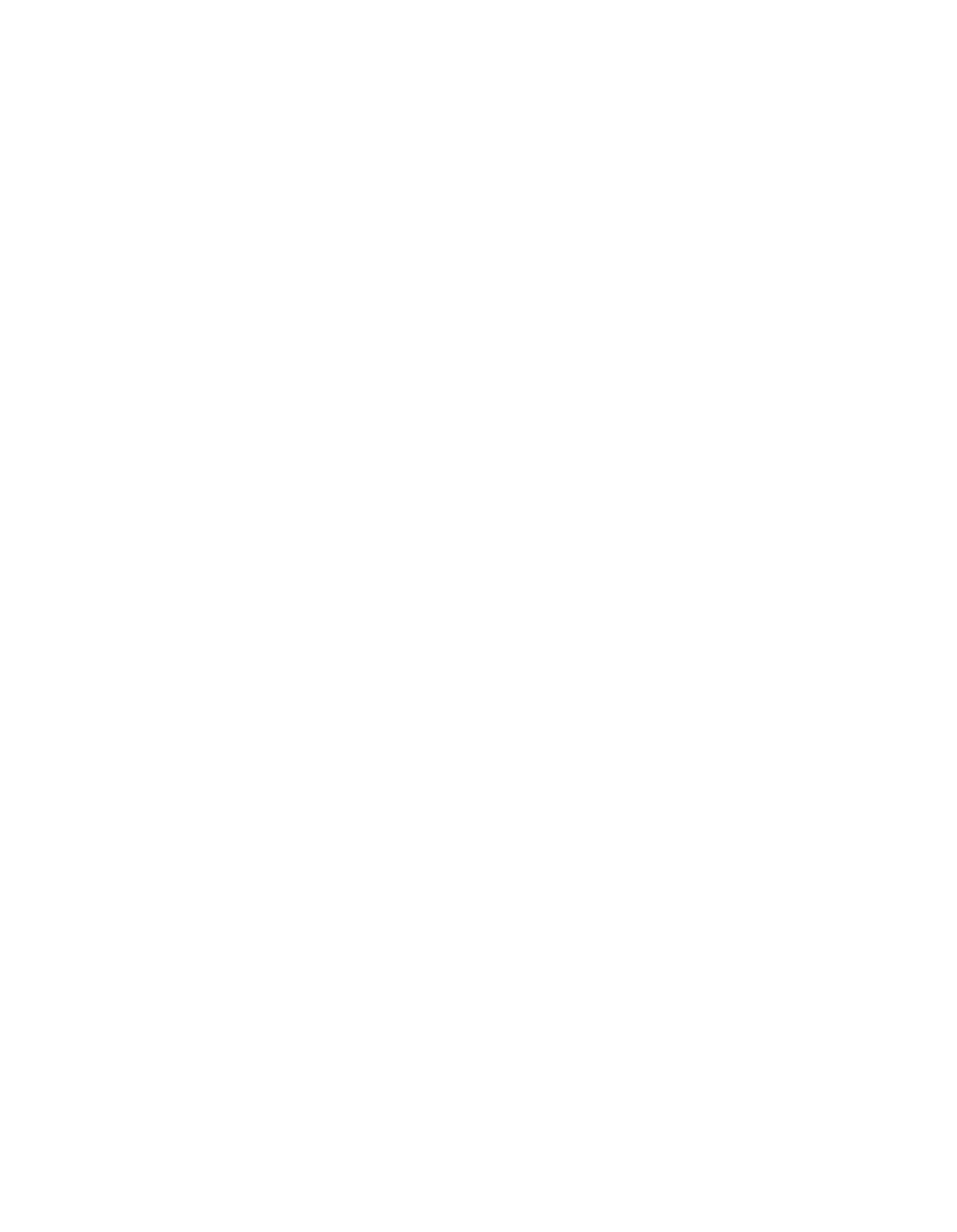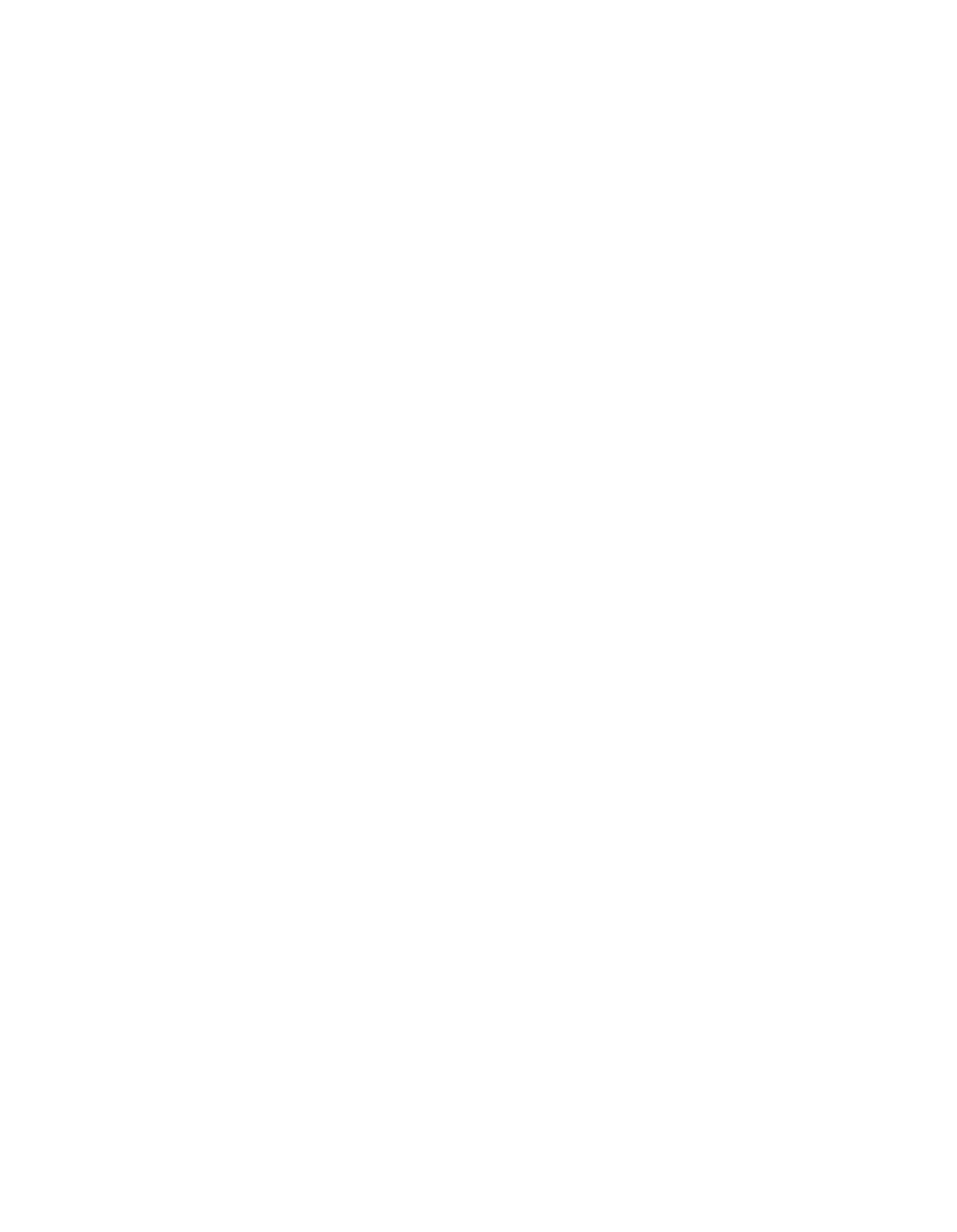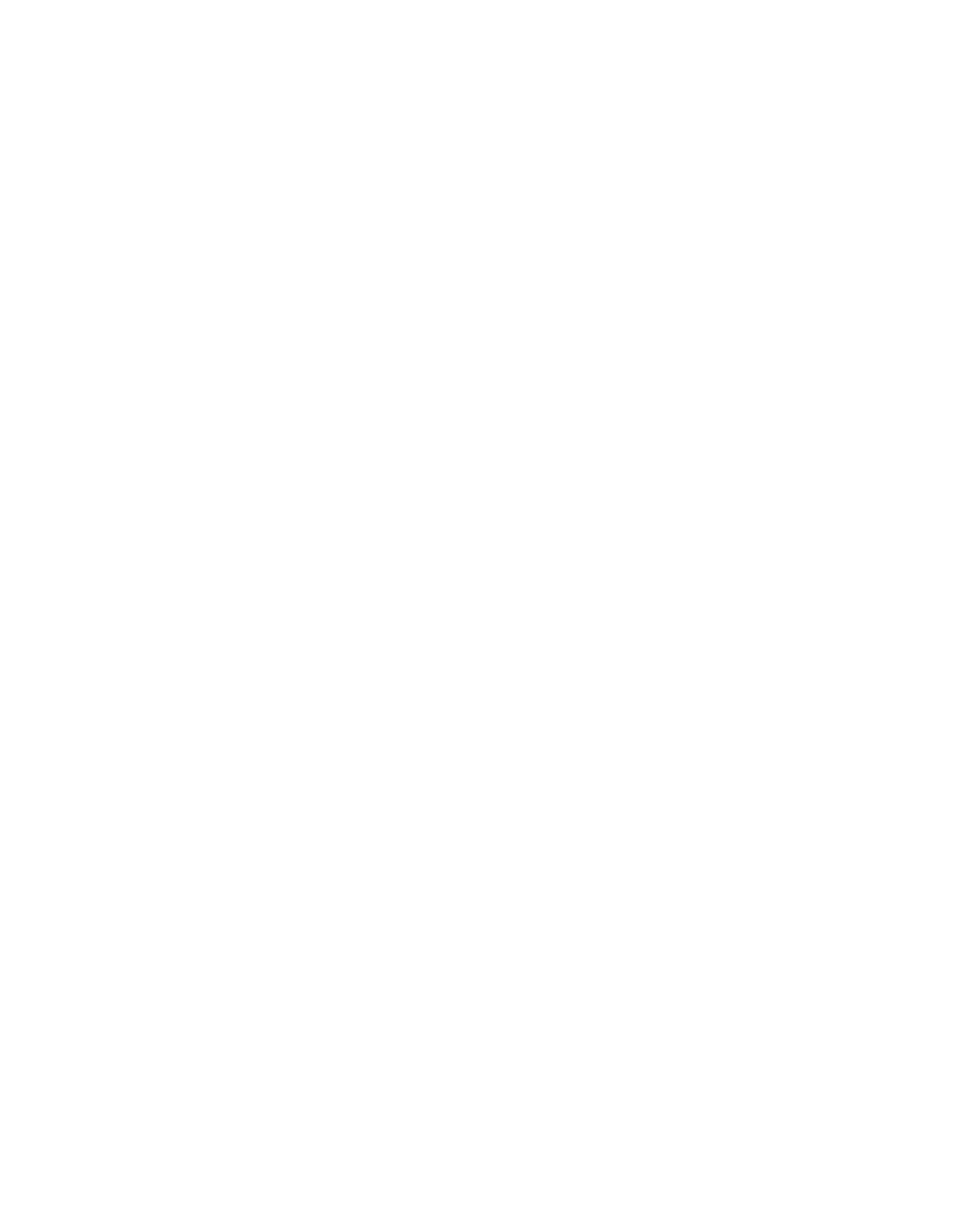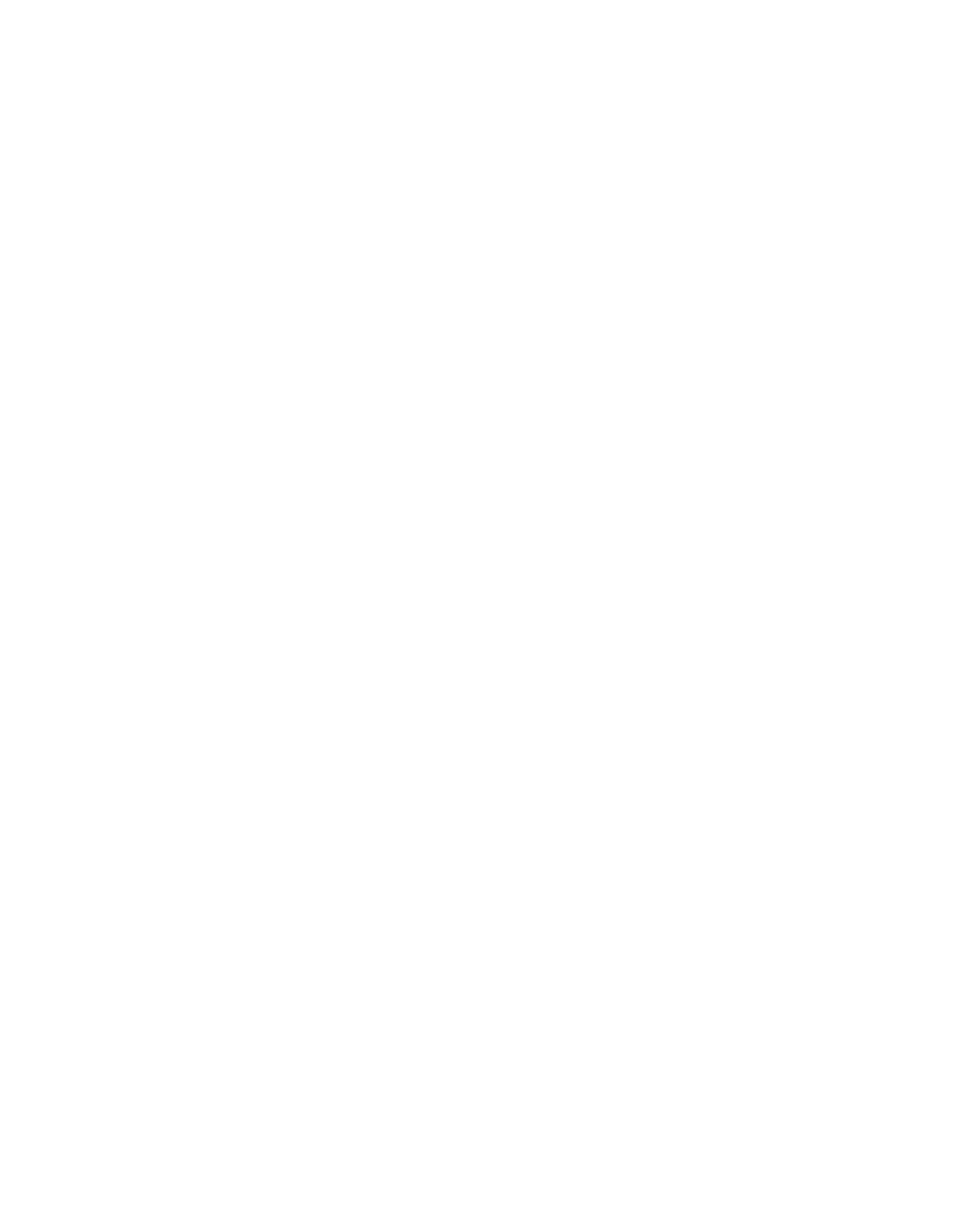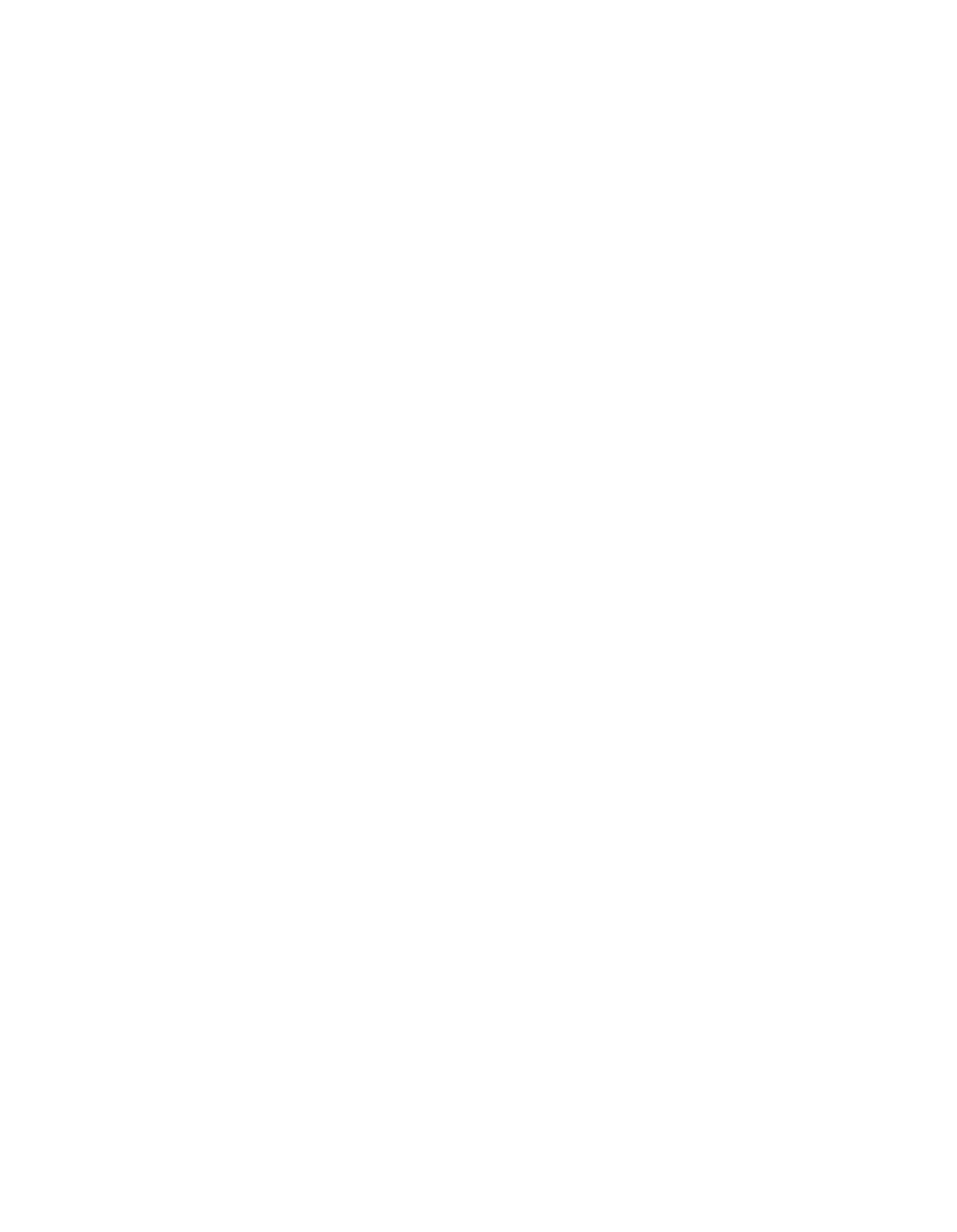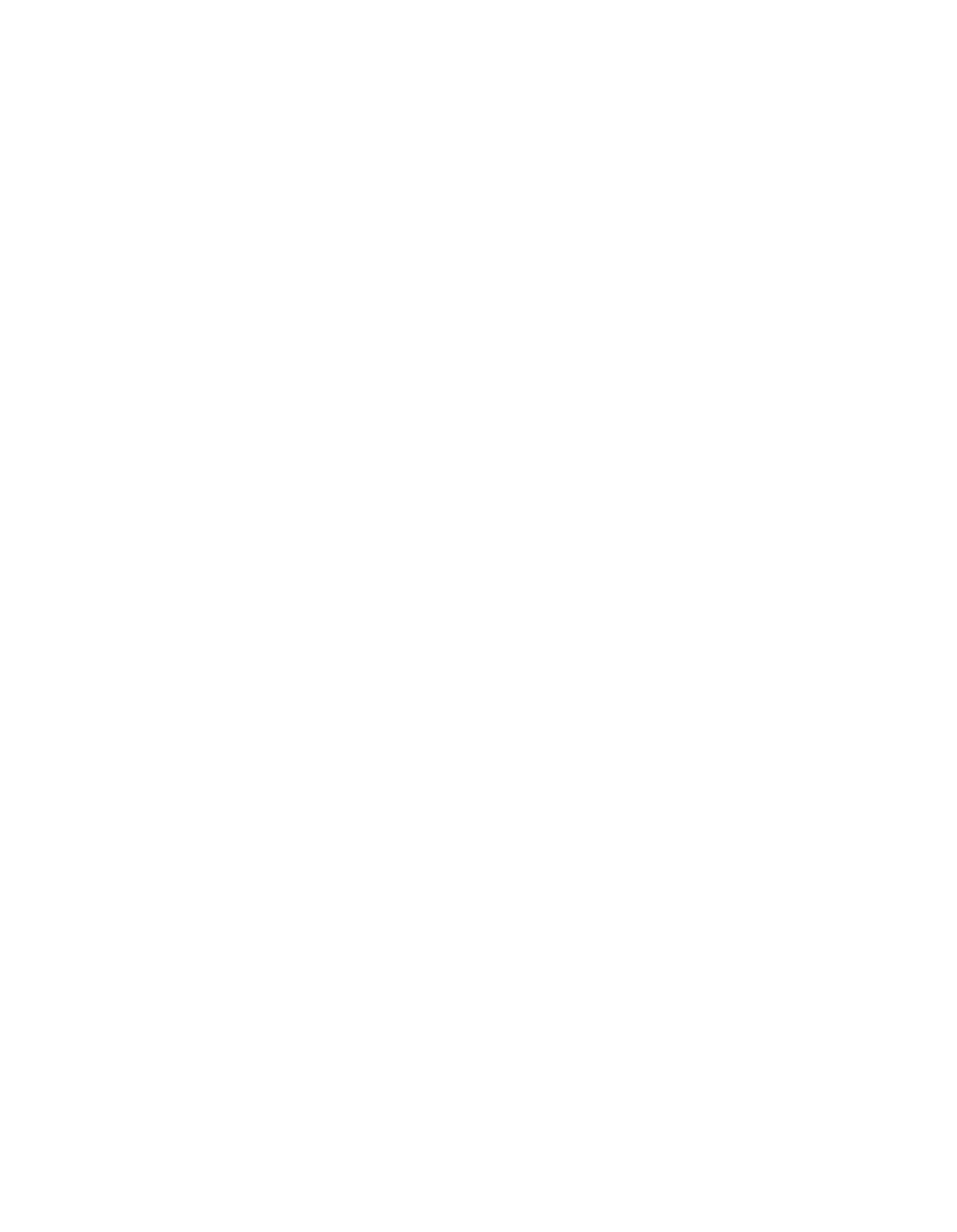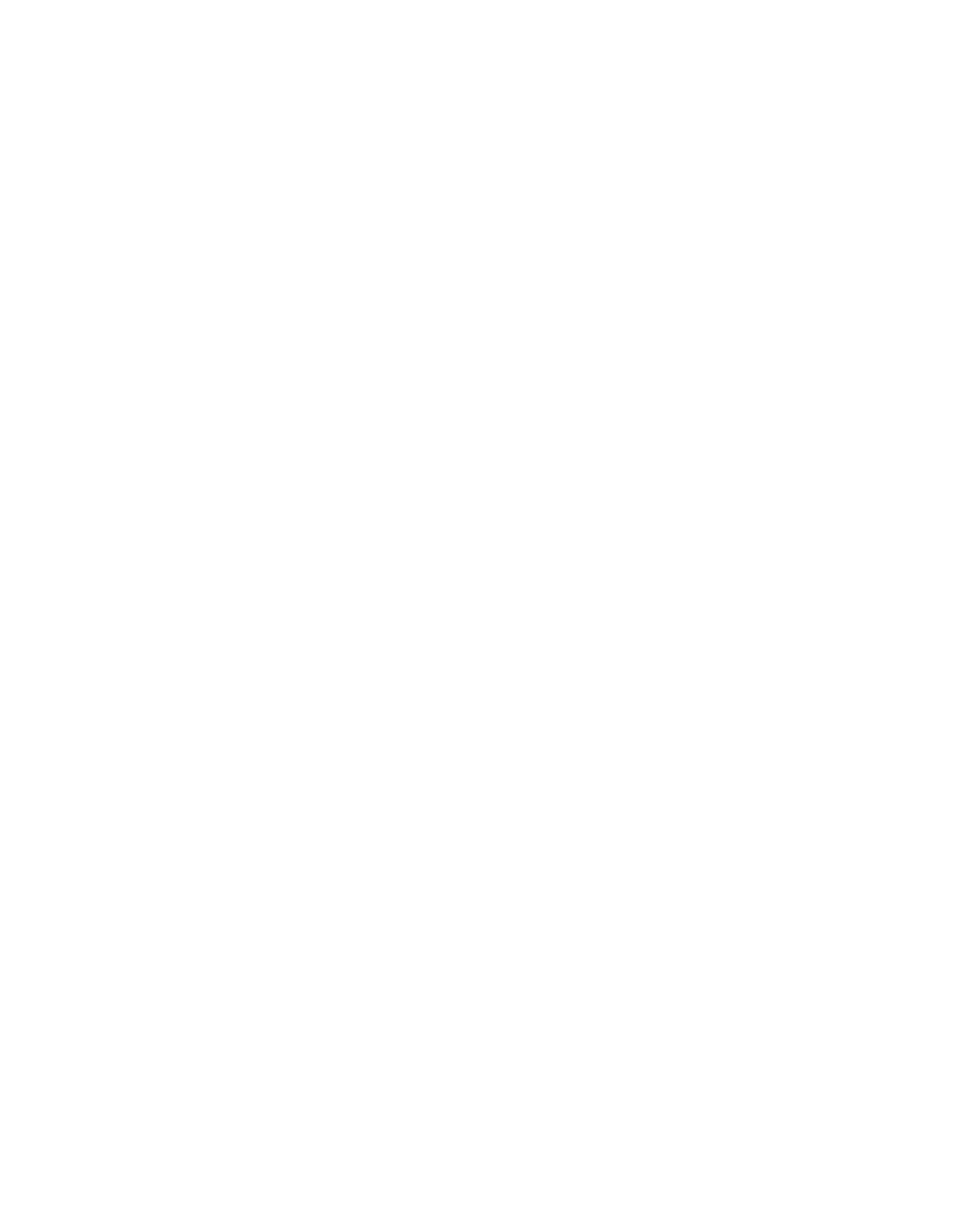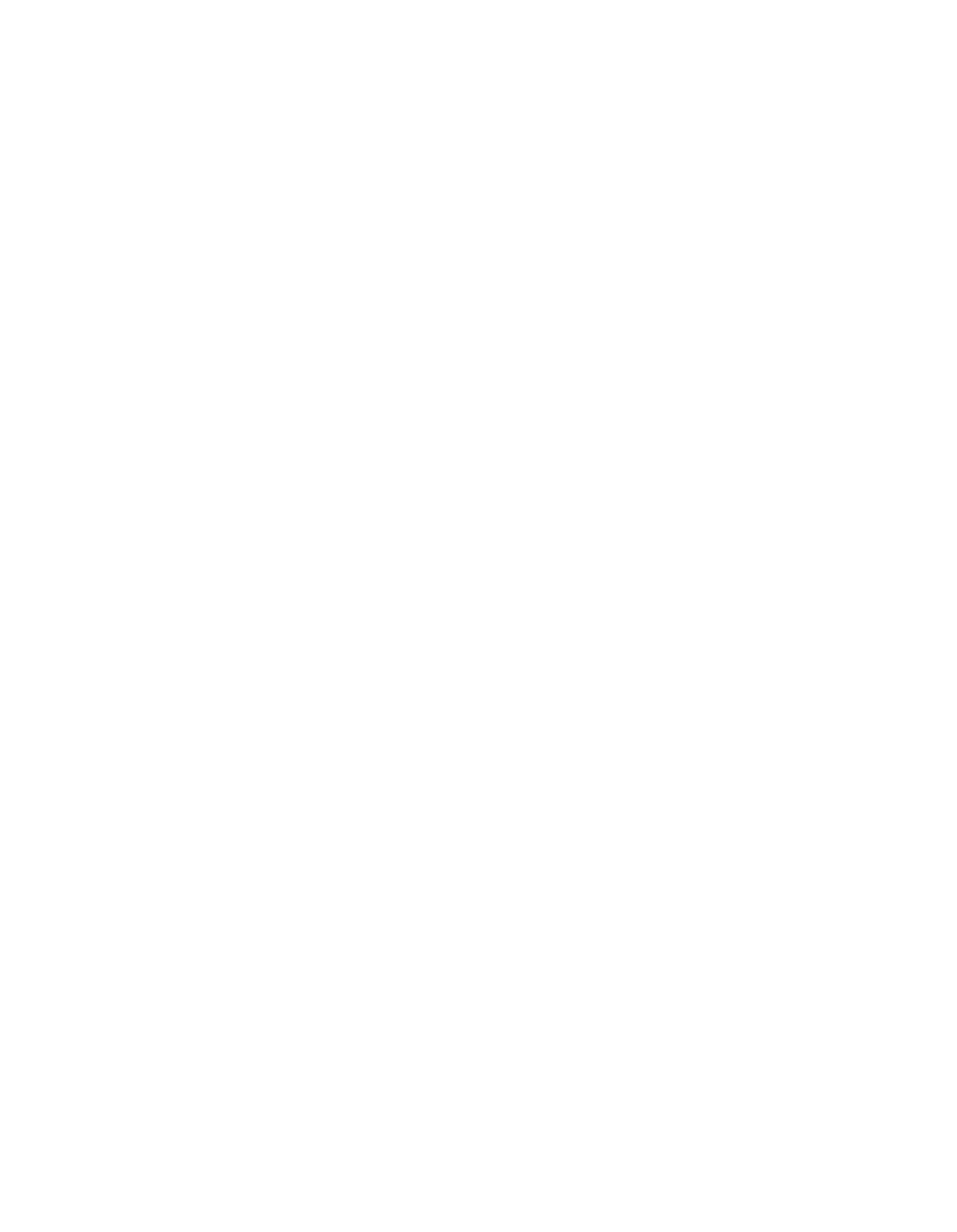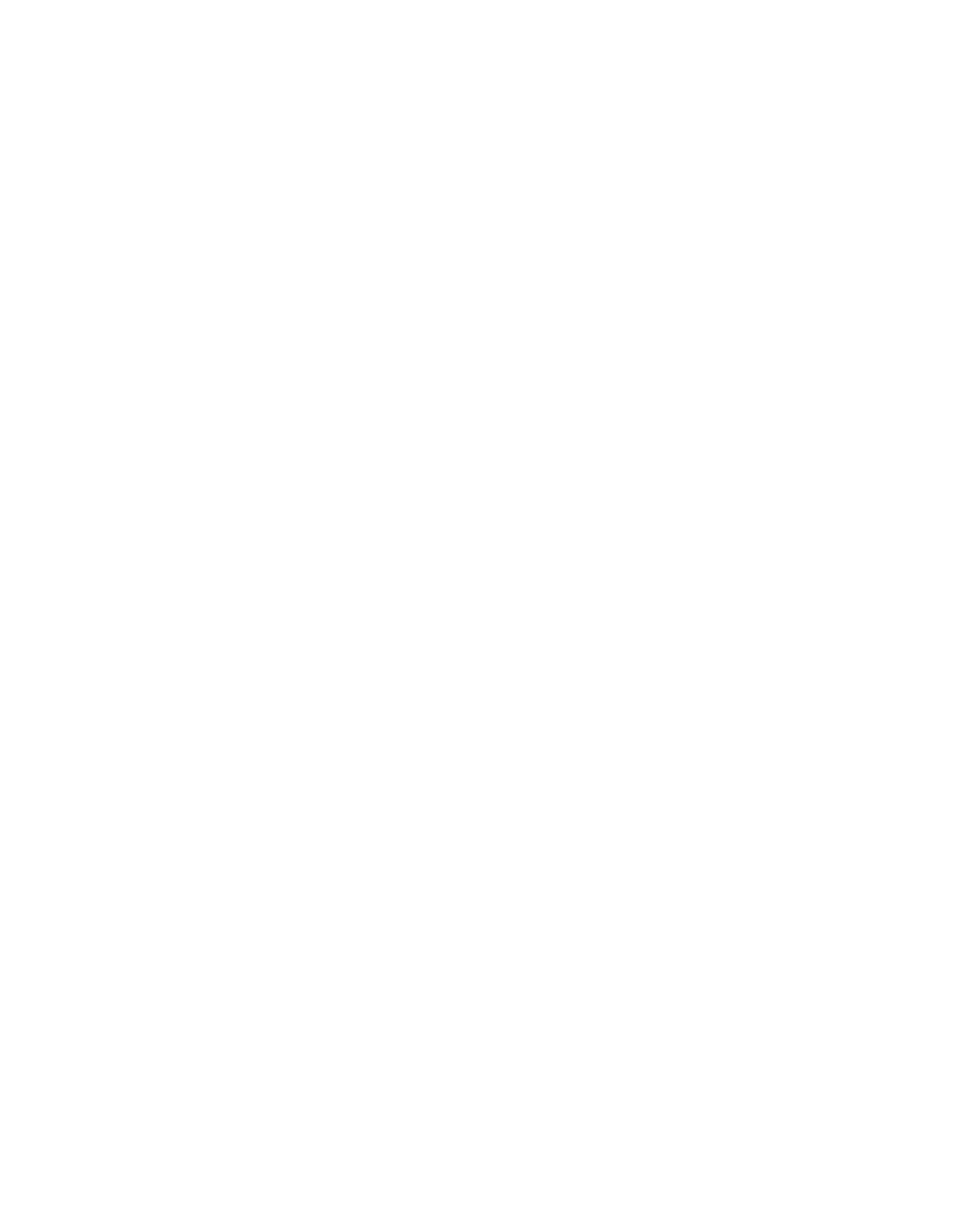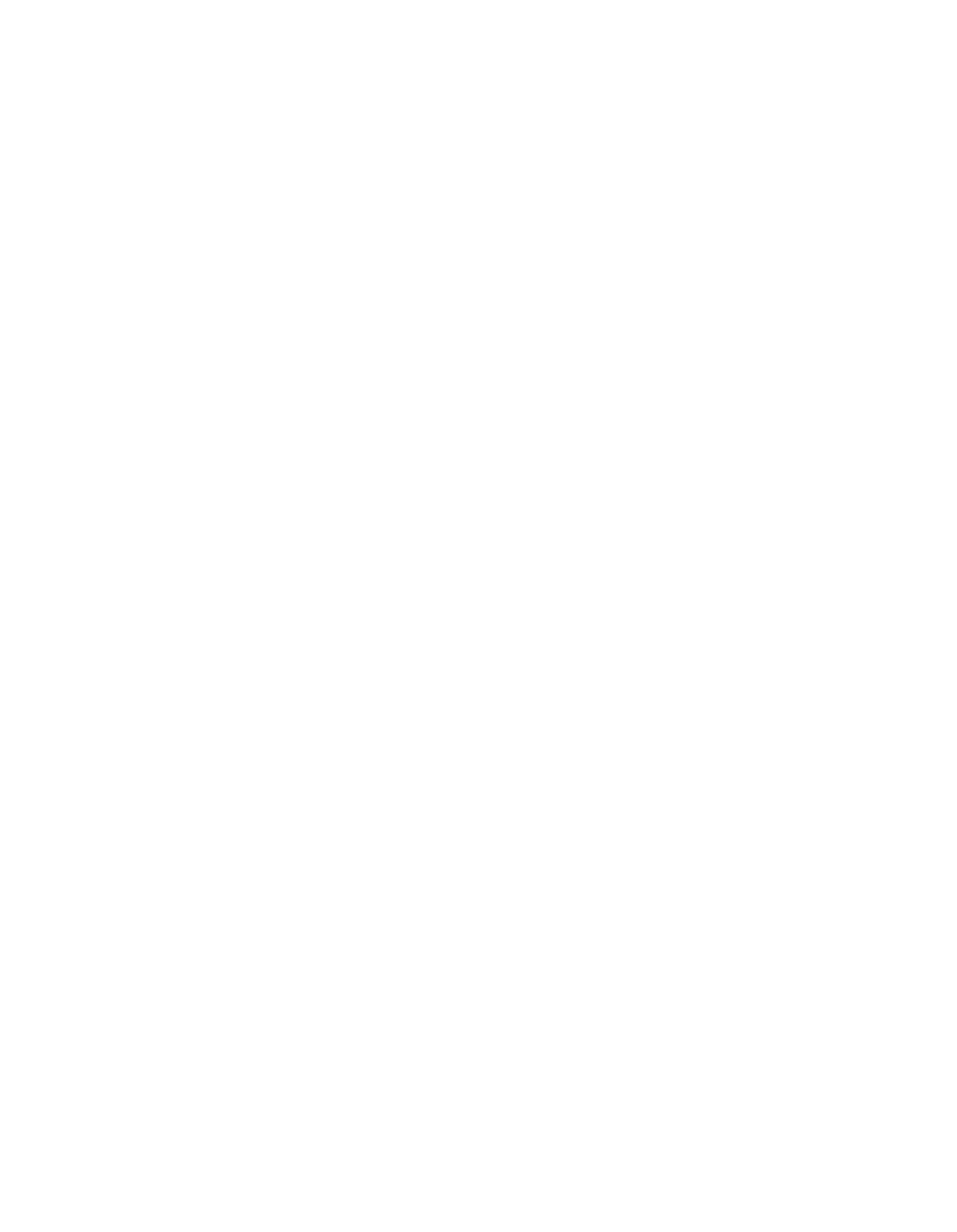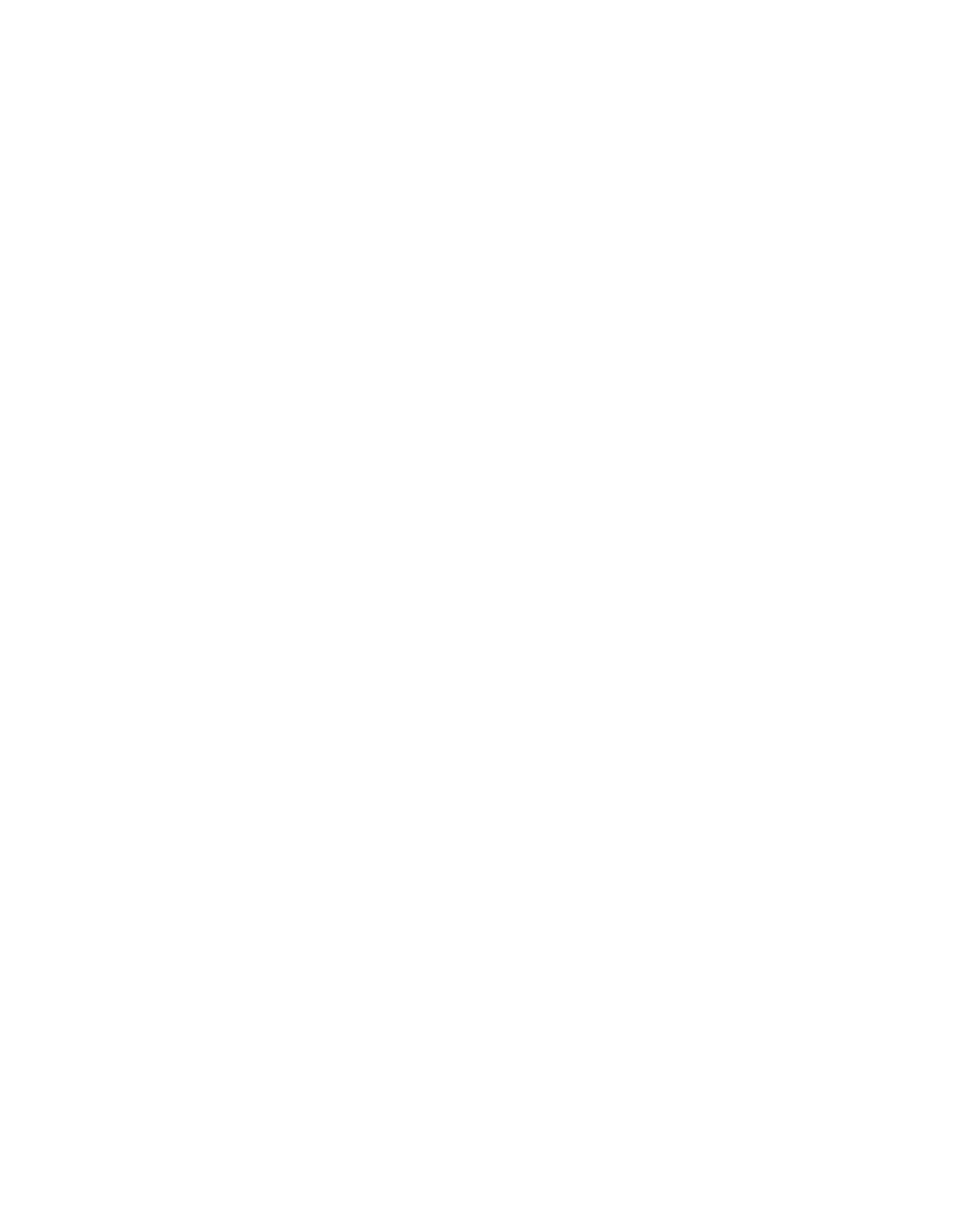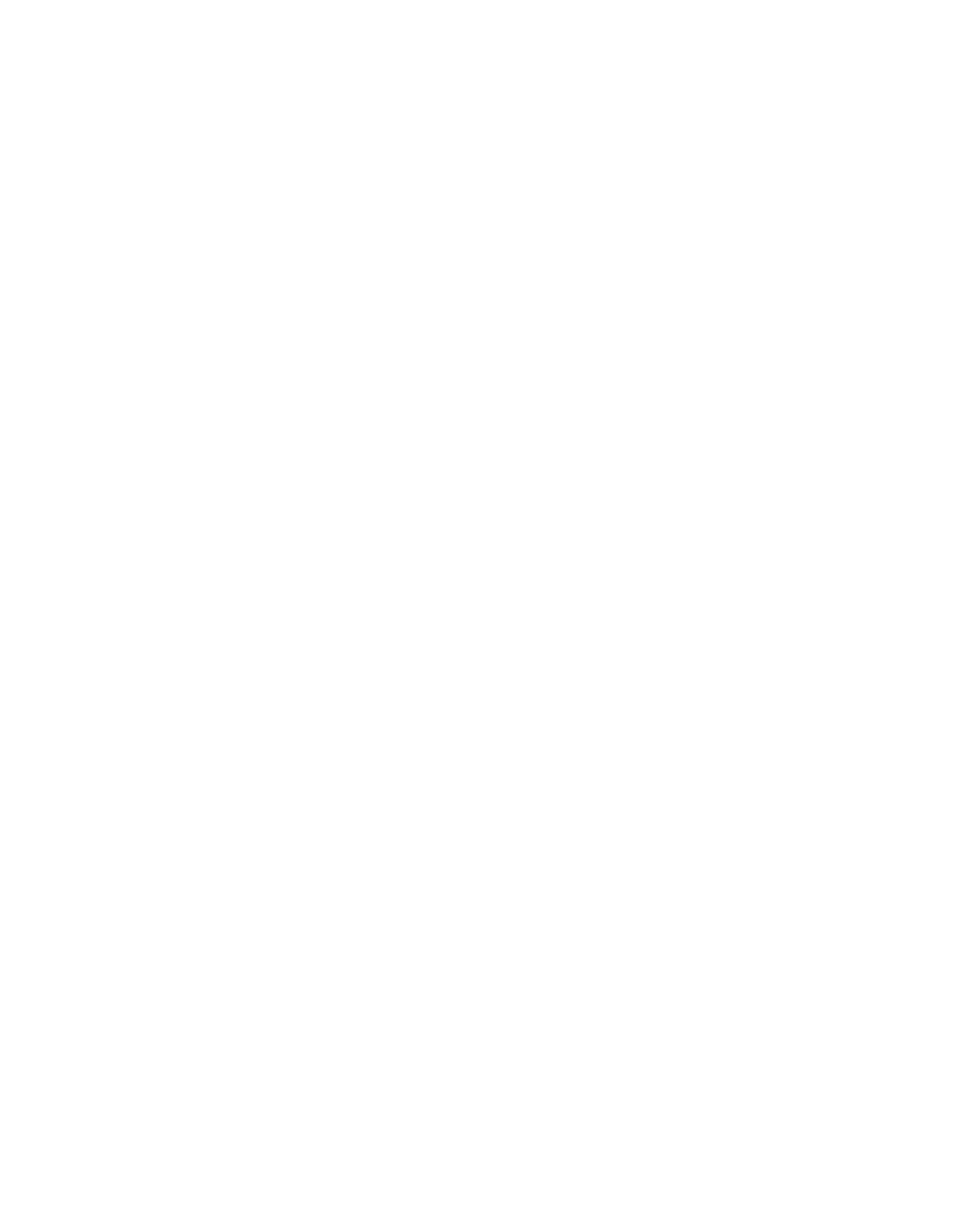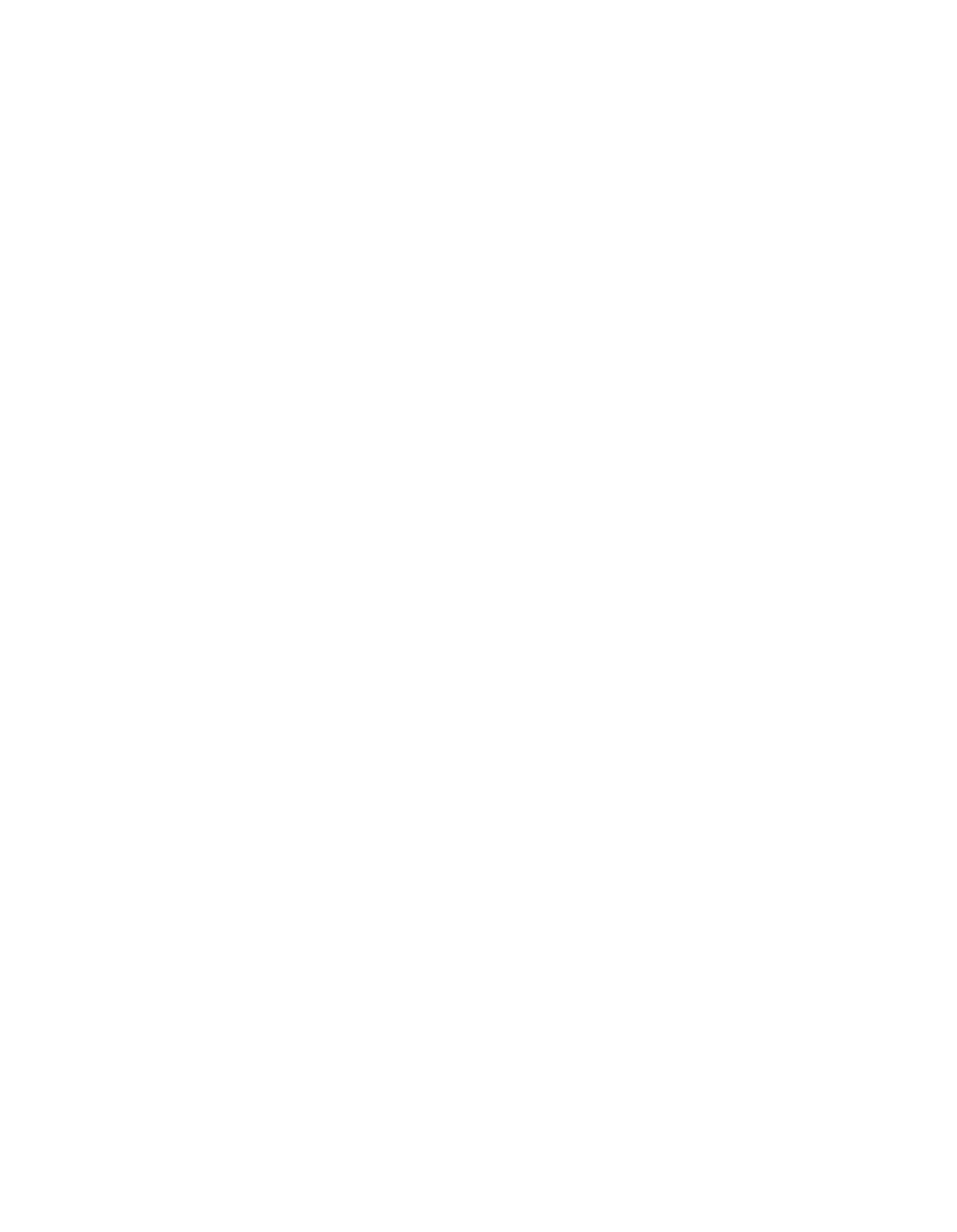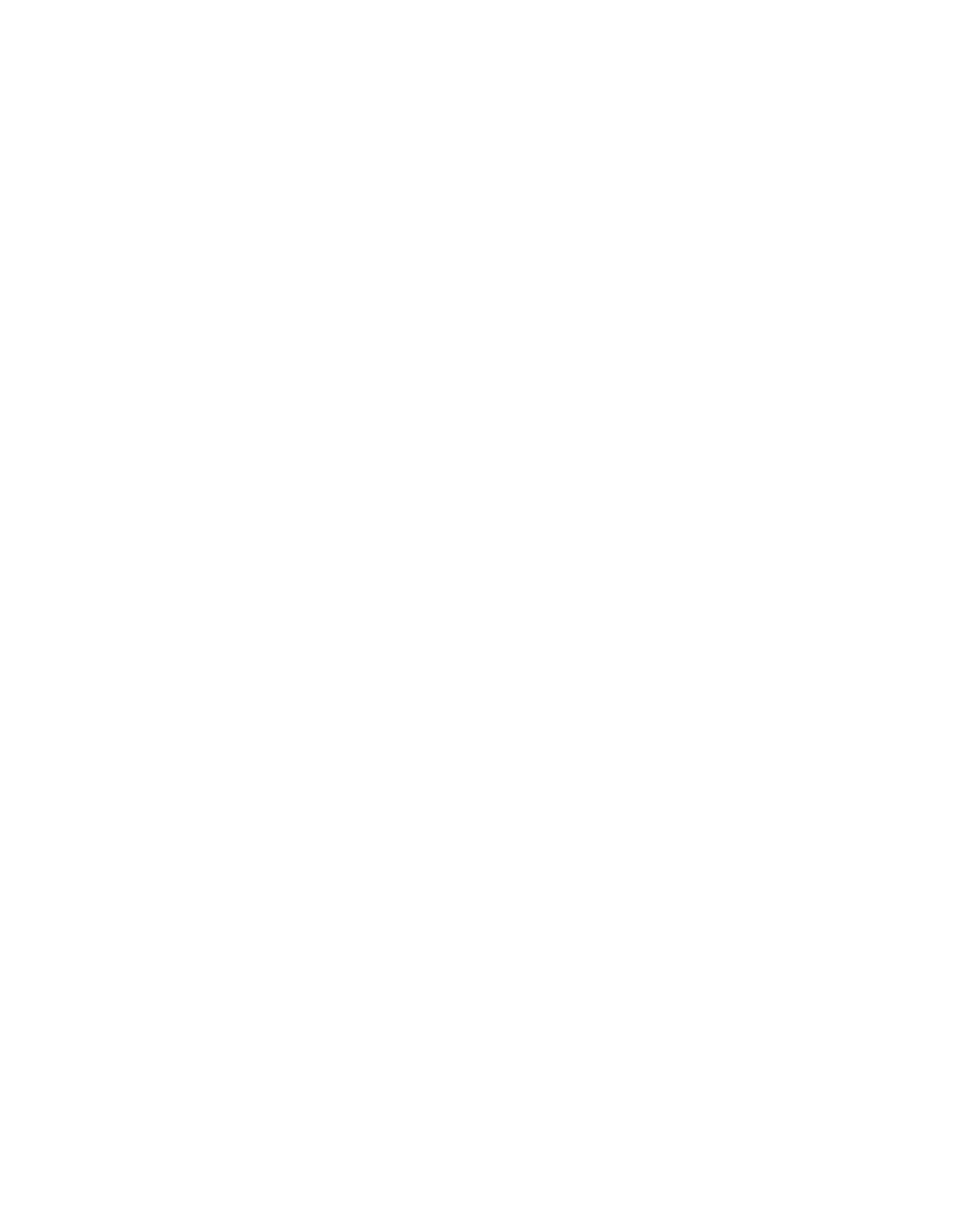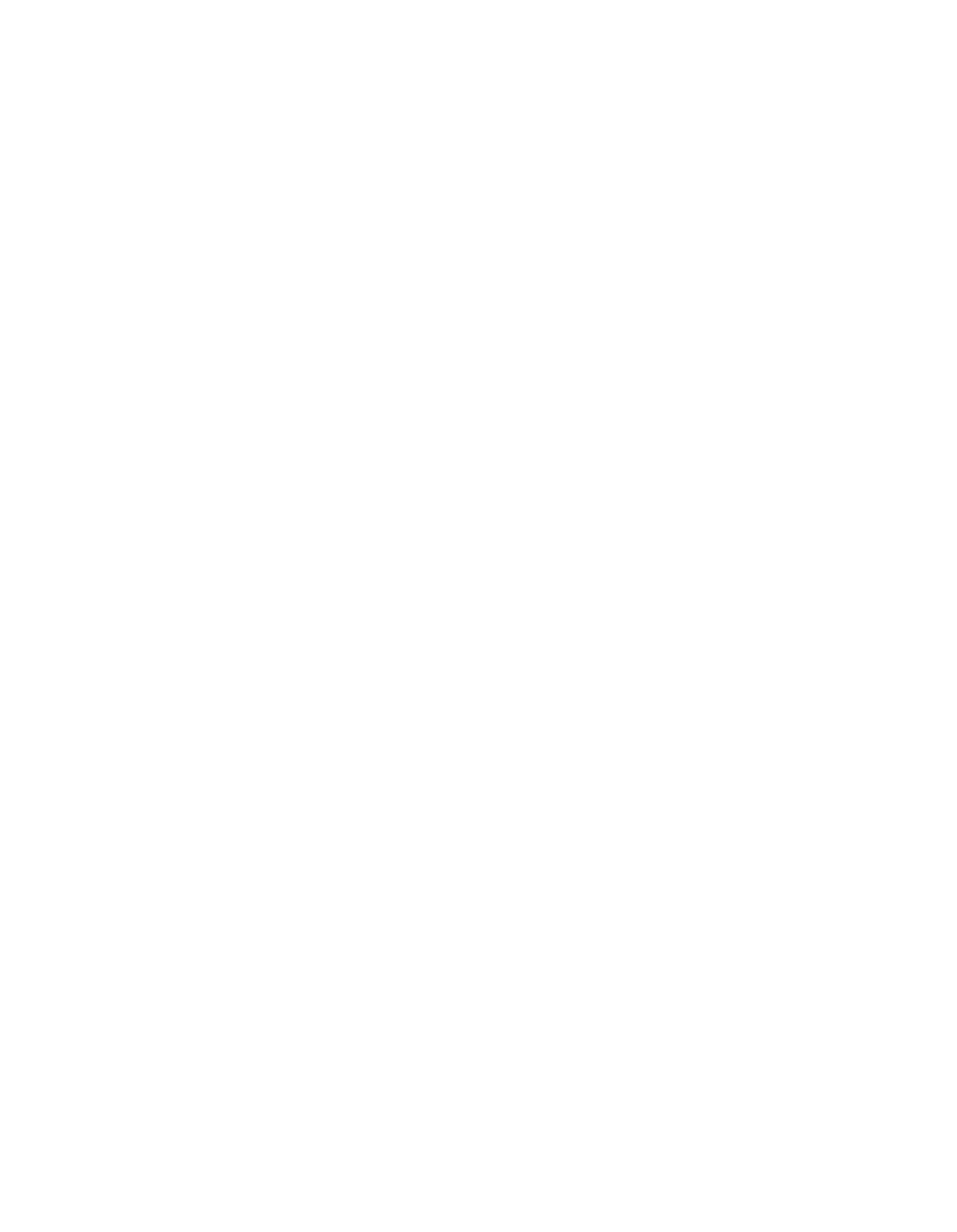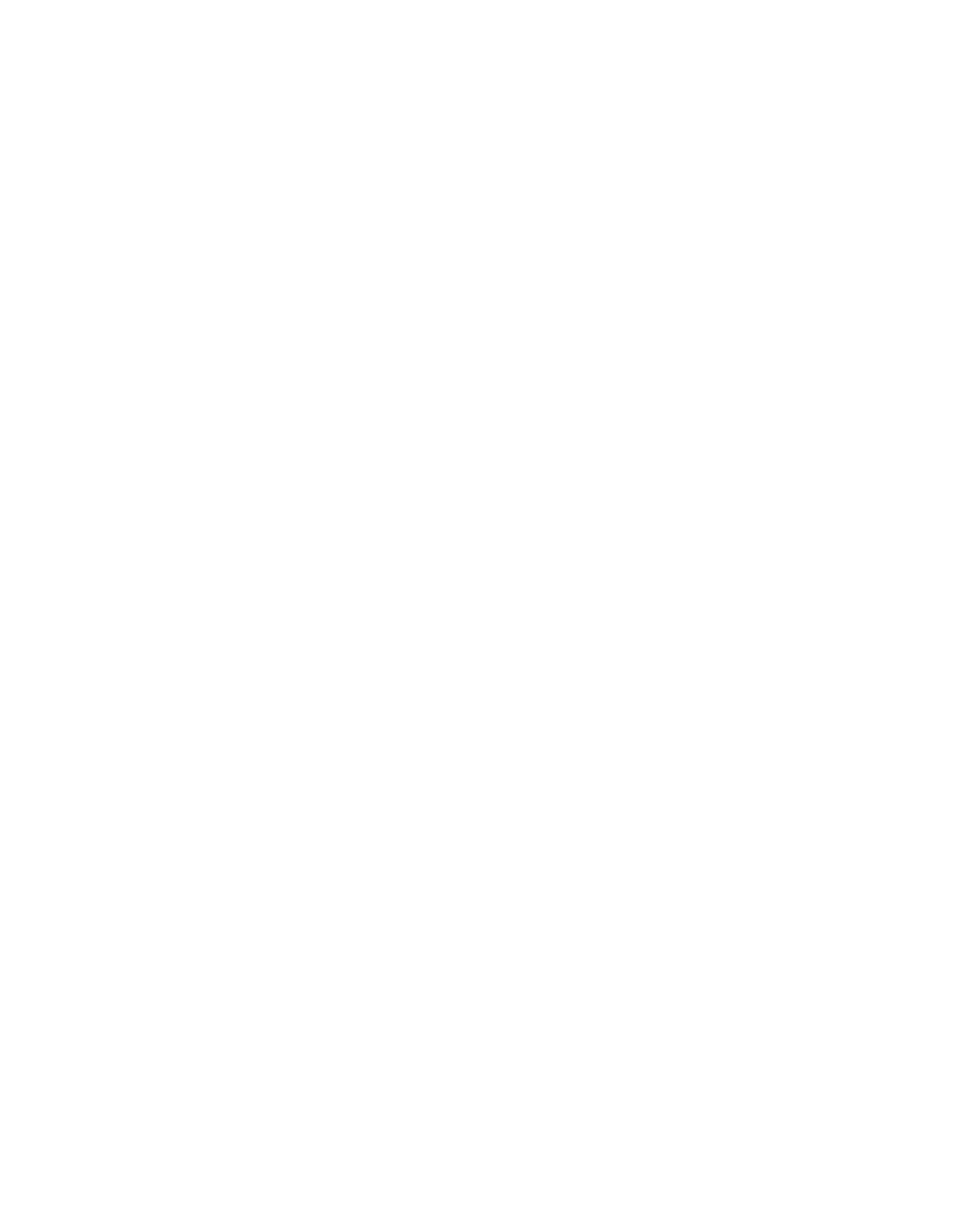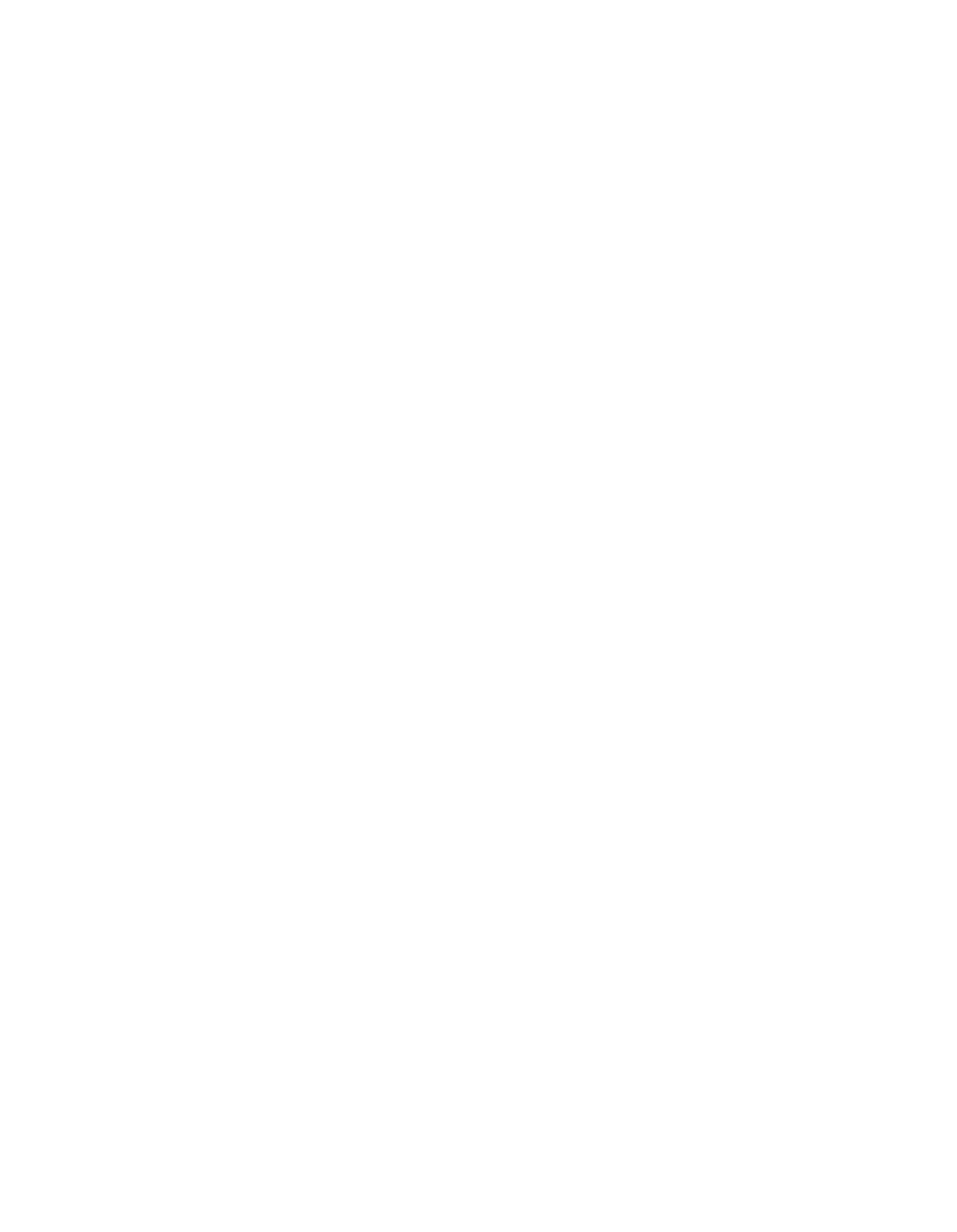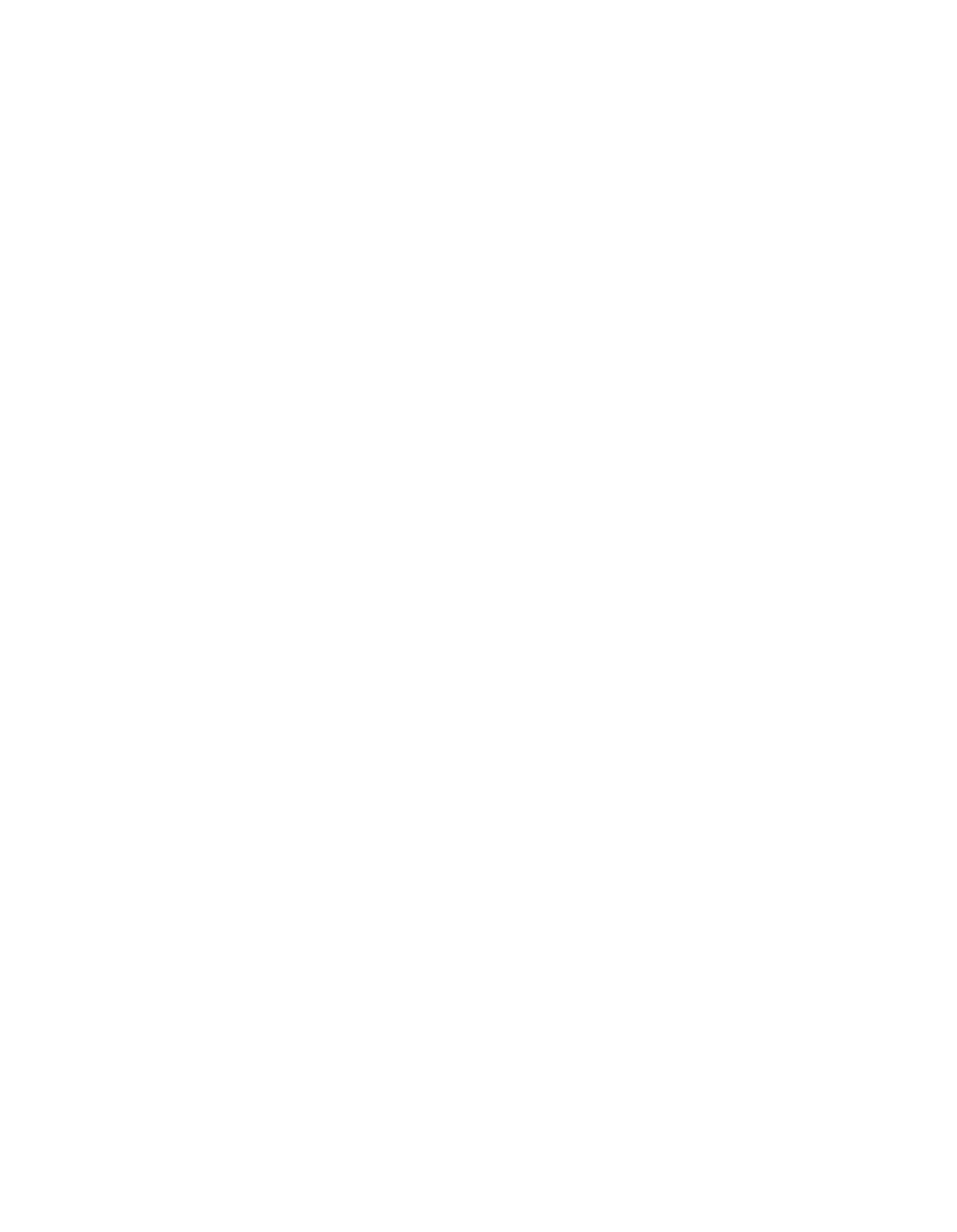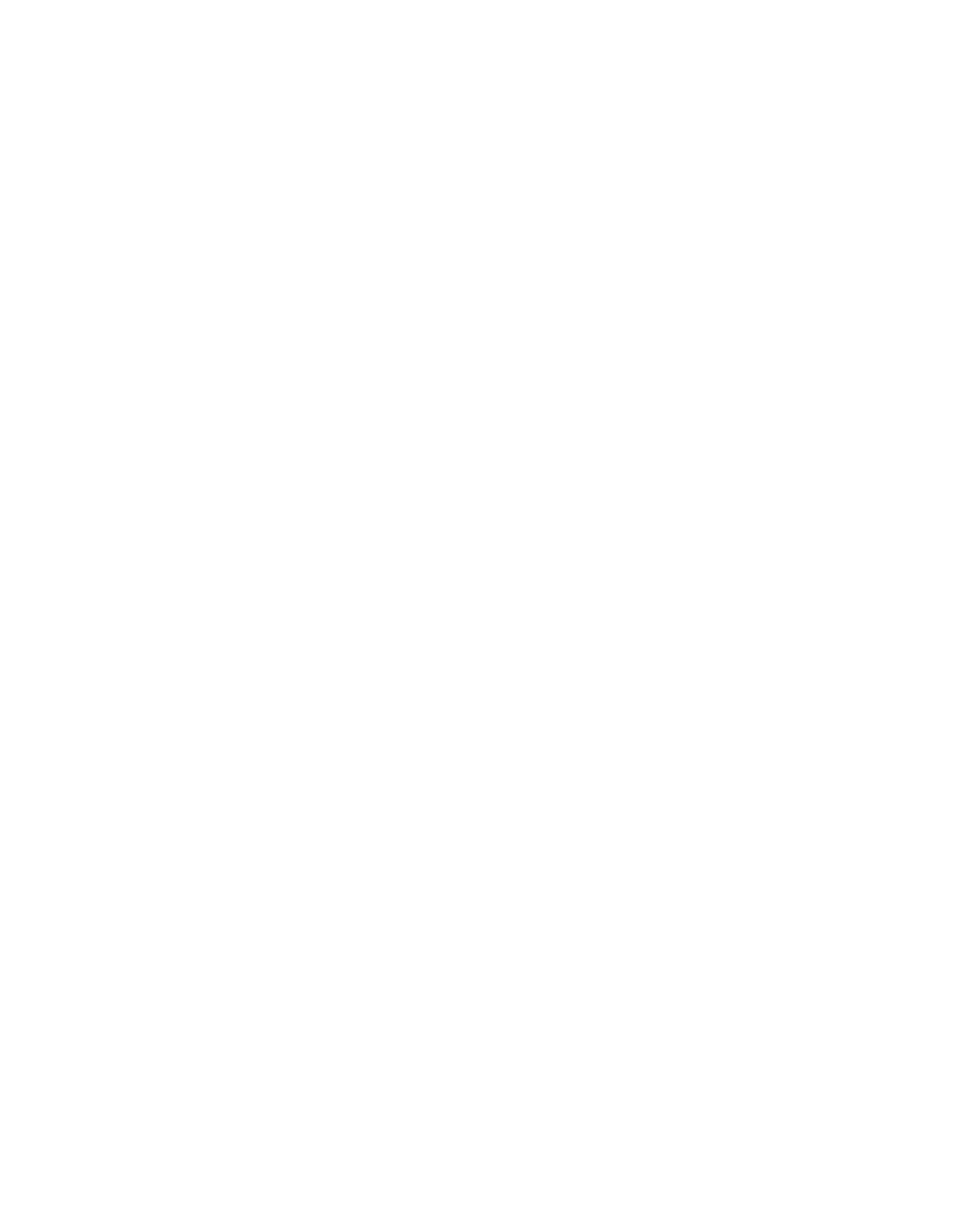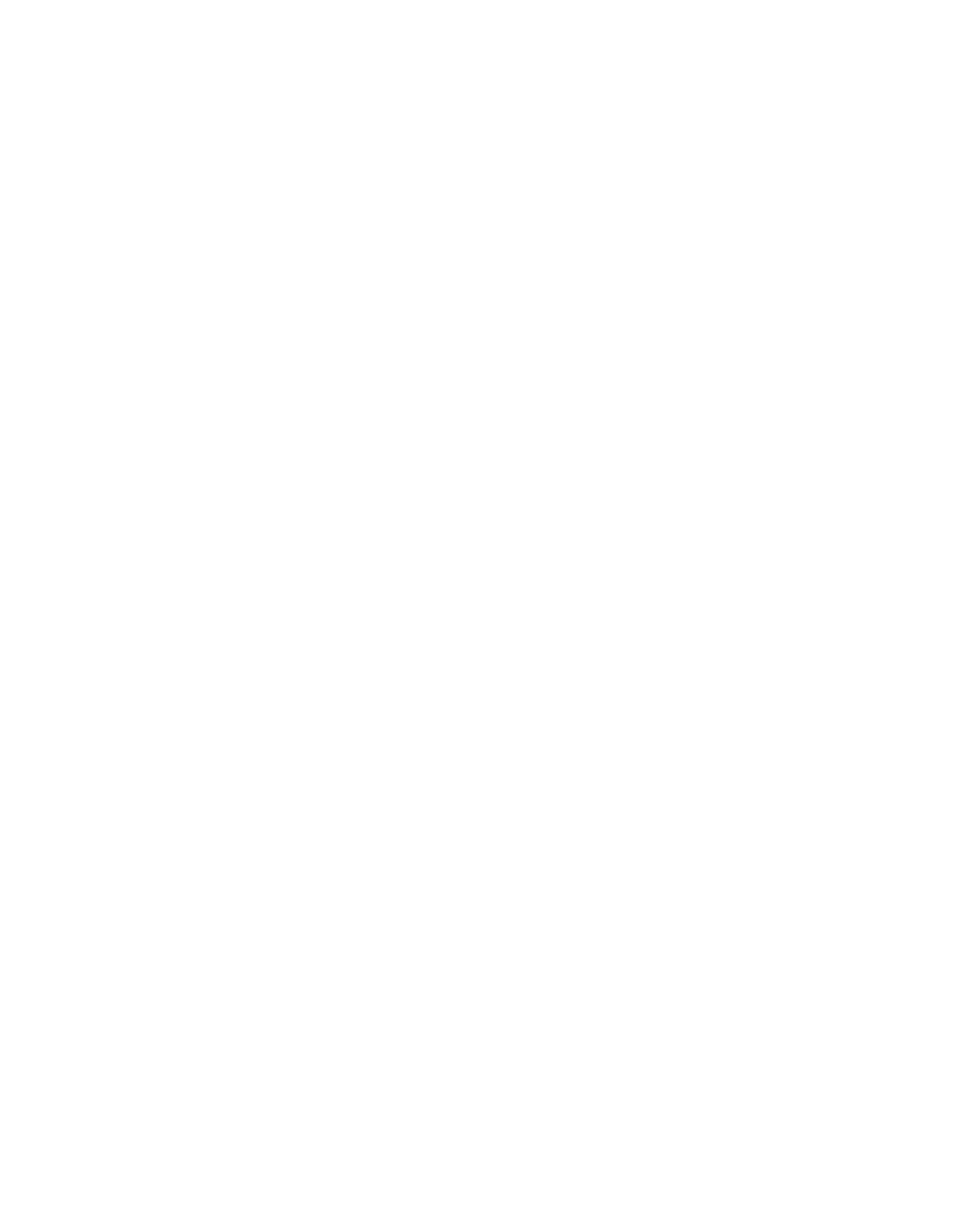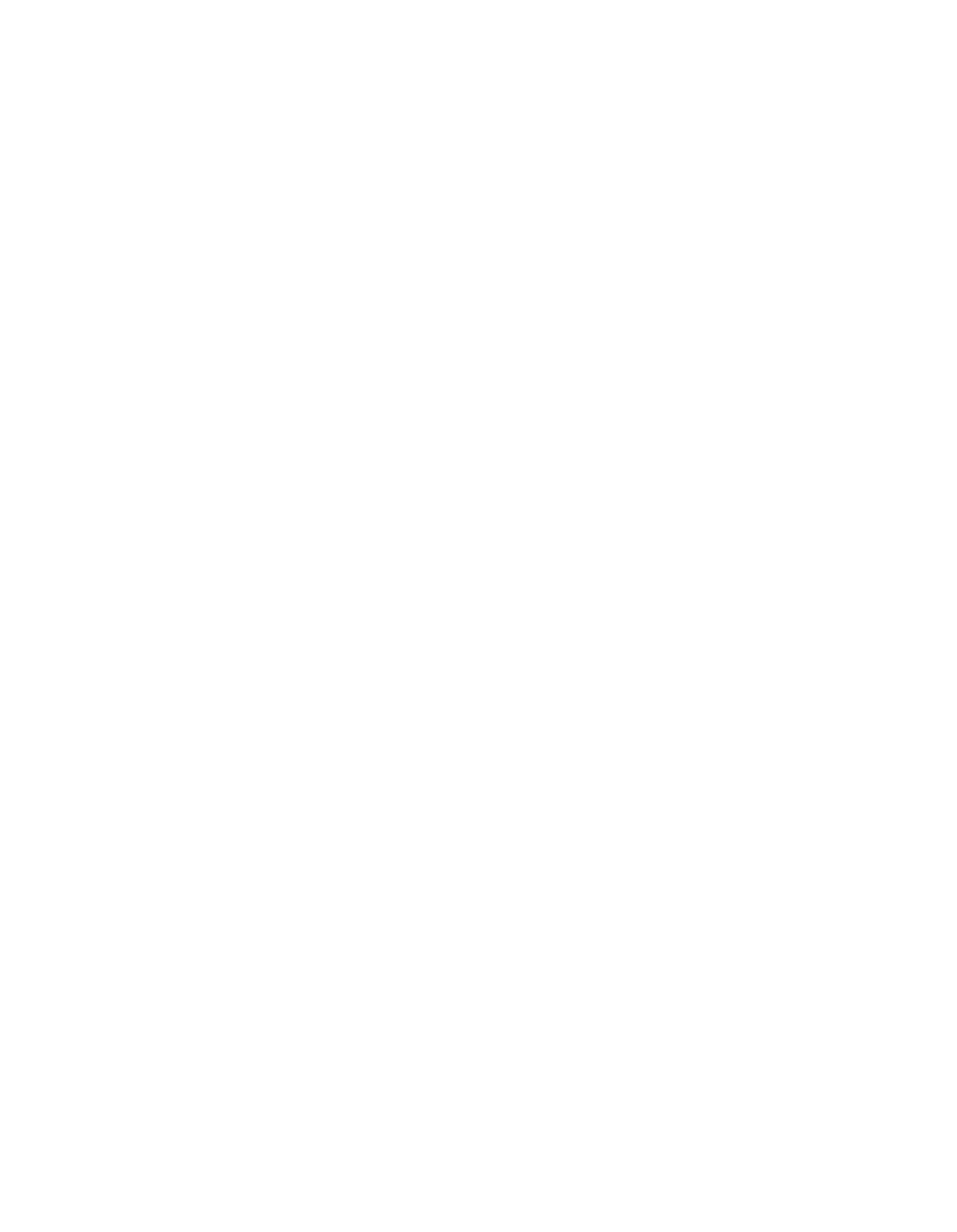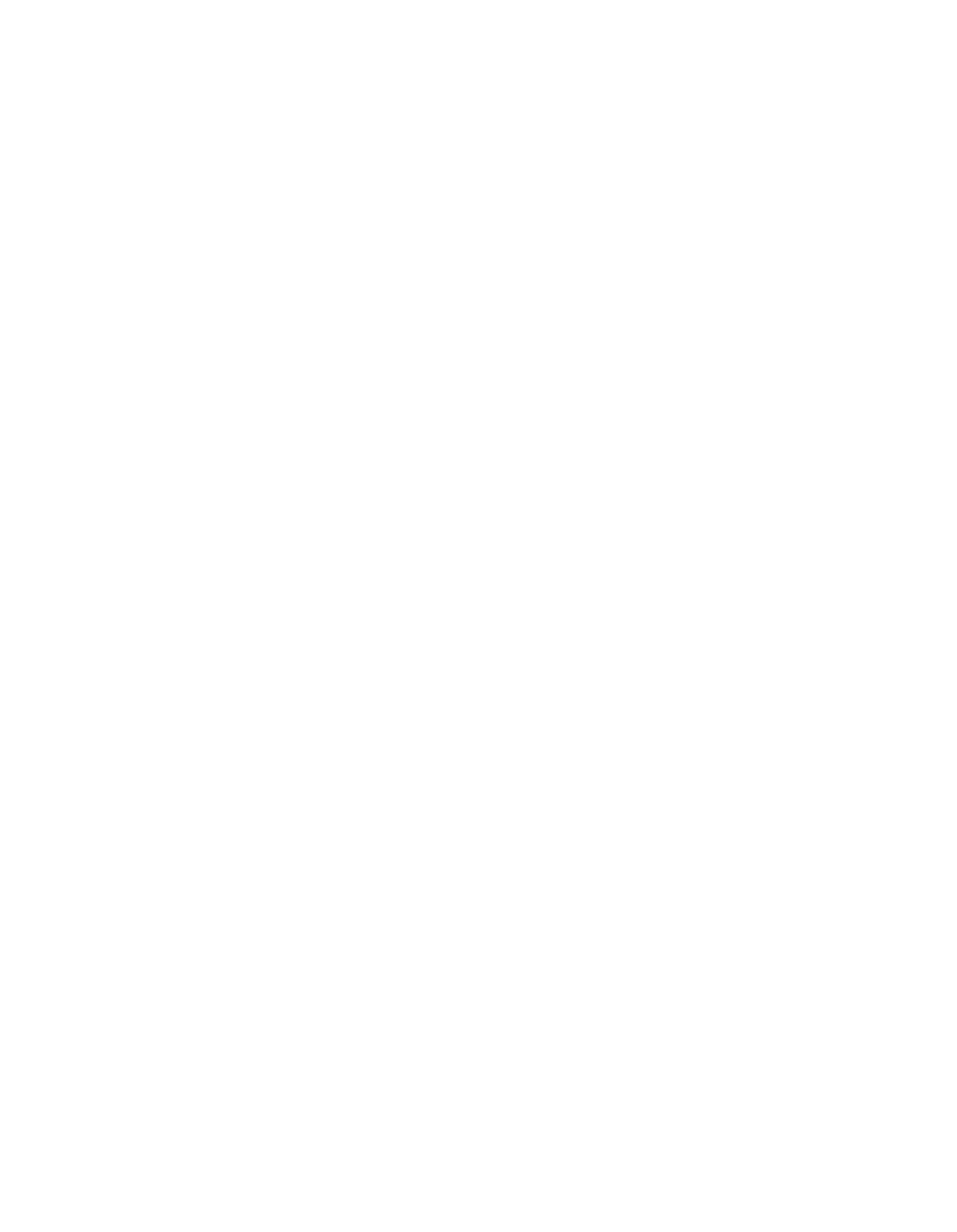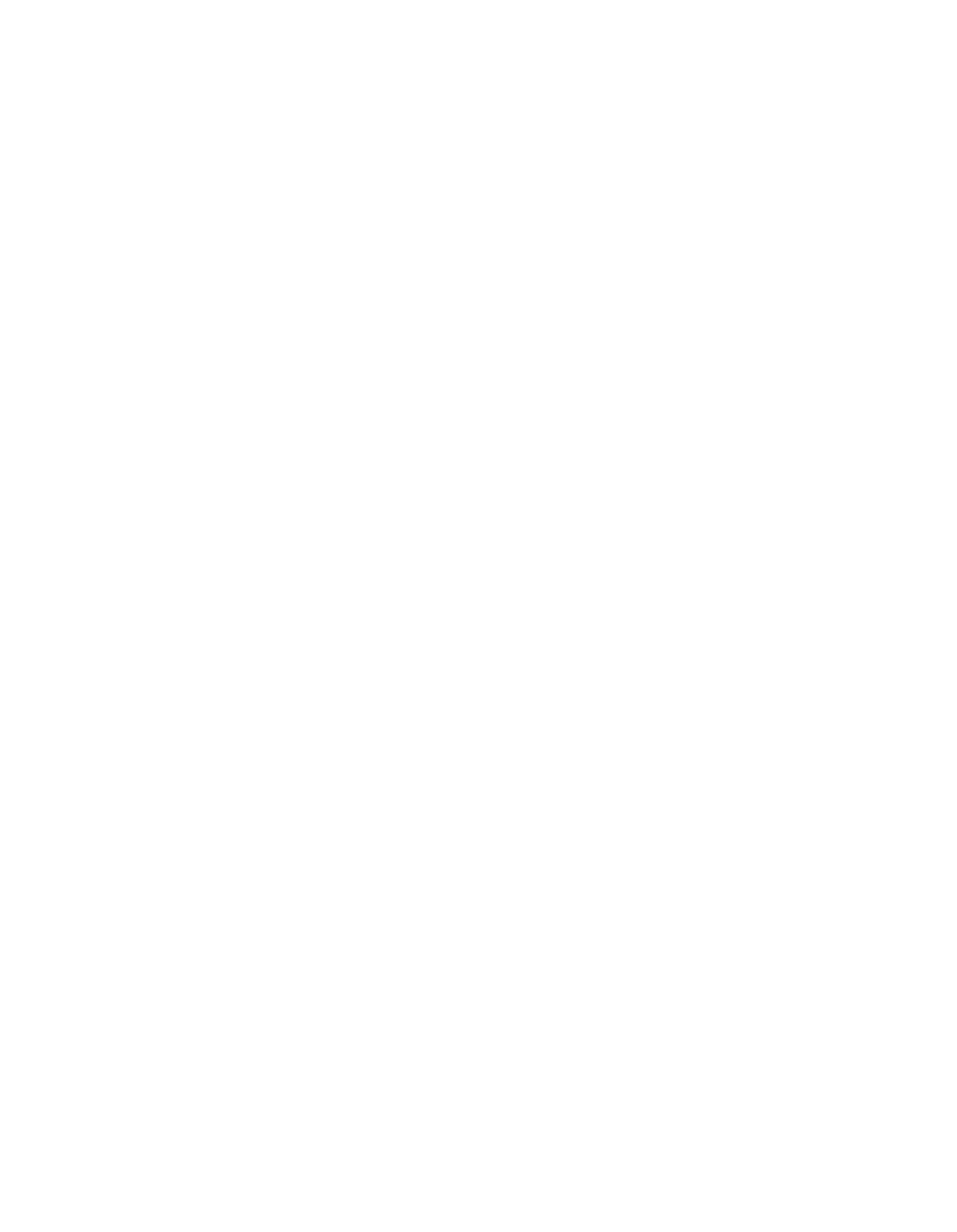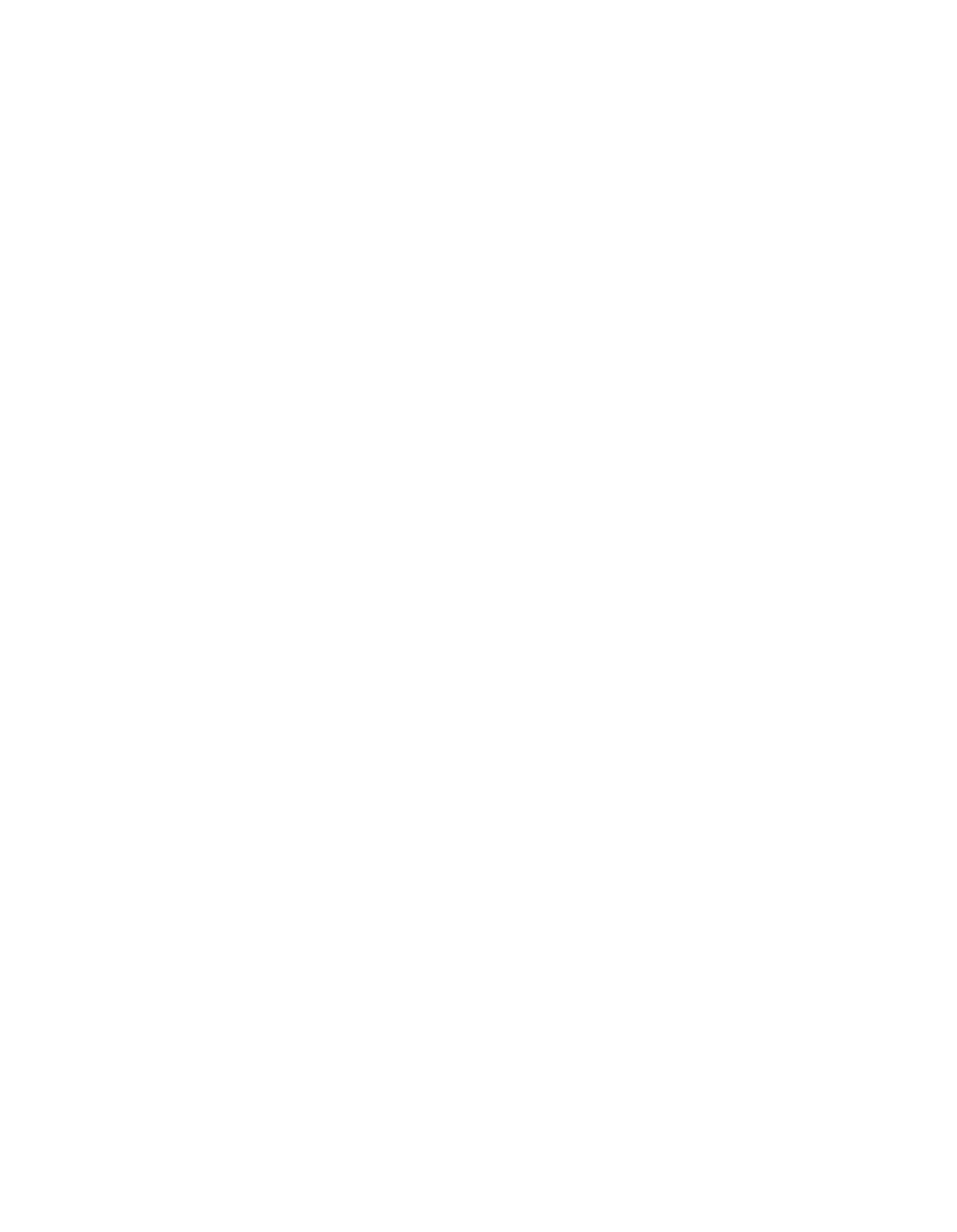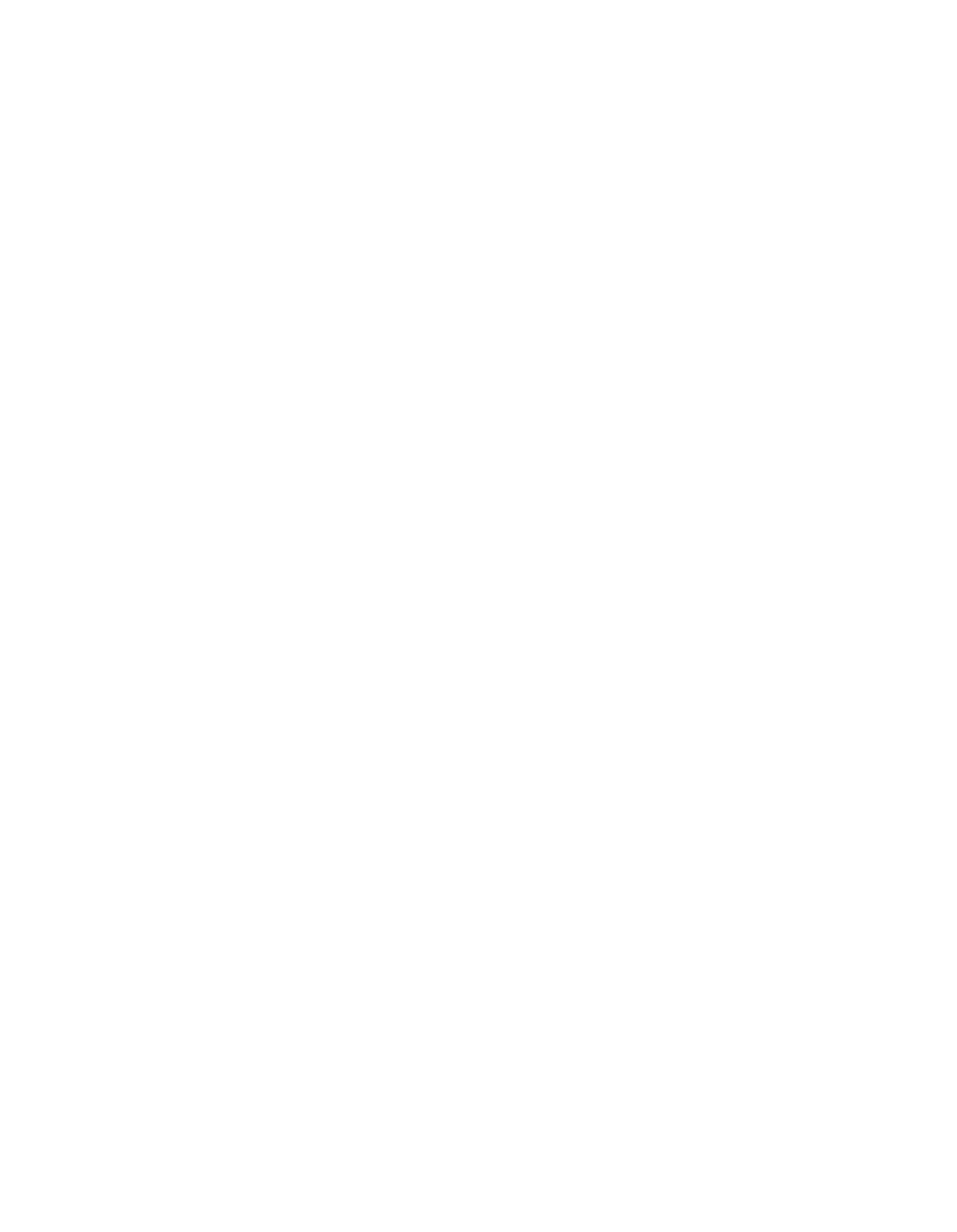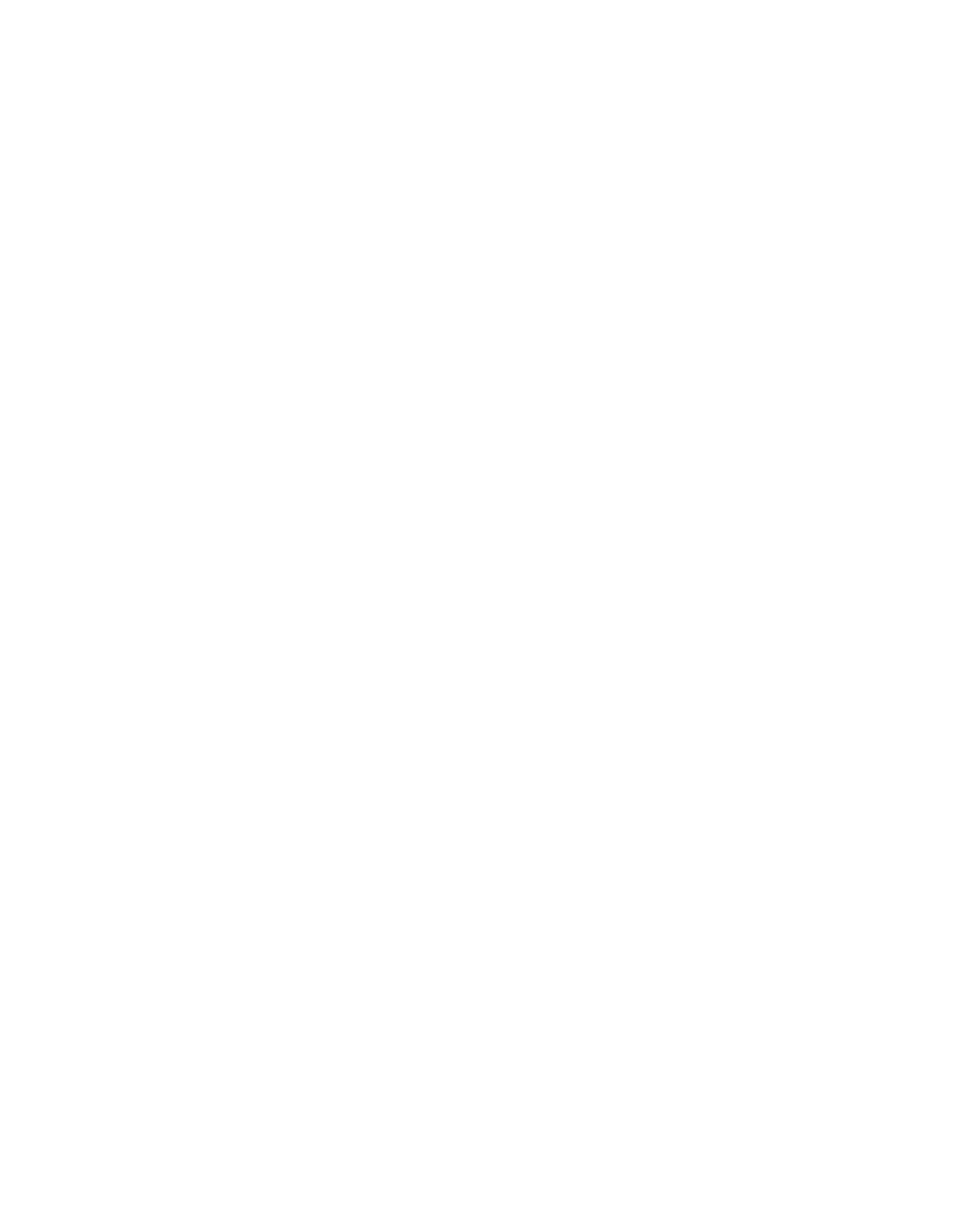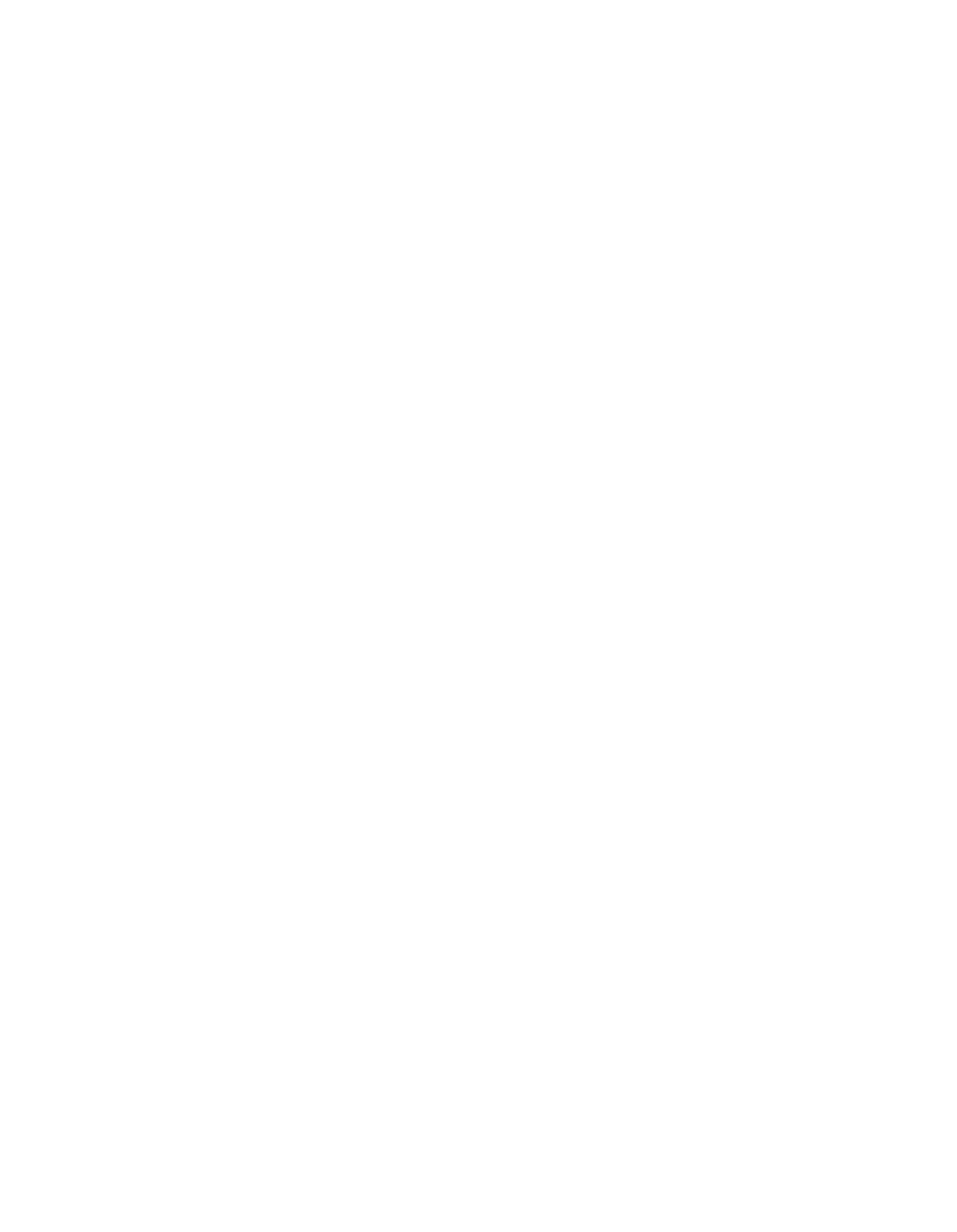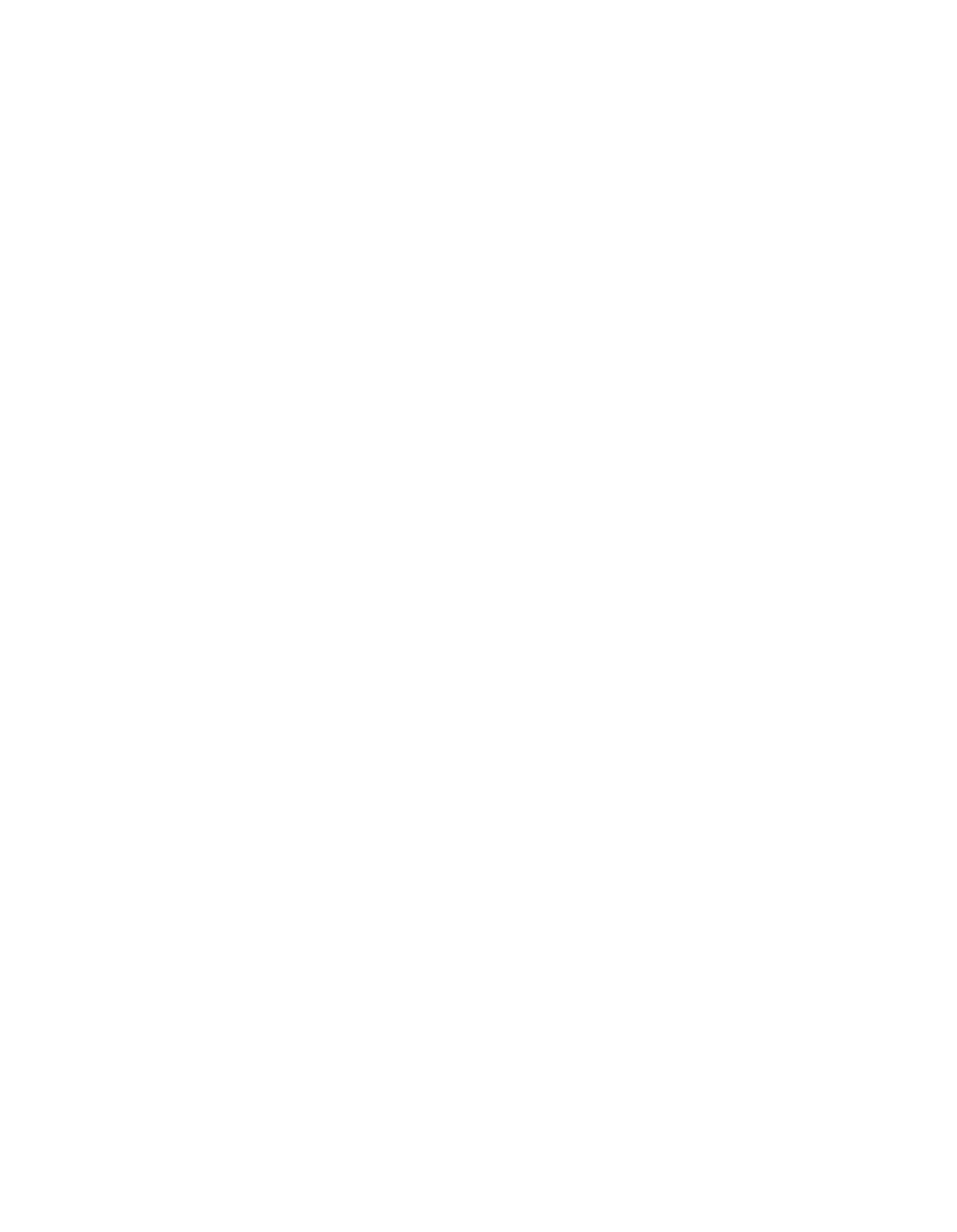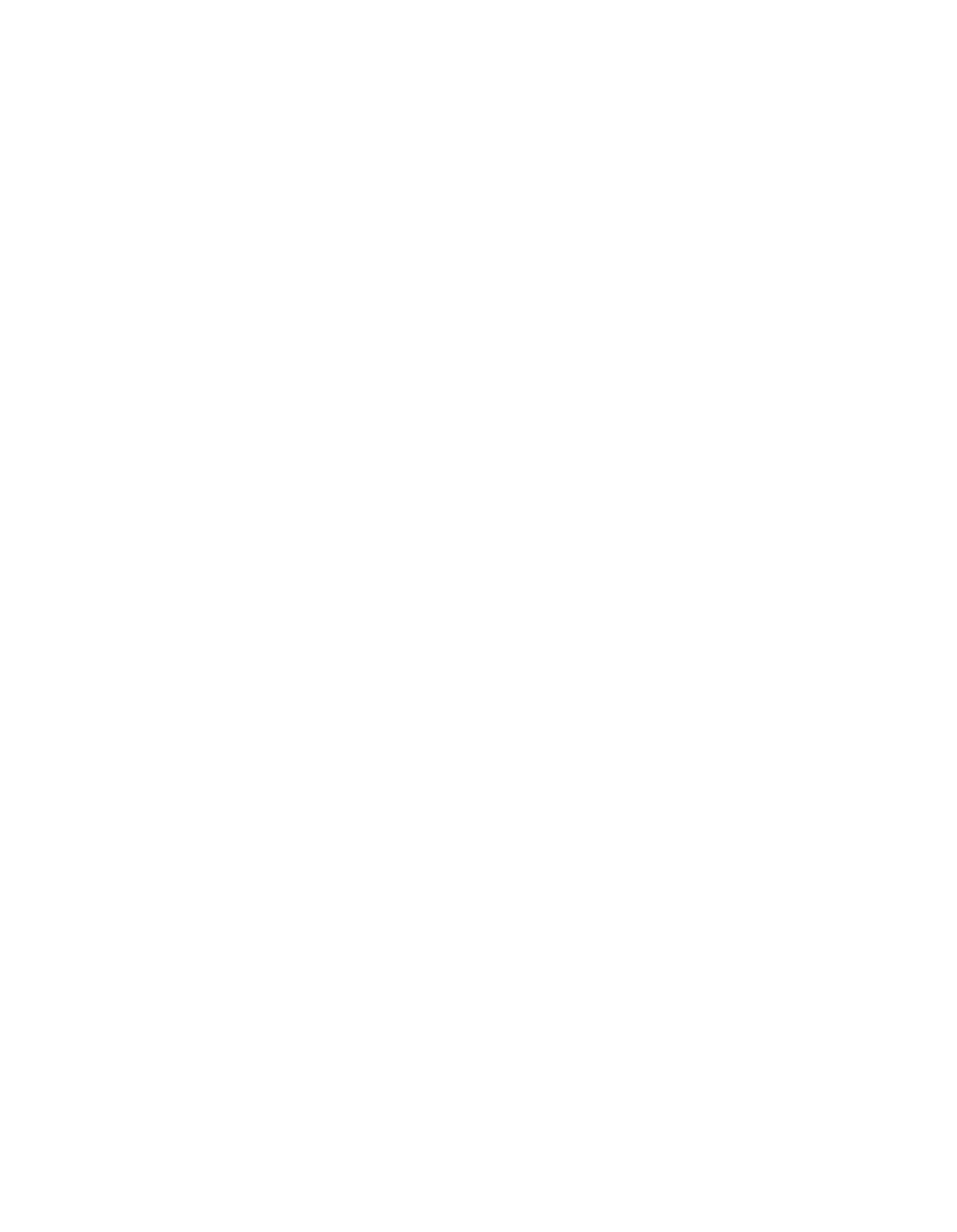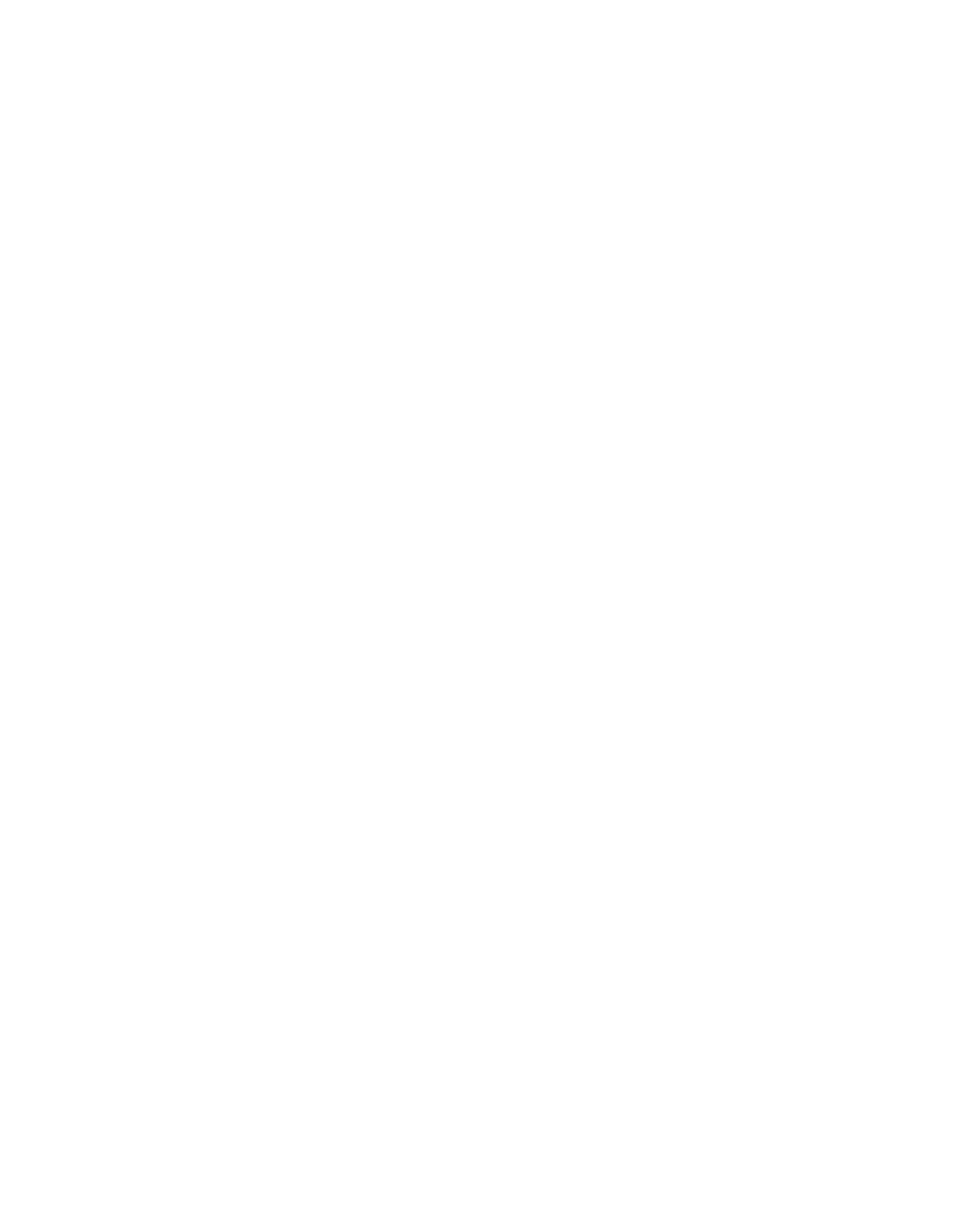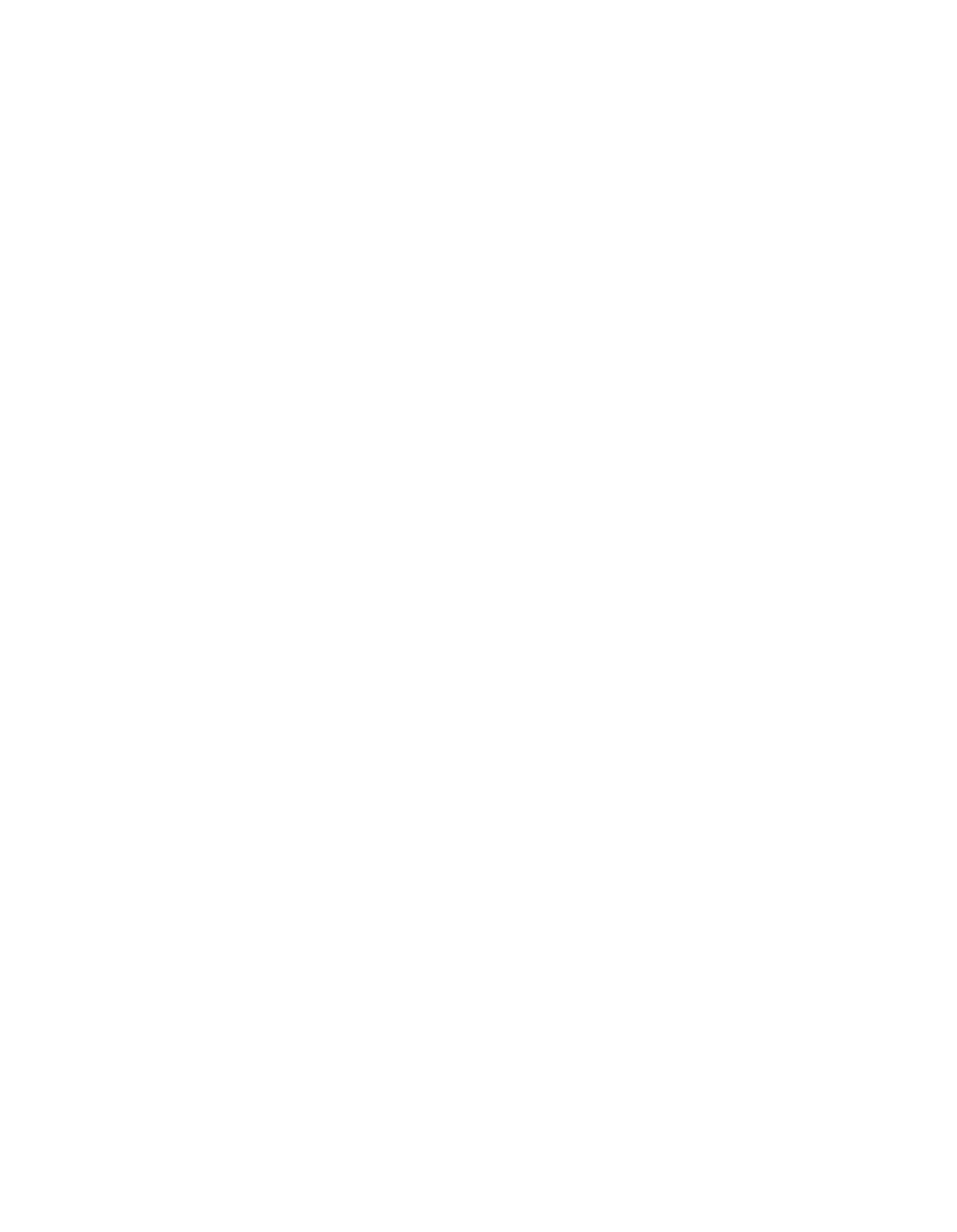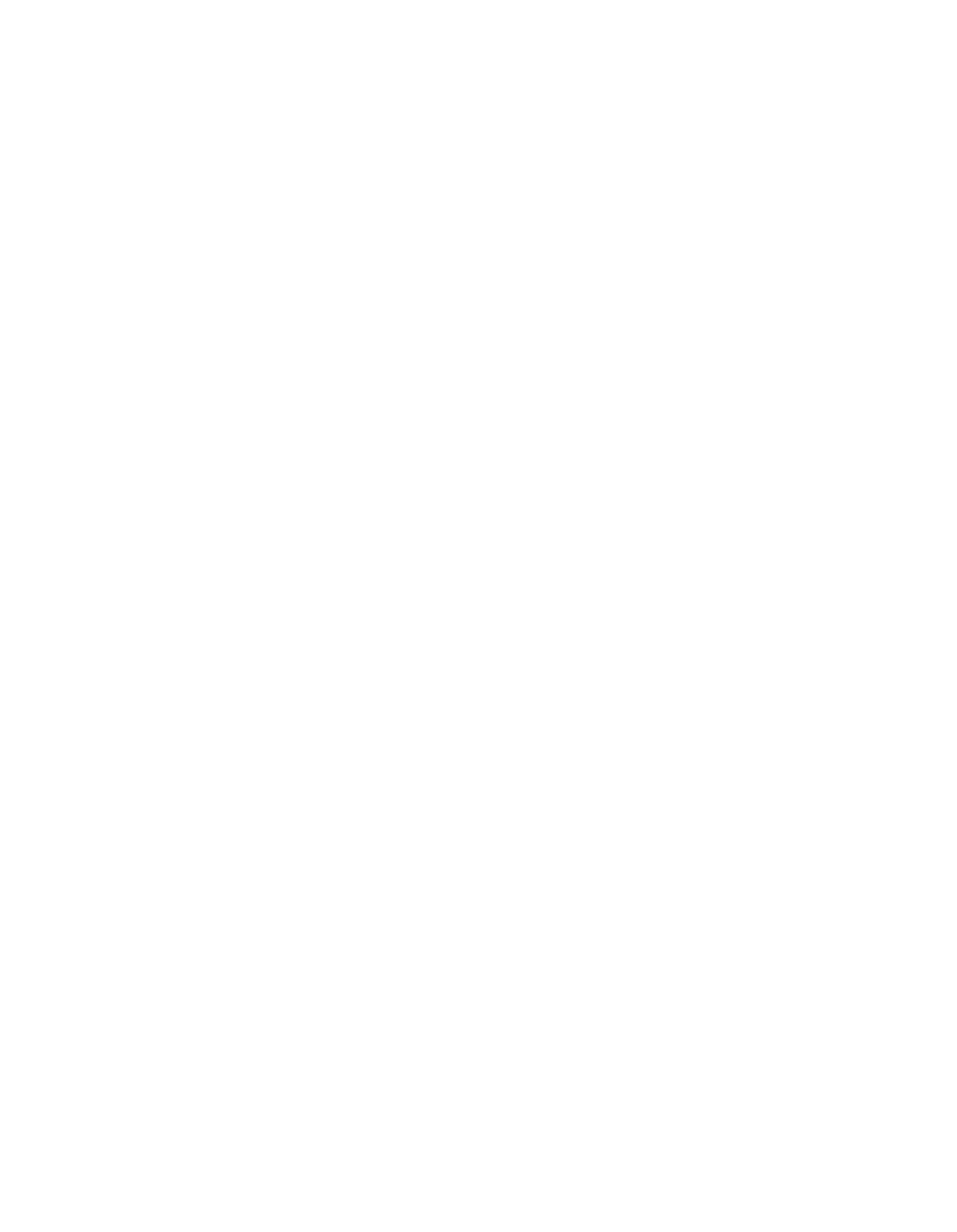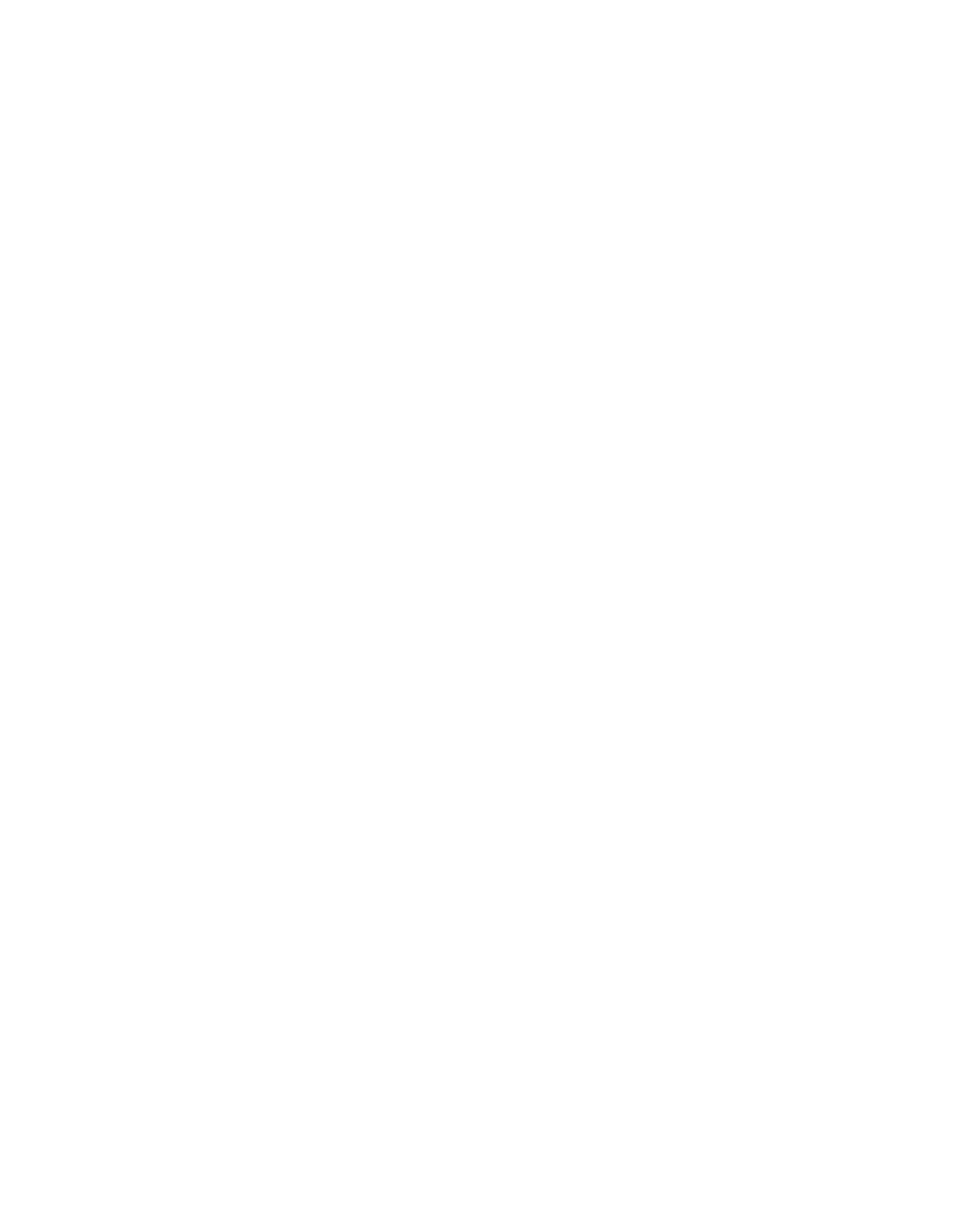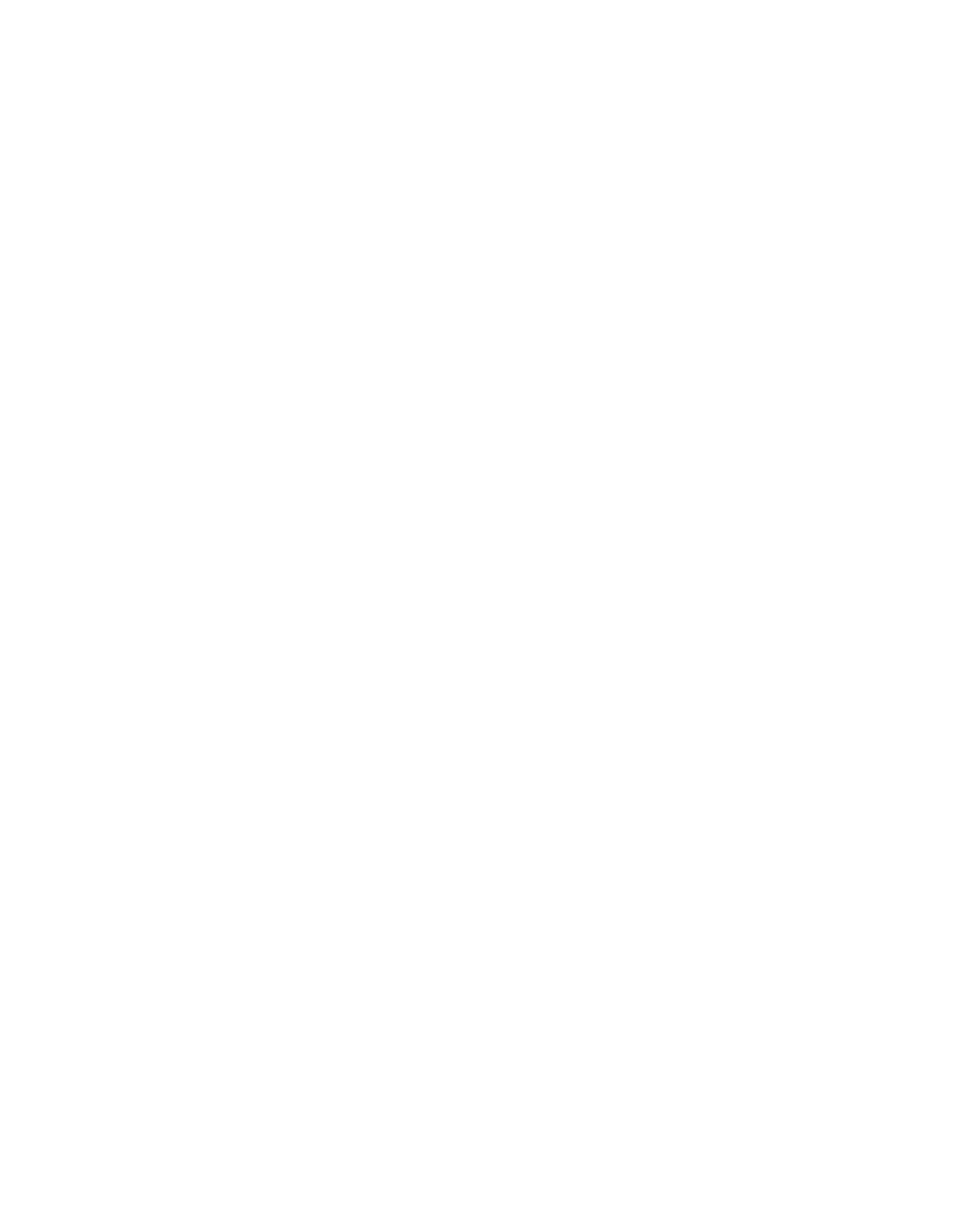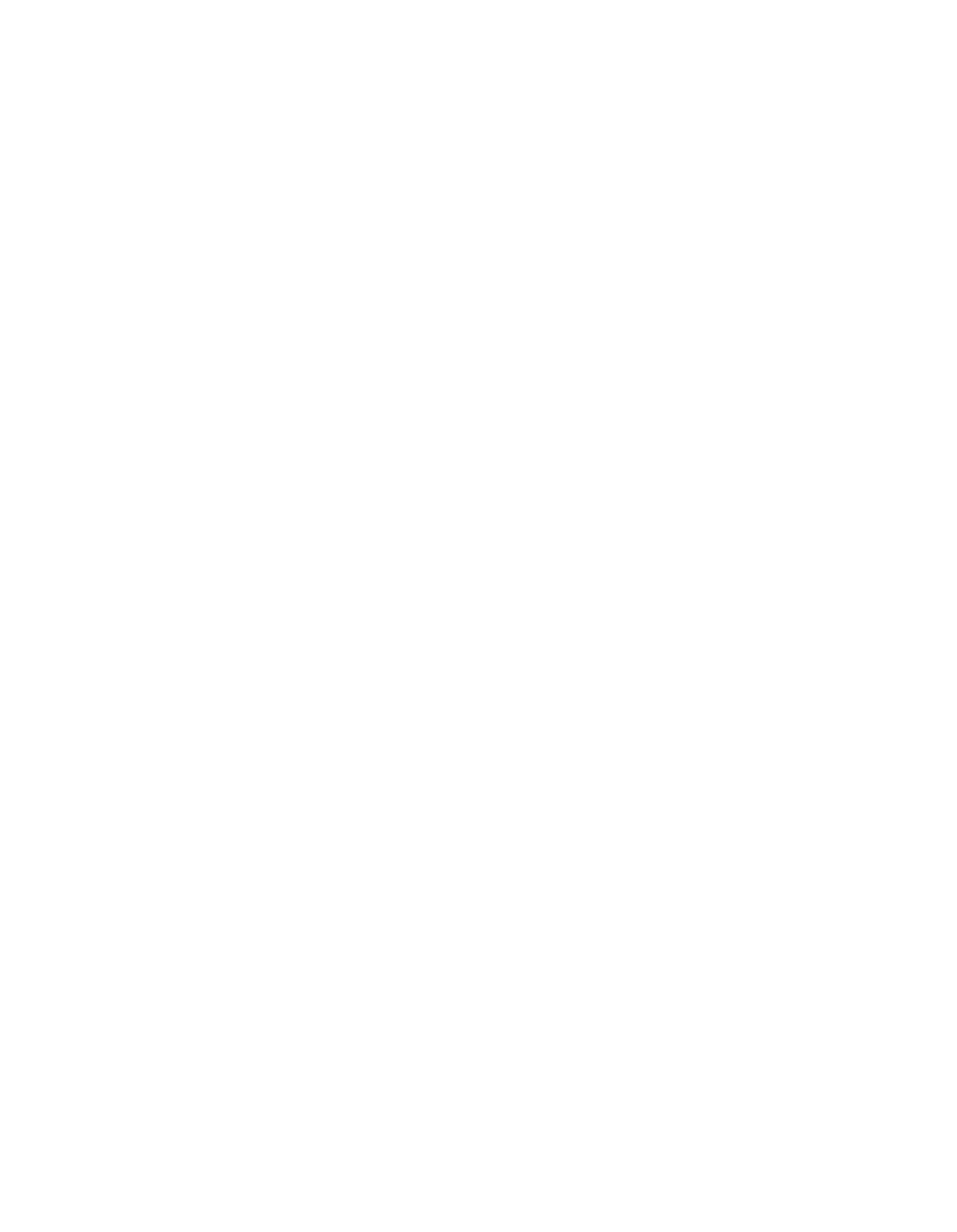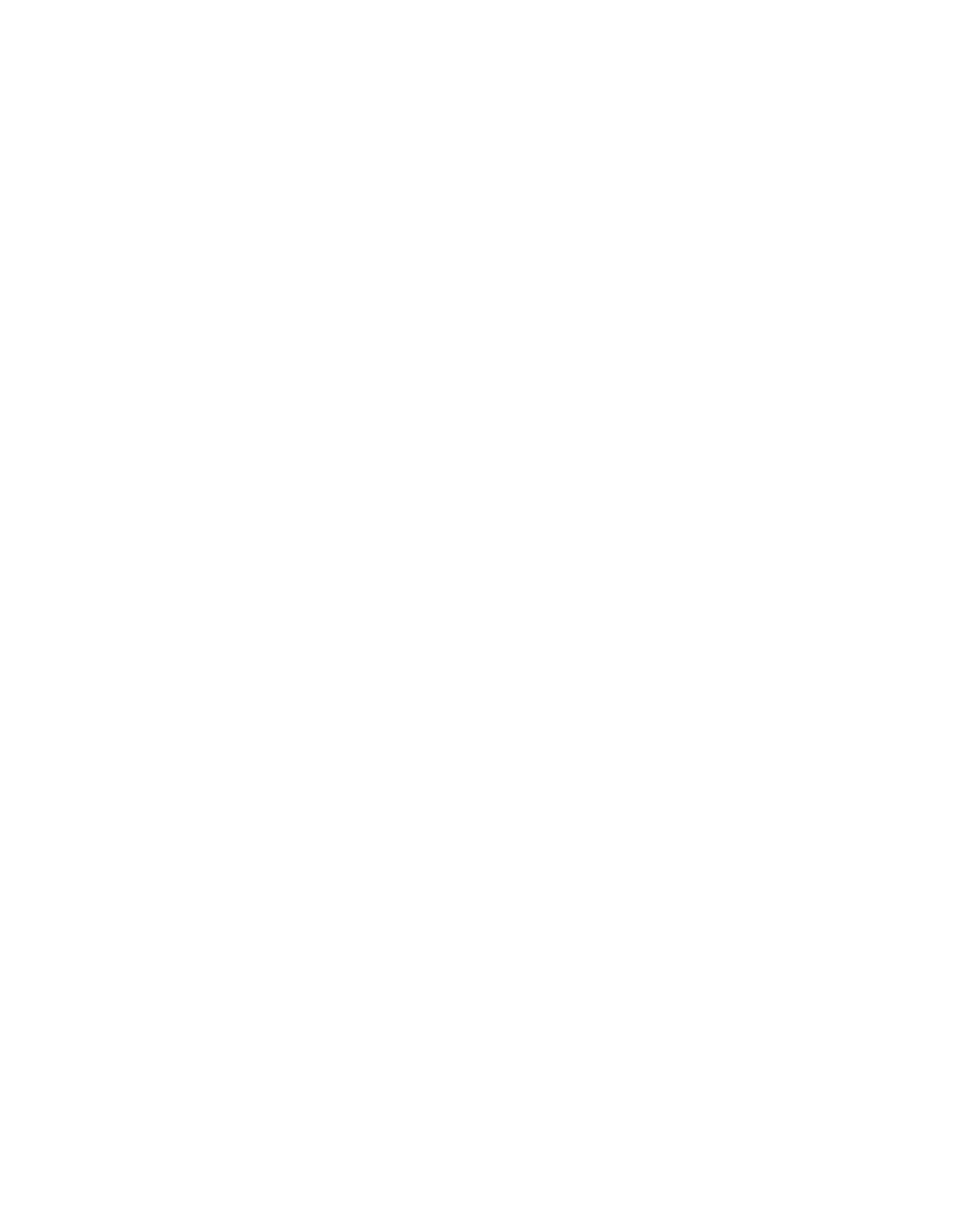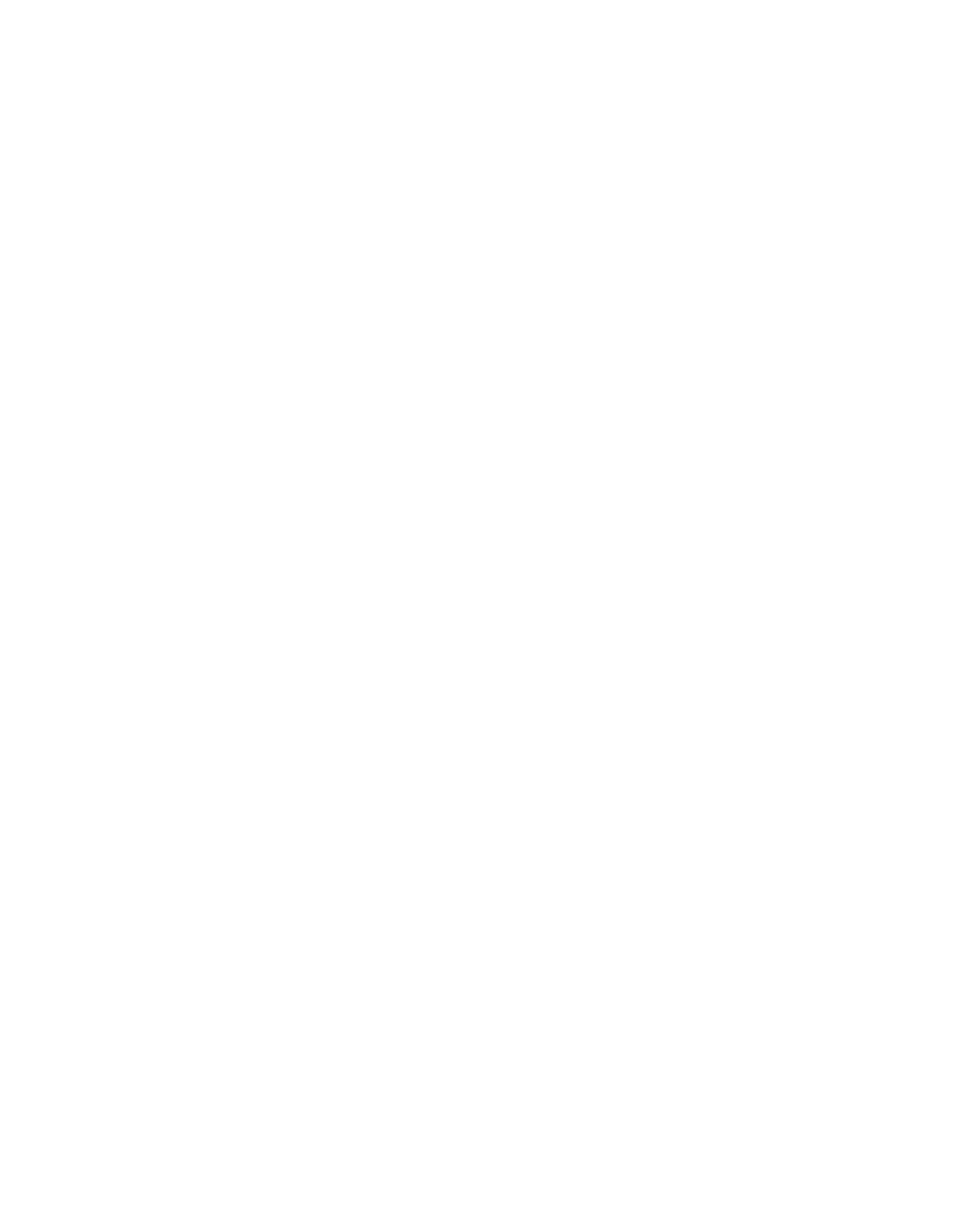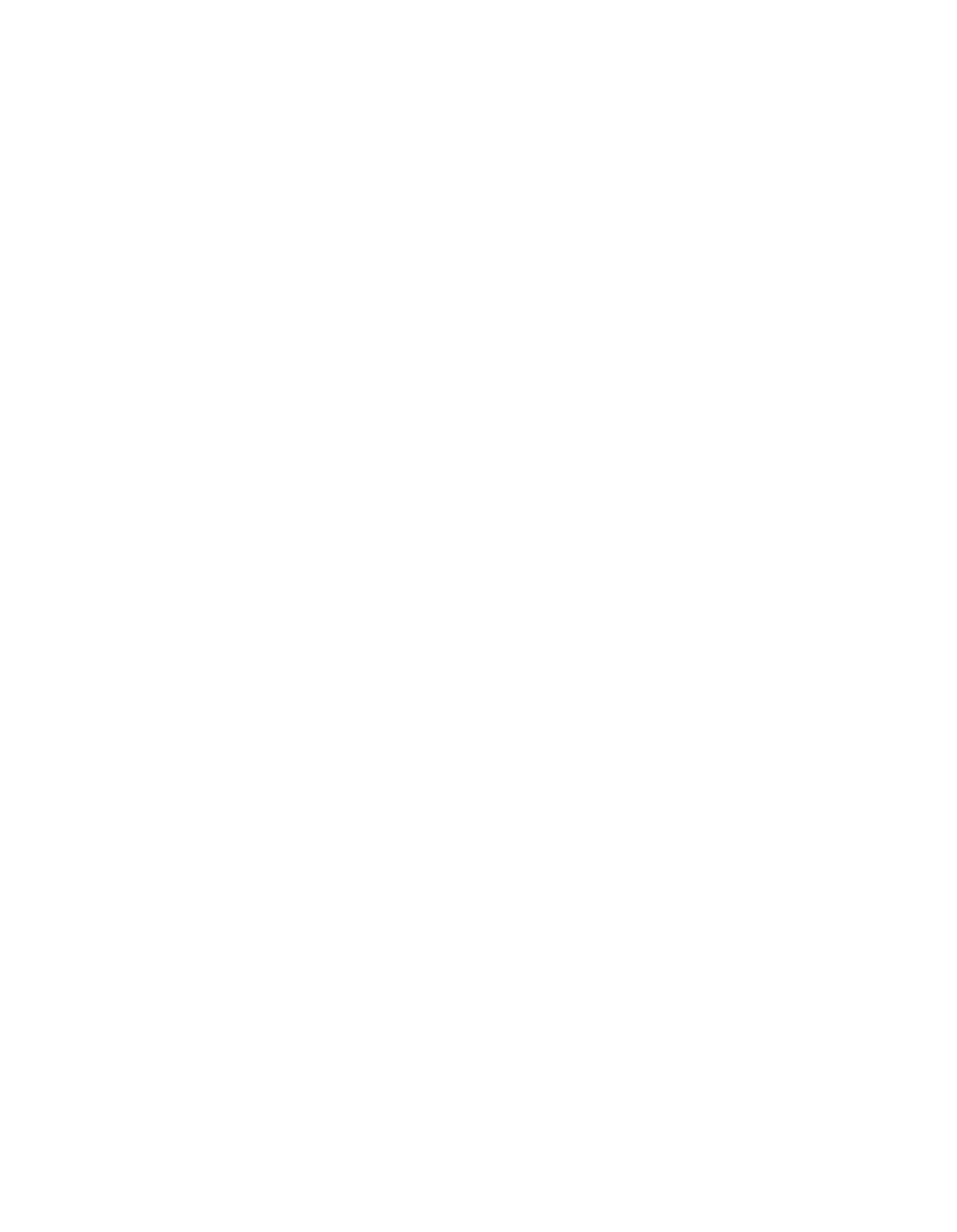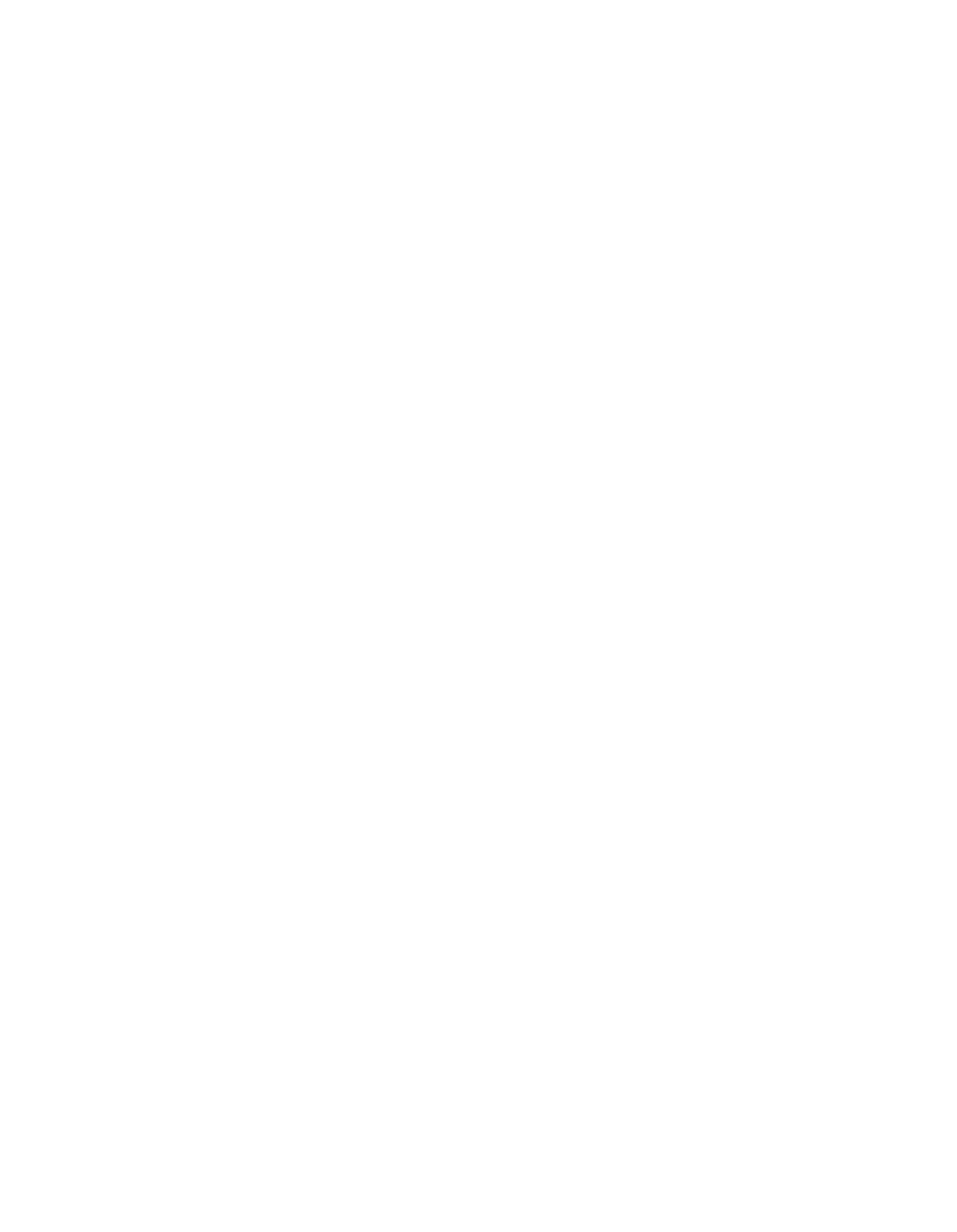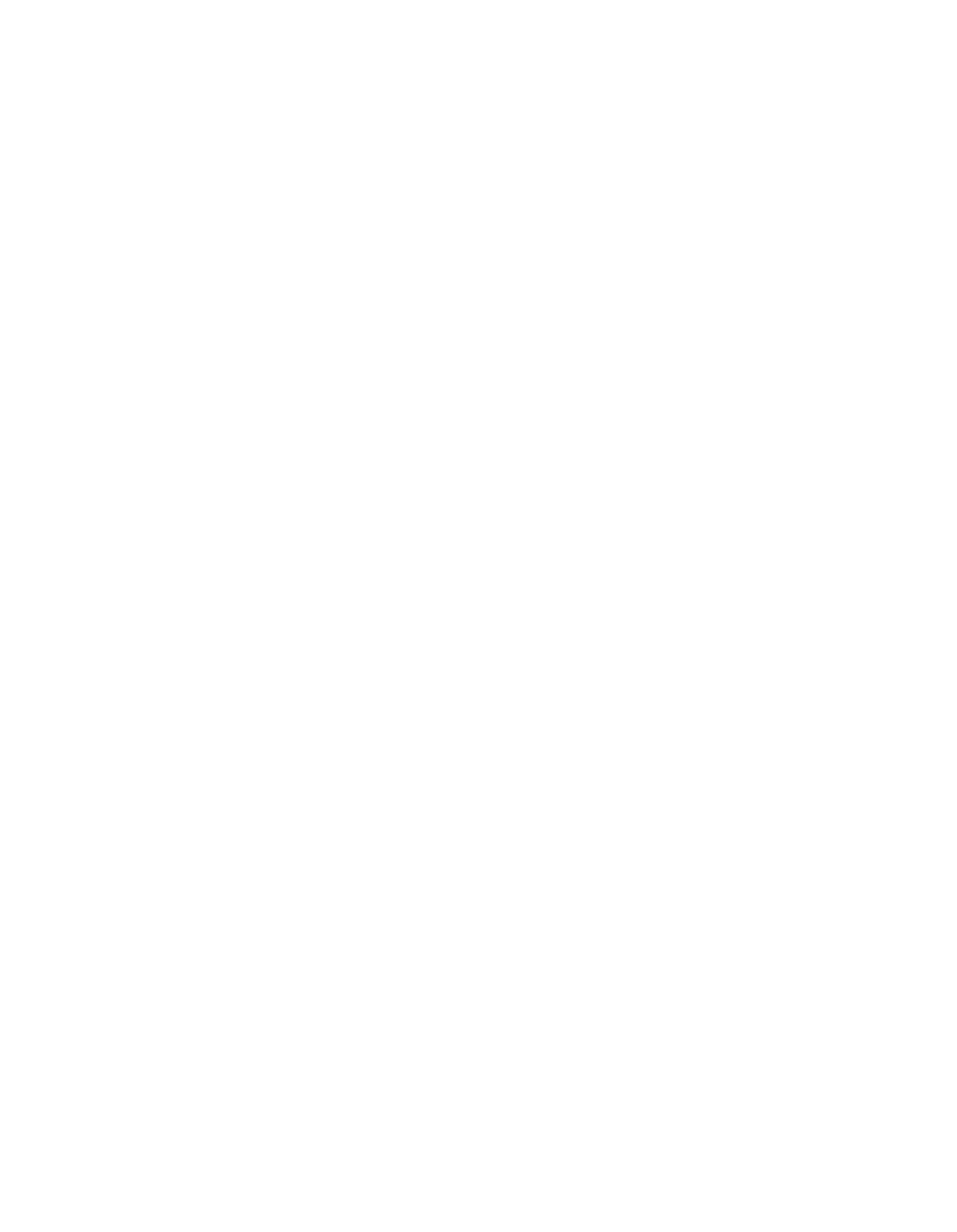ILLINOIS POLLUTION CONTROL BOARD
June
8, 1989
IN
THE
flATTER
OF:
PROCEDURAL
RULES
REVISION
35
ILL.
.ADM.
CODE
)
R88-5
(A)
101,
106
(Subpart
G),
and
107
ADOPTED RULE.
FINAL ORDER.
OPINION
AND
ORDER OF THE BOARD
(by J.
Theodore Meyer):
This matter
is before t~1eBoard
for adoption
of some new
procedural
rules.
On September
8, 1988,
the Board proposed
for
first notice revisions
of some
of
its procedural
rules.
That
proposal
included proposed
new
general
rules
(35
Ill.
Adrn.
Code
101),
new
rules
covering
regulatory
proceedings
(35
Ill.
Adm.
Code
102),
and
new
rules
for
adjusted
standards
proceedings
(35
Ill.
Adm.
Code
106).
The
Board
also
proposed
repeal
of
existing
Parts
101,
102,
and
107.
(Part
107
currently
contains
rules
pertaining
to
sanctions.
Rules
on
sanctions
have
been
proposed
as
part
of
the
new
Part
101
general
rules.)
An
opinion
supporting
the
proposed
rules
was
adopted
on
September
22,
1988.
The proposed rules were published
in the
Illinois
Register
on September
23,
1988 at
12
Ill.
Reg.
14822, 14853,
14865,
14886,
14918,
and
14933.
Merit hearings were
held
on
October
13,
1988
in
Springfield,
and
on
October
21,
1988
in Chicago.
The
first
notice
comment
period
closed on Llonday, November
7,
1988.
On
January
19,
1989
the
Board
took
two
actions
on
this
procedural
rules
revision.
First,
the
docket
was split
into two
dockets.
Docket
R88—5(A)
includes
the
proposed
rules
in
Part 101
(general
provisions),
the
proposed
rules
in Subpart
G
of Part
106
(adjusted standard proceedings),
and the proposed repeal
of Part
107.
Docket R89—5(B) will
include
the
proposed
rules
for
regulatory proceedings
(Part
102)
and non—substantive revisions
to Subparts D,
E,
and
F
of Part
106.
This
split of the docket
was done
to allow Parts 101,
106
(Subpart G), and 107
to proceed
to
second
notice
while
the
Board
further
considers
the
comments
on
Part
102
received
at
hearing
and
during
the
first
notice
comment
period.
The
Board
anticipates
taking
further action
on
Part
102
in the near future.
The
Board wishes
to acknowledge
the contributions of
attorney assistants Elizabeth Schroer Harvey and John
M.
Vandlik,
as well
as the rest
of the Board’s
legal
staff,
to
the drafting
of these
rules
and
the supporting opinion.
100—95
—2--
The second action taken on January 19 was the proposal for
second notice
of the rules in R88—5(A).
The second notice order
was withheld from submission
to the Joint Committee on
administrative Rules
(JCAR)
to allow interested persons
to
comment on the rules.
That public comment period ended on
Wednesday, February
8,
1989.
The Board received
fifteen comments during the first notice
comment period.
(Public Comments
(P.C.)
#11—25;
please note that
P.C. ~1—l0 pertain to
an earlier proposal which was not
adopted.)
The Board also rc~eivedeight comments after
the close
of the comment period.
(P.C.
#26—33.)
These
late comments were
filed between one week and five weeks late.
The Board did not
accept these comments and did not consider them in adopting these
rules.
Finally,
the Board received six public comments during
the “second
notice” comment period which ended
on February
8,
1989.
(P.C.
#35
—
40.)
Except
for
the eight late comments,
the
Board has considered
all
of
the comments when revising the
proposed rules.
To the extent that the public comments address
the proposed revisions to Part
102
(regulatory proceedings),
those comments will also be considered when the Board
takes
further action
in R88—5(B).
On March
2, 1989,
the Board proposed the rules
in Part 101
and Subpart G of Part
1.06 and the repeal
of Part 107
for
second
second notice.
The rules
were then submitted
to
the Joint
Committee
on Administrative Rules
(JCAR)
for second notice
review.
The second notice period expired on ~1ay8, 1989.
On
May
9,
1989 ~3CAR issued
its Certification
of No Objection to Subpart
G of Part
106
(adjusted
standards)
and
to the repeal
of existing
Part 101 (general rules) and Part
107 (sanctions).
JCAR issued
its Certification of Objection
to the rules
in new Part 101 on
May 9,
1989.
The Board’s response
to that objection
is discussed
below.
Please note that
this opinion contains only the Board’s
comments
on
the
rules as
they are adopted.
The Board’s responses
to first and second notice comments are contained
in the March
2,
1989 opinion and order,
and will
not be
repeated here.
Substantive changes agreed
to with JCAR will
be discussed
in the
opinion.
JCAR Objection
On May
9,
1989 JCAR
issued
its Certification and Statement
of Objection
to new Part 101 (general rules).
As previously
noted,
the second notice period expired
on
flay
8,
1989.
JCAR did
not request
an extension of the review period.
Despite
the fact
that
JCAR action occurred one day after
the second notice period
ended,
the Board will formally respond
to the objection.
The
Board does
so
in
a spirit
of cooperation with the members of
JCAR,
although
it could simply ignore the objection
and adopt
the
rules.
iii.
Rev.
Stat.
1987,
ch.
127, par.
1007.06(c);
1
Ill.
Adrn.
Code 100.510(b).
100—96
—3—
JCAR
first objected to Sections 101.241(c),
101.243(a),
and
101.245 based upon
its contention that those
rules
do not contain
standards
for determining what constitutes “material prejudice”
as that term relates to discretionary determinations
by the Board
and
its hearing officers.
However,
the Board finds that the
phrase
“material prejudice”
is indeed the standard by which the
Board and
its hearing officers make the determinations specified
in the rules.
The term “material”
is defined
in the definitions
section
(Section 101.101), and the word
“prejudice” has
its
ordinary meaning.
If the Board
or
its hearing officer finds
“material prejudice” when applying the facts
of
a case,
then
it
will do whatever
is specified
in the
rules.
The Board declines
to provide standards for
its standards.
Therefore,
the Board
refuses
to modify or withdraw Sections 101.241(c),
101.243(a),
or
101.245.1
Second,
JCAR objected
to Section 101.106(a),
stating that
the rule
fails
to state the standards
to be used
in determining
whether materials from another Board docket will be allowed
to
be
incorporated into the record
of
a pending Board proceeding.
Again,
the Board
finds
that the
rule does contain the standard to
be used
in determining whether
to allow incorporation
of other
material.
The rule specifically states that the person seeking
incorporation “shall demonstrate
to the Board or the hearing
officer
that the material
to
be incorporated
is
relevant to the
proceeding.”
Section
1.01.1.01 specifically defines
“relevant”
as
“having any tendency to make the existence
of any fact that
is of
consequence
to the determination
of the proceeding more probable
Or
less probable than
it would
be without
that
information.”
Tne
Board maintains that Section 101.106(a) contains
all standards
and policies relating to the incorporation of material from other
Board dockets.
Therefore,
the Board refuses
to modify or
Withdraw Section 101.106(a).
Third,
JCAR objected
to Section 101.120,
based upon its
contention that the rule does not contain relevant Board policies
on filing fees,
detailed
in
a December
15,
1988 Board
resolution.
The two “policies” which JCAR states are missing
from Section
101.1.20
are:
(1)
the Board’s interpretation
of the
statutory language “petition
for variance”
as meaning
only
variances filed pursuant
to Section
35(a)
of the Er~vironmental
Protection Act
(Act),
Ill.
Rev.
Stat.
1987,
ch.
111½,
par.
lO35(a),
thus exempting provisional variances from filing fees;
and
C2)
the Board’s
interpretation
of
“petition for review
of
Permit” as applying
to all actions brought pursuant
to Section
40
1The Board
notes
that on page
2
of the Statement
of Objection,
JCAR states that
it also objects
to Section 101.247(c)
for the
same
reasons.
That section
is not listed earlier
in the
objection.
The Board’s response would be
the same for Section
‘01.247(c)
as for the other sections.
100—97
—4—
of
the Act.
The Board first points out
that Section
101.120(b)(3) does indeed contain
the phrase
“or any petition for
review pursuant
to Section
40 of
the Act”,
thus incorporating the
second “policy” which JCAR stated was missing from the rule.
Second,
the Board “policies” which are allegedly not set out
in
the
rule are Board interpretations
of statutory language
establishing filing fees.
Because
of the nature of
the Board’s
statutory mandate,
the Board often interprets statutory language
and
its own rules
in its opinions,
orders,
and resolutions.
It
would be
literally impossible
to
include
all such interpretations
in rules.
The Board does not believe
that the interpretatiDns
at
issue here are Board “policies” which would hinder
a person’s
ability to pay the statutorily—mandated
filing fees.
The Board
declines
to withdraw or modify Section 101.120.
PART
101
-
GENERAL RULES
Subpart
A:
General Provisions
This Subpart sets out some
of
the basic
requirements
and
procedures
for all Board proceedings.
Section 101.100
“Applicability” states that Part 101
is applicable
to all
proceedings conducted by the Board, and clarifies that Part 101
is
to be
read
in conjunction with the Board’s other procedural
rules
in
35
111.
Adm.
Code
102 through
120.
Subsection
(b)
states
that
in the absence of
a specific provision
in the
procedural
rules,
the parties or participants may argue
that
a
provision of the Code of Civil Procedure,
Ill.
Rev.
Stat.
1987,
ch.
110,
par.
1—101
et seq.,
or
the Illinois Supreme Court Rules,
Ill.
Rev.
Stat.
1987,
ch.
I1OA, par.
I
et seq.,
provide guidance
for the Board
or hearing officer.
This provision codifies
current practice, with
the goal
of achieving consistency
throughout
all types
of Board proceedings.
Subsection
(c)
of
Section 101.100 provides
that the procedural
rules
are
in
addition
to the provisions
of the Illinois Administrative
Procedure Act,
ill.
Rev.
Stat.
1937,
ch.
127,
par.
1001
et. seq.,
unless otherwise provided
by the Act.
Again,
this merely
codifies current practice and statutory requirement.
Section 101.101 contains definitions
of terms used
in Part
101.
The Board has added
a definition
of
“undue delay”
to
satisfy JCAR concerns.
Section 101.102
“Filing
of
Doctiments” includes
the Board’s
correct Chicago address, and provides that filing of documents
with the Clerk may be done by certified,
registered,
or First
Class mail,
by messenger
service,
or personally at
the Board’s
Chicago office.
Filing by electronic transmission,
such
as
telefax
machine
or
computer
modem,
is
prohibited,
unless
the
Board
specifically
requests
such
a
filing.
~hi1e
the
Board
is
a..’are
that
some
court
systems
are
experimenting
with
electronic
filing,
the Board’s staffing levels cannot presently accommodate
such
experimentation.
This
prohibition
allows
for
better
recordkeeping and tracking of
filed documents,
since
all filings
100—98
—5—
will
be
accepted
at
one
central
point,
at
the
receptionist’s
desk.
Any document which
is filed
by telefax without
the Board’s
request will be
ignored
and no action taken
on it.
Section 101.102 changes current practice
by providing that
filing,
inspection,
and copying
of documents may be done
in the
Clerk’s office from 3:30
a.m.
to 4:30
p.m.,
instead of
until 5:00
p.m.
This change allows staff
to complete the duties associated
with filing and inspection
before the Board’s offices
close.
Board offices
will continue to
be open until
5:00 p.m.
for phone
calls,
etc.
Subsections
(d)
and
(e)
of Section 101.102 address
the issue
of when
a document
is considered “filed.”
Subsection
(d)
provides that the time of
filing
of any document will
be the date
on which
it
is date—stamped
by the Clerk, unless date—stamped
after any due date.
If the document
is received after any due
date,
the time
of mailing will
be deemed
the time
of filing.
Proof
of the date
of mailing will be the certificate
of
service,
made pursuant
to Section 101.143.
The date
of the postmark will
not be the relevant date.
The Board
sees that this provision
could
be abused,
but believes that
a certificate
of
service
(which
is made by affidavit of
a non—attorney and
by certificate
of an attorney)
is
the best way
to prove mailing.
It
is true
that
a person could “misstate”
the date of mailing,
but he
or
she
would do
so under oath.
It
is equally possible that
an envelope
could be metered
with
a date prior
to the date
it
is actually
mailed,
but that action would not be done under
oath.
This
“time
of filing” rule of subsection
(d)
is based upon Supreme Court
Rule
373.
Please note that even
a statutory appeal period
is
subject to
the “mailed
is filed unless
received before
the due
date”
rule.
The Agency argued
in its first notice comments that
an appeal must be actually received
by the Clerk within the
statutory appeal time,
and
that any use of
a mailbox rule
in that
situation would impermissibly extend the appeal time.
(P.C.
~l9.)
However, the Supreme Court of Illinois recently held
that
notices of
appeal mailed within the 30—day period and received
thereafter
are timely filed.
Although that case involved the
application of Supreme Court Rule
303,
the court specifically
noted that Rule
373 has a “pro—mailing policy” which should be
applied where possible.
The court
noted
that
a liberal
“pro—
mailing policy”
is more equitable,
since
it places law firms
which may lack access
to messenger services on an equal
footing
with firms
that have such access.
Harrisburg—Raleigh Airport
Authority
v.
Department of Revenue Nos.
66381, 66544
(cons.).
The Board agrees with
the court’s reasoning,
and believes that
this rule
is the most equitable procedure.
The Board notes that
there may
be some disadvantages to this rule,
and that several
comments urged
the use of
a “received
is filed”
rule.
However,
the use of
a
“received
is filed”
rule puts persons not located
in
the Chicago area at
a severe disadvantage,
because they do not
have the option of using
a messenger service or personal delivery
to file documents at the Clerk’s Chicago office.
Subsection
(e)
has been added
to state
that the Board or
the hearing officer may
100—99
—6—
accelerate
a filing schedule upon written notice
to the
participants or parties.
This will allow
the Board
or hearing
officer
to specify that a required document must actually arrive
in the Clerk’s office by a certain date,
if application of
subsection
(d) would
result
in undue delay.
Subsection
(d) also provides that
a statutory decision time
does not begin to run until
the initial
filing in a deadline
proceeding
(such
as
a permit appeal)
is actually received
by the
Clerk.
For example,
if
a permit appeal must be filed by March
1,
and
it
is mailed on March
1,
it will be considered timely
filed.
However,
the 120—day decision time will not begin until
the appeal
is actually date—stamped by the Clerk.
“Form of Documents”, Section 101.103, provides
guidance on
the form and number
of copies
of documents to be filed with the
Clerk.
The Board notes that the requirement
of the original and
nine copies of most documents filed with the Clerkmay
seem like
a lot of
copies,
but believes that the requirement
is
necessary.
The original
is kept by the Clerk and seven copies
are distributed
to the Board members,
leaving only two copies for
review by staff and the public and
to serve as “extras”.
The
Board believes that Section 101.103(e), which allows
for
a waiver
of the filing requirements upon written motion to the Board,
is
the proper remedy for situations where
a person truly cannot
comply with these requirements.
Subsection
(g)
requires that all
original documents
be signed
by the person filing the document
and include that person’s business address
and telephone
number.
The Clerk
will refuse
to accept for filing any document
which does not comply with subsection
(g).
Section 101.104
sets limits on the length of briefs which
may be
filed in Board proceedings without
prior approval; the
Board
has become increasingly burdened with excessively
lengthy
pleadings.
Briefs
in support of
or
in opposition
to any motion
are
limited
to
15
pages.
Post—hearing
briefs,
briefs
submitted
in
response
to
a Board order,
and public comments submitted
in
lieu of a brief
are limited
to
50 pages, and reply briefs shall
not exceed
25 pages.
This
rule
is based upon Rule
28 of the
Federal Rules of Appellate Procedure.
The page limits do not
include appendixes containing regulations,
cases, and other
relevant material.
The Board believes that page limitations
are
necessary.
The number
of proceedings before the Board continues
to grow,
and the Board wishes
to encourage brevity where
possible.
In a specific situation where
the limitations
truly do
not allow
for sufficient discussion of the issues,
the remedy
is
a motion
to exceed the limitations.
The Board points out that
a
motion
to exceed shoUld be filed
with the Board
or the hearin9
oft~icer before the brief
is filed,
not concurrently.
Subsection
(c) articulates
the factors considered
when ruling upon a motion
to exceed.
In the event that a brief which exceeds the
limitations of Section 101.104
is filed
without prior approval
of
the Board
or
the hearing
officer,
the portion which exceeds the
limitations will not be considered.
109—100
—7—
Section 101.105 “Waivers” requires that all waivers of
a
deadline
for Board action be
filed
as
a separate document.
This
will enable the Clerk
to better monitor these waivers,
instead
of
having
to read every document tiled,
in search of
a possible
waiver.
Section 101.105 also requires all waivers
to
be open
waivers
or those
to
a calendar date certain.
The Board believes
that
this provision will enable the Board
to meet its decision
deadlines while allowing petitioners
to waive those deadlines
when they choose.
Given the volume of decision deadline cases
pending before the Board,
and the endless possible variations
of
contigent waivers,
it would
be close to
impossible
to track
decision deadlines
if the Board
accepted contingent waivers, even
on
a case—by-case basis.
The section does allow the Board
to
accept waivers
in some other
form (such
as an emergency oral
waiver)
in rare cases.
Section 101.106 “Incorporation Of Prior Proceedings”
provides that
a request
for
incorporation of any portion
of
the
record of another Board proceeding must
be
a separate written
request
(not requested within another document).
The person
seeking incorporation shall file four
copies of the material
to
be incorporated.
This allows one copy
for the Clerk’s official
files, one copy
for each of the downstate offices,
and One copy
for the file of the Board member assigned
to the proceeding.
The
section also requires the person seeking incorporation
to give
notice
of the request
to all identified parties or
participants.
(Please note that only notice of
the request
is
required,
not service
of
a copy of the material.)
Subsection
(b), which
sets forth
the weight the Board will give
incorporated
material,
provides for consideration
of the circumstances under
which
the material was developed,
including the past and current
opportunity
for cross—questioning.
If
a person feels that the
Board may overlook some important cross—questioning,
that person
is free
to request incorporation of that material.
Section 101.107
sets out procedures
for appearances and
withdrawals.
The rule requires
attorneys to file separate
written appearances
and notices of withdrawal.
Attorneys may not
simply appear by means of
a pleading.
“Substitution
of
Attorneys”,
Section 101.108, requires any attorney who
substitutes
for
an attorney
of record
to file
a written
appearance,
and identify the attorney
for whom the substitution
is made.
These
rules
will enable Board staff
to more easily keep
track
of who represents
a particular person
in
a Board
proceeding.
Section 101.109
“Computation of Time”
provides that
computation
of
any
period
of
time
prescribed
by
rule
of
the
ACL
begins
on
the
next
calendar
day.
The
old
rule
stated
that
computation of time begins on the next business
day.
This change
was made to conform the rule
to the statutory mandate of Section
1.11
of
“An Act
to revise the law
in relation to the construction
of statutes.”
(Ill.
Rev.
Stat.
1987,
ch.
1,
par.
1012.)
100—10.
—8—
Subpart
B:
Filing And Photocopying Fees
Section 101.120
implements
the new filing fee provisions of
P.A. 85—1331.
These provisions are found at Section 7.2 of the
Act.
The rule requires that
a person filing an action for which
a filing
fee
is required by the Act
(petitions
for site—specific
regulation,
variance,
review of
a permit,
to contest
a local
government siting decision,
and for adjusted standard) must pay
that fee at
the time the petition
is presented
to the Clerk
for
filing.
The Clerk will refuse to accept any petition which
is
not accompanied
by the required fee.
At this
timo,
the fee
is
statutorily set at $75.
As stated earlier,
the Board interprets
the statutory language
“petition for variance” as meaning only
variances filed pursuant
to Section 35(a)
of
the Act,
thus
exempting provisional variances from filing
fees.
“Photocopying Fees”,
Section 101.121, provides information
on fees for photocopying of
files,
records,
and data.
Section
101.122
“Forms of Payment”
specifies that both filing
fees and
photocopying fees may be paid by money order
or check.
Cash will
be
accepted,
but
is strongly discouraged.
Subsection
(c)
provides for issuance of
a sanction order
in cases where
a check
written
for
a
fee
is not honored by the maker’s bank.
Subpart
C:
Service
Section 101.141 “Service of
Initial
Filings” allows service
of
initial filings
in almost all types
of Board proceedings
to be
made by First
Class mail,
in addition to by personal delivery,
messenger
service, or by registered or
certified mail.
However,
initial
complaints
in enforcement proceedings may not
be served
by First Class mail,
but must be served personally,
by messenger
service,
or by registered
or certified mail.
This provision
continues the current requirements
in enforcement cases
(see
35
Ill.
Adrn.
Code 103.123),
and
is analogous to the requirements of
the Code
of Civil Procedure.
The Board believes that
it
is
necessary
to have proof of actual
receipt
of the complaint
initiating
an enforcement action,
not merely proof of the
initiation of service.
First Class mail cannot provide such
proof of
receipt,
and thus service must be made by one of the
tour enumerated methods which do provide proof of receipt.
Section 101.142 allows service of subsequent filings
by United
States mail,
by messenger service, or personally.
Section
101.143
sets out requirements for proof of service.
Subsection
(c)
of Section 101.144
“Effective Date of
Service” states that there
is
a rebuttable presumption that
service by First Cla~smail
is complete four days after
mailing.
This
is
a change from the prior wording
that service
by
First Class mail
is presumed complete four days after mailing.
Where
evidence indicates the actual service was made sooner or
later than the presumed
four days from mailing,
that evidence can
be
presented
to prove
the actual date
of service.
100—102
—9—
Subpart
D:
Public
Information
There are four types
of
information
in terms of that
information’s availability
to the public.
Section 101.160 states
that all files maintained
by the Clerk will be open to
reasonable
public inspection,
except:
1)
internal communications between
and among Board members and staff;
2)
trade secret material
pursuant to Section 7.1 of
the Act and
35
Ill.
Adm. Code
120;
and
3)
material
which
is
stamped
“Not
Subject
to
Disclosure”
by
Board
order, pursuant
to Section
7
of the Act and Section 101.161
“Non—
Disciosable Information”.
(Please note
that trade secrets
and
non—disclosable
information are two separate types of information
and are governed by different
rules.)
Several changes have been
made
to subsection
(h)
of Section 101.161
to satisfy JOAR
concerns.
First,
the phrase “upon
the request of
a Board member”
has been deleted,
so
that material will
be
stamped
“not subject
to disclosure” only upon written application at the time the
material
is filed.
The provision for
stamping material not
subject
to disclosure upon the request
of
a Board member
was
merely
a carry—over
from the old rule, which
included internal
communications.
Internal communications are now automatically
exempt from public disclosures under Section lOl.l60(b)(l),
and
thus the provision
is unnecessary.
Second,
the phrase
“by
affidavit” has been added
to clarify how an application
is
to be
verified.
Finally,
the words “data and” have been deleted
as
redundant.
Subpart
E:
Board Meetings
Section 101.180 “Board Meetings” gives general
information
on Board meetings.
Section 101.181
states that no document
received
by the Clerk
after
4:30
p.m.
two days
before
a scheduled
Board meeting will
be placed on the agenda
for that meeting.
Instead,
any
such filing will appear on the agenda for the next
regularly scheduled Board meeting.
(“4:30 p.m.
two days before
a
scheduled Board meeting”,
in the context of
a Thursday Board
meeting, means 4:30 p.m.
on Tuesday, not 4:30 p.m.
on Monday.)
The Board will make exception to
this rule only when
it
finds
that undue delay or material prejudice will result.
That
determination will
be made upon motion by
a Board member
at the
meeting, without hearing or briefing by
the parties or
Participants.
The purpose
of the deadline
is
to allow Board
members
and staff
at least one day
to review all filings before
any action
is taken.
Subpart
F:
Ex Parte Contacts
Section 101.200
sets forth prohibitions on cx parte contacts
on contested
and
non—contested
cases.
(A
contested
case
is
defined
in Section 101.101
as
“an adjudicatory proceeding,
not
including regulatory,
quasi—legislative,
informational,
or
Similar proceedings.”)
This
section clarifies that ex parte
communications in contested cases
are prohibited
only with
respect to the substance of the proceeding.
Subsection
(c)
100—103
—10—
specifically states that
this section does not preclude Board
members, hearing officers,
and Board staff from receiving
informal complaints
about individual pollution sources,
or forbid
administrative contacts on a pending proceeding.
In response to
JCAR concerns,
a sentence has been added
to subsection
(d)
to
state some
of the ways
in which
an
ex
parte contact may be made
part of the record.
Subpart
G:
Hearings
“Authority of Hearing Off~’er”,Section 101.220,
sets out
the hearing officer’s duties and powers.
The hearing officer
must conduct
a
fair hearing,
take all necessary action
to avoid
delay,
maintain order,
and ensure development of
a clear,
complete,
and concise record.
The hearing officer has all powers
necessary to achieve these objectives and the section lists
Several
specific areas of authority.
Please
note that the
list
is merely an example
of the hearing officer’s powers,
and does
not limit
those powers.
Among
other
things,
the section
specifically allows the hearing officer
to require pre—filed
testimony, regulate the course of the hearing
(including
establishing
reasonable limits on the testimony and questioning
of witnesses), establish
a schedule for discovery,
and rule upon
motions,
objections,
and evidentiary questions.
The section also
states that the hearing officer has the power
to issue subpoenas
and
to compel
the answering
of interrogatories or other discovery
requests without Board direction.
Note, however,
that parties
should conduct discovery among themselves, with intervention
by
the hearing officer necessary only
if
a problem arises.
Additionally,
the Board points out that
it does not believe that
either the hearing officer
or the Board
has the authority
to
order
the production of evidence which does not already exist or
cannot be compiled without imposition of an undue burden.
Section
101.221
“Hearing Decorum” governs
the rucording,
either audio or visual,
of Board hearings.
The section gives any
person
a right
to record
a hearing, subject
to
rules prescribed
Dy the hearing officer.
However,
if the hearing officer
determines that recording
is disruptive or detrimental
to proper
development
of the record, he or
she may limit or prohibit
recording.
The Board finds that its hearings are not subject
tO
the Open Meetings Act.
Ill.
Rev. Stat.,
1987,
ch.
102, par.
41
et
seq.
The statute requires all meetings of public bodies
to be
public meetings, with
a corresponding right to record
those
public meetings.
A meeting
is defined as
“any gathering
of
a
majority of
a quorum of the members of
a public body held for the
purpose of discussing public business.”
(Ill.
Rev.
Stat.
1987,
ch.
102,
par.
41.02.)
The Board
finds
that. this definition
applies
to Board meetings, but not
to Board hearings,
since
flearings are only very rarely attended
by
a
“majority of
a
9uorurfl”
of Board members.
Additionally, hearings
are not held
Lor the purpose of discussing public business,
but
are held
for
information gathering purposes.
Thus,
the Board finds that the
Open Meetings Act does not apply to its hearing.
However,
the
100—104
—11—
subsection
governing recording of hearings has been written
to
given any person
the
right
to record,
subject
to rules prescribed
by the hearing officer.
Only
if the hearing officer
finds that
recording
is disruptive
or detrimental
to proper development
of
the record may he
or she limit or prohibit recording.
The Board
believes that these provisions will allow recording
of most Board
hearings while also allowing the hearing officer
to control the
hearing.
Subpart
H:
Motion Practice
This Subpart includes filing
and timing requirements
for
general motions and more
specific types
of motions,
such
as
motions attacking jurisdiction, motions for summary
judgment,
and
motions
for reconsideration.
Section
101.241(b)
“Filing Of
Motions And Responses” provides
that
a participant
(if a
regulatory proceeding)
or
a party
(if
a contested case) may file
a response to
a motion within seven days after
service of
a
motion.
The phrase “participant or party”
is used because this
Part applies
to all Board proceedings,
and does not extend any
right
to respond
to
a non—party in
a contested case.
Subsection
(b)
also states that unless material prejudice
or
undue delay
would
result, neither
the Board nor the hearing officer will
grant any motion before
the expiration
of
the 7—day response
period,
please note that this provision does not preclude the
Board from denying
a motion within that period,
since ordinarily
the denial
of
a motion will not prejudice the responding party or
participant.
However,
in most cases the Board
or
the hearing
officer will
not take any action on
a motion until after
the 7—
day response period has passed.
Only
in cases
where
undue delay
or material prejudice would result
(for example,
where
a
statutory decision deadline
is approaching) will the Board
or
hearing officer grant a motion before expiration
of
the response
period.
Section 101.243 “Motions Attacking Jurisdiction
Or
Sufficiency Of the Pleadings”
requires
all motions
to strike or
dismiss challenging the sufficiency of any pleading
to be
tiled
within 21 days after service
of the challenged document.
In
a
regulatory proceeding,
however,
such motions must be filed
within
30 days
of the Board order
formally accepting the regulatory
proposal
for hearing.
(See Application of Procedural
Amendments
of P.A.
85—1048 to Newly—filed and Pending Regulatory
Proceedings, Th~S89—1,
PP.
5—6 (January
5,
1989).)
Subsection
(b)
requires all motions challenging the jurisdiction
of the
Board
to be filed before the movant files any other
document.
This provision ensures
that jurisdictional
objections are raised
“up front”,
while allowing
a party who
is joined during the
Pendancy
of
a proceeding to
raise such objections
at that party’s
first opportunity.
The Board has added
subsection
(d)
to Section 101.246
“Motions For Reconsideration”
in order
fulfill
an agreement with
JCAR.
This new subsection sets out the types
of things the Board
100—105
—12—
will consider when ruling upon a motion for reconsideration.
Those factors include,
but are not limited
to, possible error
in
the Board’s decision and facts
in the record which may have been
overlooked.
“Disposition of Motion”, Section 101.247, sets forth the
types of motions on which
a hearing
officer may rule.
All
motions on which the hearing officer
is empowered
to rule should
ordinarily be directed
to the hearing
officer,
not the Board.
This section also establishes the fact that no interlocutory
appeal
of
a hearing officer
ruling may be taken
to the Board
unless the Board grants
a motion to do
so.
The hearing officer
may also refer
a ruling
to the Board
if he
or she
feels that such
action
is necessary
to prevent harm to the public interest
or
to
avoid unusual
delay or
expense.
Z~
continuing objection
to
a
hearing officer ruling must be restated
at the close of hearing
or
in post—hearing submissions.
Subsection
(c) provides that all
hearing officer orders remain
in effect during the.pendancy
of
any appeal
to the Board.
The filing of
a motion,
or any related
appeal
of
the ruling on that motion,
shall not stay the
proceeding
or
extend the time for the performance
of any act.
Again,
these provisions allow the Board
to ensure that
proceedings move forward at
a reasonable
pace.
Subpart
I:
Discovery
Section 101.260
“Subpoenas”
provides for the issuance of
subpoenas
in both contested cases and regulatory proceedings.
Subsection
(a) states that upon request
by any party to
a
contested case,
the Clerk will issue subpoenas
for attendance
of
witnesses at
a hearing or deposition.
Subsection
(b)
requires
participants
in
a regulatory proceeding to file
a motion for
subpoena with the hearing officer
or the Board.
This distinction
between
“automatic”
issuance of subpoenas
in contested cases and
discretionary issuance
in regulatory proceedings
is based upon
the Board’s review of Section
5(e)
of the Act.
The Board
concludes
that Section
5(e)
requires it
to
issue
a subpoena upon
the request of any party to
a variance,
enforcement or permit
review proceeding,
a proceeding
to remove
a seal,
and any
proceeding
to review
a final determination made pursuant
to the
~ct
or Board regulation.
On the other
hand,
the issuance of
a
subpoena
in
a regulatory proceeding
is discretionary.
The Board
believes that although
it must issue
a subpoena
in adjudicatory
cases
it does have the necessary authority to review that
subpoena and
rule upon any motion to quash
the subpoena.
The
Board
or hearing officer may quash or modify
a subpoena
if
it
100—106
—13—
finds
that ~he subpoena
is unreasonable, oppressive,
or
irrelevant.
The Board notes
in connection with this Subpart that
it does
not believe that
it or
its hearing officers currently have
authority to subpoena or order the production
of information
which
does not already exist
in the required form or cannot be
compiled without
imposition of
an undue
burden.
Likewise,
because of the language of Section
5
of the Act,
the Board finds
that
it does not have the authority
to use
its discovery powers
in any way except
in connection with
a pending Board
proceeding.
In other words,
the Board’s discovery authority
cannot be used to gather
information
to
be used in developing
a
regulatory proposal.
Without legislative action,
the language
of
Section
5(e)
of the Act
(that
the Board’s discovery authority may
be used “in connection
with any hearing”) precludes
the use of
the Board’s discovery powers
to gather data
for
use
in developing
a regulatory proposal.
Subpart
3:
Sanctions
This Subpart contains rules governing sanctions for refusal
to comply with procedural
rules.
Board orders,
or hearing
officer orders,
or for abuse of discovery procedures.
Rules
regarding sanctions were formerly found
in Part
107,
which the
Board has today
repealed.
During the proposal of this rulemaking,
the Board received
several comments alleging that the Board has
no authority
to
order
the payment of expenses incurred
in obtaining an order
for
sanctions,
as
is provided
by Section lOl.280(a)(7).
The Board
finds
that
it does indeed have such authority,
however.
The
appellate court has both explicitly and implicitly recognized
the
Board’s authority to
impose sanctions.
Illinois Environmental
Protection
v.
Celotex Corporation
(3d Dist.
1988), 168 Ill.
App.
3d
592,
522 N.E.
2d 888,
119 Ill.
Dec.
226;
Alton Packaging
Corporation
v.
Pollution Control Board
(5th
Dist.
1986), 146 Ill.
App.
3d 1090,
497 N.E.
2d
864;
100
Iii.
Dec.
686.
The Celotex
court explicitly upheld
the Board’s promulgation
of procedural
rules
on sanctions identical to Supreme Court Rule 219,
including
‘~TheBoard notes that the statutory standard
for subpoenas and
Orders
to produce information “reasonably necessary
to the
resolution of
the matter
under consideration” has been stated
as
relevant”
in these regulations.
This change has been made
for
purposes of JCAR review.
Since the Section 101.101 definition
of
relevant” includes the requirement that the information or
witness
be related
to the establishment
of any fact which
is
of
consequence
to the determination
of the proceeding,
the Board
believes that the relevancy standard
is
equivalent
to the
statutory standard of Section
5(e) of the Act.
100—107
—14—
dismissal of an action.
The Board’s former rules on sanctions
did not discuss the imposition of costs except
as
a sanction for
failure or
refusal to answer
a discovery question,
although
Supreme Court Rule 219 does.
Compared with a sanction like
dismissing an action,
imposing costs
is
a relatively
light
sanction.
Since the Board has authority to order
an execution
(dismissal with prejudice),
the authority to order
a slap on the
wrist
(imposition
of
costs)
is clear.
The Board has the power
to
impose sanctions so that it may control proceedings and manage
its docket,
and finds that
it has authority to order the payment
of
costs.
In both Sections 101.280 and
101.281 the phrase
“the Board
may order” sanctions or suppression of information has been
changed
to “the Board will order”
such action.
This change
is
made
to satisfy JCAR concerns.
The Board believes that this
is
not
a substantive change,
and that
the language of
these sections
now reflects the Board’s intent more clearly.
The, focus
of
a
sanction determination pursuant
to Section 101.280
is whether
a
party or person has unreasonably refused or
failed
to comply with
procedural
rules
or
a Board or hearing officer order.
If the
Board
finds an
unreasonable refusal
or failure,
it will order
sanctions.
Likewise,
the issue under Section 101.281
is whether
information was obtained through
an abuse
of discovery
procedures.
Also pursuant to
an agreement with JCAR,
the Board has added
subsection
(b)
to Section 101.280.
This new subsection states
that in deciding what sanction to
impose,
the Board will consider
factors including,
but not limited
to,
the relative severity of
the refusal
or failure
to comply,
the past history
of the
proceeding,
and the degree
to which
the proceeding has been
Delayed or prejudiced.
At hearing
and
in
its written comments,
the Agency stated
a
concern
that the Board
needs
to apply meaningful sanctions
in
an
even—handed way
to all parties
and participants.
The Agency
believes that
such sanctions should
be adhered
to in the vast
majority of cases where violations occur, wi~thexceptions only
when necessary
to avoid injustice.
Several
other comments
articulated
a concern that sanctions might be applied only
against
the regulated community and not against the Agency.
The
Board stresses that
it will apply sanctions
as often as
necessary,
and
that all participants
and parties are subject
to
sanctions
for violations of procedural
rules,
Board
and hearing
officer
orders,
and discovery procedures.
Subpart K:
Relief From and Review
of Final Orders
This Subpart contains procedures
for motions
for
reconsideration,
relief from final orders,
judicial review
of
final Board orders,
stays
of Board orders,
and interlocutory
appeals.
100—108
—15—
Appendices
The Board has added
five
appendices
to Part
101.
The
appendices set forth
forms
to
be used
as examples when appearing
before the Board.
Appendix
A gives examples of captions
to be
used in the various types
of Board proceedings.
Appendix
B gives
a sample appearance
form, while Appendix
C
is
an example of
a
notice of withdrawal of appearance.
Appendi~cD
is
a sample
“notice
of
filing”
to be attached
to all documents filed with the
clerk.
Finally, Appendix
E
includes examples
of certificates
of
service.
The Board notes that the various forms contained
in the
appendices are not mandatory.
Several comments reflected
a
concern that persons appearing before the Board,
especially those
unrepresented
by counsel,
still
be allowed
to file variances,
permit appeals, public comments,
and other
filings
by other means
such
as letter.
The Board has included these
forms merely as
guides,
not as required forms.
Indeed,
the forms are especially
directed
to those
not represented
by counsel,
for help only.
Board
staff often
receives questions
on the correct form of
various documents,
and the
forms are intended
to be examples.
The Board will continue to accept filings
in the form of
letters.
The Board also received
a comment on
illustration
F
of
Appendix
A, which provides
a sample caption for administrative
citations.
That comment
is correct
that administrative citation
cases were
formerly captioned
“In the Matter of”, rather than
listing
a complainant and
a respondent.
This has been changed to
reflect
that administrative citations are
a type of enforcement
case, not a regulatory proceeding.
PART 106,
SUBPART G: ADJUSTED STANDARDS
The Board’s amendments
add
a new Subpart 3
to
35
Ill.
Adm.
Code
106.
This new Subpart
imposes procedural
requirements
for
adjusted standard proceedings that are held pursuant
to Section
28.1
of the Act
as amended by P.A. 85—1048
(effective January
1,
1989).
On the
whole,
the
requirements
of
Subpart
3
speak
for
themselves.
However,
the Board will broadly outline
the workings
of
an adjusted standard proceeding
as held
in accordance with the
proposed Subpart.
The Board received numerous questions and comments at
hearing concerning
the proposed rules
for adjusted standards.
In
addition,
many persons filed written comments subsequent
to the
Board’s Orders of September
22,
1988
and January
19,
1989.
The
comments that the Board has received are varied
in nature and
often quite detailed.
Except for
those public comments which the
Board has expressly excluded the
Board
has considered
all
comments received;
the Board does not find
it necessary
to
discuss the substance of all comments
in this Opinion.
It
has been suggested
that the Board does
not need
to adopt
procedural rules
for adjusted standards but that the current
100—109
—16—
variance procedure need only be amended slightly to accommodate
adjusted standards.
(P.C.
#35.)
While Section 28.1 of the Act
provides that adjusted standards are adjudicatory proceedings,
an
adjusted standard
is not a variance.
A variance acts
as
a
temporary shield against enforcement
of
a regulatory provision
while the variance recipient works toward achieving compliance
with that provision.
Conversely,
an adjusted standard proceeding
may result
in a Board—adopted standard
as an alternative
to
a
particular regulation—based standard,
and an adjusted standard
could apply
to
a person
for
an indefinite period of
time.
Public Act 85—1048 amended Section 28.1 to allow adjusted
standards from any Board regulation
regardless
of whether
that
regulation expressly provides for an adjusted standard
proceeding.
Prior
to P.A.85—1048 adjusted standards could only
be obtained from regulations which expressly provided
an adjusted
standard option.
Given this new,
sweeping applicability of
adjusted standards,
it
is necessary to promulgate general
procedures which apply
to adjusted standard proceedings.
Also,
Section 28.1(d)
itself requires the Board
to adopt adjusted
standard procedures.
Also,
there apparently
is some confusion over whether the
rules of Subpart G of Part 106 apply
to regulatory proceedings.
(P.C #35.)
Just
as adjusted
standards are not variances,
they
are also not regulatory proceedings.
Although standards adopted
by the Board through an adjusted
standard procedure have similar
force and effect as standards adopted via the regulatory process,
adjusted standard proceedings are exempt from the “rule—making
provisions
of the
Illinois Administrative Procedure Act and Title
VII
of
Ethel
Act”.
Section
28.1(a)
of the Act.
Consequently,
the rules of Part
106, Subpart G, only apply
to those persons
seeking an adjusted standard pursuant
to Section
28.1.
Section l06~~pli~bility
Section 106.701 “Applicability” provides that the proposed
procedures
of Subpart G will
not apply to proceedings conducted
pursuant to existing Subparts
A,
B,
C,
D,
E
or
F
of Part 106.
It
further
provides that the requirements
of
35 Ill.
Adm. Code 101
do apply to proceedings conducted pursuant to Subpart
G.
In
other words, one must read Subpart G
in
conjunction with Part 101
to determine all of the procedural requirements for an adjusted
standard proceeding.
In the event that the requirements
of Part
101 conflict with those
of Subpart
G,
the provisions of Subpart
G
govern
in an adjusted standard proceeding.
Section
106.703
Joint
or Single Petition
An adjusted standard proceeding begins with
the filing
of
a
petition.
A petition may
be filed either singly or jointly with
the Agency.
Section 106.703 requires that petitions for
adjusted
standards which are filed with the Board must be served upon ENR
as
well as the Agency.
100—110
—17—
Section 106.704
Request to Agency
to Join
as Co—Petitioner
Pursuant to Section 106.704,
any person who wishes to file
an adjusted standard petition may request that the Agency join as
a co—petitioner.
The Agency
is not required
to act as
a co—
petitioner
if requested.
The Board believes that
it
is
appropriate
for the Agency
to decline
to co—petition
in the event
that the Agency
is faced with
a lack
of resources with which
to
investigate and co—petition.
Therefore,
a simple statement to
that effect
is the minimum that would
be required under
this
Section
for the Agency’s response
to a request
to co—petition.
If the Agency
is requested
to be
a co—petitioner
it may require
information from the petitioner
in order
to evaluate the
request.
Section 106.705
Petition Contents
Section 106.705
sets forth detailed requirements
for
the
contents of
a petition.
These informational requirements are the
minimum necessary
to ensure a proper evaluation
of
an adjusted
standard request.
However,
subsection
(1)
provides a
mechanism
which enables
a petitioner
to initially file
a petition that does
not address all
of the informational requirements.
Yet,
the
Board may still require the petitioner
to meet the petition
requirements of Section 106.705.
All the factual information
asserted
in the petition must be verified
by affidavit
accompanying
the petition.
The petition must
also either request
or waive
a public hearing.
Section 106.808 states that
the burden of proof
in
an
adjusted standard
is on the petitioner.
If
a petitioner fails
to
provide
the
Board
with
the
necessary
information
to
enable
the
Board
to make
a decision on the petition,
the petitioner does
so
at its own risk.
As stated
in subsection
(1), the Board may
require the petitioner
to provide additional
information
in its
petition
to more fully address the petition requirements of
Section
106.705
or
to aid the Board
in its decision—making
process.
If
the petitioner
fails
to do
so,
the Board may dismiss
the petition pursuant
to Section 106.902.
The Board has utilized
such more—information Orders
in dealing
with deficient variance
petitions.
There
is
no apparent reason why such
a mechanism not
he sucessfully applied
to an adjusted standard proceeding.
Also,
the petition must show that the proposed adjusted
standard may
be granted consistent with federal
law.
Both
Section 28.l(c)(4)
of the Act and proposed Section 106.903(a)
require this.
In addition,
the petitioner must identify any
procedural
requirements,
such
as
a hearing,
which are mandated
by
federal
law and necessary for ultimate federal approval
of the
adjusted standard.
If the Agency
is not a co—petitioner,
it must file
a
response.
In
that response,
the Agency must address the
100— 111
—18—
petition’s assertions which must include the statements
concerning federal
law.
If the Agency believes that the petition
is deficient,
the Agency shall identify how
it is deficient in
the
response.
Section
106.715
(see
following)
expressly
allows
for
amended
petitions
and
amended
responses.
This
makes
it clear that the
petitioner may amend
its petition to address Agency concerns
which are identified through informal communications with the
Agency or
by way of an Agency response filed pursuant to Section
106.714.
In summary,
there are methods
to correct deficient petitions
for adjusted standards.
If
the petitioner does not ultimately
provide the Board with adequate information
to support its
request
for
an adjusted standard,
such a
request will be denied
and the regulation of general applicability or
a standard
equivalent
to that regulation will apply
to that person.
Subsection
(e)
of Section 106.705 requires that all
compliance alternatives with the corresponding costs for each
alternative be discussed.
The intent behind
this subsection
is
to ensure
that the Board
is fully informed
as
to all options
of
compliance with the regulation of general applicability.
This
naturally includes cost information.
Obviously, other persons
may disagree with the cost conclusions of the petitioner.
Subsection
(e)
requires disclosure
of estimates upon which
the
petitioner
is drawing
its conclusions.
This will enable other
persons,
and more importantly the Board,
to independently
evaluate whether the petitioner
has presented adequate
justification
for
an adjusted standard.
Comrnenters had suggested that the required cost information
should only relate
to the “least costly” compliance
alternative.
The Board
is not looking
for detailed
itemized cost
data
for
the compliance alternatives
in an initial petition,
although such information may be required later
by
the Board;
broad estimates
of costs may be acceptable.
The Boatd’s
requirement ensures that the petitioner
itself,
at least on
a
general level has evaluated the costs
for each compliance
alternative.
Furthermore,
if the commenters are willing
to
provide cost information regarding the least costly compliance
alternative,
it would
not be much of
a burden to give the Board
cost estimates for the other
alternatives.
In
other words,
if
the petitioner did not have cost estimates for each compliance
alternative,
then
it could
not conclude which of those
alternatives was the
“least costly” alternative.
Section 106.707
Federal Procedural Requirements
A petitioner must ensure compliance with any procedural
requirements pursuant
to federal
law.
A petitioner does not have
a duty
to ensure that the Board acts
in compliance
with federal
procedural
requirements.
However,
this does not relieve the
100—112
—19—
petitioner from the duty to
inform the Board
of applicable
federal
requirements pursuant to Section
106.705(i),
or
to carry
out federal requirements which the petitioner
itself
is capable
of fulfilling.
Sections
106.711
Petition Notice and
106.712
Proof
of Petition
Notice
Sections 106.711
and 106.712 implement
Section 28.1(d)
of
the Act
(P.A.
85—1048),
which places the burden of the initial
noticing
of
a petition on the petitioner.
Within
14 days after
filing of
a petition,
the petitioner must cause
the publication
of
a notice
stating that an adjusted standard petition has been
filed with the Board.
The notice
is
to
be an advertisement
in
a
newspaper
of general circulation
in the area likely to
be
affected by the petitioner’s activity which
is the subject
of the
adjusted standard request.
The publication
of the petition
notice
is accomplished
at the petitioner’s own expense.
Among
other requirements,
the petition notice must
state that
any
person may request that
a hearing be held in the proceeding by
filing
a hearing
request within
21
days of the date of the
notice’s publication.
Within 30 days of
the filing of
a
petition, the petitioner must file proof of the petition notice
publication.
Section 106.713
Request
for Public Hearing
Section 106.713 provides
that any person may
request
a
hearing
on any adjusted standard proceeding.
Such
a hearing
request must be filed within
21
days after
the publication of the
petition notice.
If the Board receives
a timely request,
it will
hold
a hearing
in the proceeding.
In addition,
if the Board
determines that
a hearing would
be advisable,
it will hold
a
hearing irrespective
of whether
it has received
a hearing
request
from the petitioner
or
a member
of the public.
Section 106.714
Agency Response
Section 106.714 “Agency Response”
provides that not later
than
30 days after
the filing
of the petition the Agency must
file
a response
if
it
is not
a co—petitioner.
At
a minimum,
the
response must address and respond
to the petition with respect
to
informational requirements
of a petition.
Also,
the Agency may
include
in
its
response any information which the Agency believes
is relevant to
the Board’s consideration of the proposed adjusted
standard.
Section 106.715
Amended Petition and Amended Response
Section 106.715 expressly provides that
a petitioner may
amend
its petition and correspondingly
the Agency shall file
an
amended
response.
Such amendments may be made prior
to the close
of
a hearing,
if
a hearing
is held
in the proceeding.
Alternatively,
if no hearing
is held,
amendments may occur
100—113
—20—
anytime prior
to
the Board’s decision.
However,
the Agency
is
given
30 days
to issue
its amended response.
If the Agency does
not wish
to change
its position after considering the
petitioner’s amendment, such may be stated
in
its “Amended
Response”.
Also,
the Agency may amend
its previously filed
response even
if
the petitioner has not amended its petition.
In
such an instance,
an Agency response may only be amended prior
to
the close of the hearing
if
a hearing
is held or prior
to the
Board’s decision
if
a hearing
is not held.
As
amendments
to the petition and response may change facts,
positions,
or issues previously presented
to
the Board,
such
amendments may properly be
a basis
for the Board
to:
hold a
hearing when one was previously considered unnecessary; grant
a
continuance of
a previously scheduled hearing; postpone
a
decision on the proceeding;
require the re—noticing of
a petition
in
a newspaper;
or cause other appropriate actions
to be taken.
Sections 106.801
Hearing Scheduled
and 106.802
Hearing Notice
If
a hearing
is held
in an adjusted
standard proceeding,
it
will be held
in the county likely
to
be affected by the
petitioner’s activity which
is the subject of the proposed
adjusted
standard.
In accordance with the requirements of
Section
28.1(d), notice of the hearing will be given by
advertisement in
a newspaper
of general circulation at least 20
days prior to the date of the hearing.
The Clerk
of the Board
will cause
the publication of the hearing
notice.
Section 106.803
Pre—Hearing Submission of Testimony and Exhibits
Although the pre—hearing submission of
testimony and
exhibits
is not automatically required,
the hearing officer may
impose such
a requirement
if
it
would
provide
for
a more
efficient hearing.
The Board received comments that
the pre—
hearing
submissions
should
be
subject
to
modification
at
hearing.
Subsection
(b)
provides
a
mechanism
for
making
changes
to pre—hearing submissions.
If such changes
are non—substantive
or would
not materially prejudice another person’s participation
at hearing, they may
be allowed by the hearing officer.
For
pre—
hearing submissions to have any value,
they must be reliable.
Hence,
changes at hearing to pre—hearing submissions must be
limited or
at least scrutinized.
Obviously,
if
a
situation
develops where pre—hearing submissions are wholely unreliable the
hearing
officer may vacate the order which required the pre—
hearing filing of
testimony and exhibits.
Then,
a person’s
hearing presentation would not be bound
in any way by any pre—
hearing
submission.
Section 106.805
Admissible Evidence
Section 106.805(e)
provides that any person
may
introduce
evidence at hearing and any person may ask questions of any
person who testifies
at hearing.
Section 106.807 provides that
100—114
—21—
subsequent
to the hearing,
any person may file comments which
present his or her
views concerning the record before the
Board.
Section
28.1(a)
states that adjusted standard determinations
are “adjudicatory determinations”.
However,
the Act does not
define particular “parties” for
an adjusted standard
proceeding.
This further indicates
that public participation
need not be limited
in scope.
In
other words,
adjusted standard
proceedings
are not contested cases between two or more distinct
parties.
Yet,
at the same time,
the “adjudicatory” language may
not
be
ignored.
As
a result,
Section
106.805
sets
forth
a
standard
for
admissable evidence which
is equivalent
to that currently used
in
the contested case proceedings of enforcement actions, permit
appeals,
and variances.
It
is also consistent with the
requirements
of
Section
12
of the Illinois Administrative
Procedure
Act
(APA).
Ill.
Rev.
Stat.
1987,
ch.
127,
par.
1012.
In addition,
the opportunity
for cross—examination
of
any
person
who testifies
is afforded by Subpart
G.
This,
too,
coinports with
the Board’s current procedures
as well
as Section
12 of the APA.
Section
106.806
Order
of Hearing
Subpart G provides for broad public participation
in an
adjusted standard hearing.
The level of
such public
participation
is patterned
after
that which
is
found
in the
current
rulemaking
procedures.
Adjusted
standard proceedings
result
in the establishment
of environmental standards.
Such
standards have the same force
and effect as those which are
Promulgated
as rules.
It follows
naturally
that
the
public
should have participation rights
in
an adjusted standard
Proceeding which
are equivalent
to those afforded
in
rulemakings.
It would
be seem inconsistant with the intent of
the Act to allow adjusted standard proceedings
to become forums
which effectively exclude the public from meaningful
Participation in the determination of environmental standards.
Consequently,
the procedures
of Subpart G provide opportunities
for the public
to meaningfully contribute
to the adjusted
standard decision—making process.
Section
106.807
Post—hearing
Comments
Section 106.807 requires that
no new information may be
entered
into the record
by way
of post—hearing comments.
The
Post—hearing comments are intended
to address,
comment
upon,
or
argue trom the record which has been built
by the hearing
Process.
The post—hearing comment procedure
is not
an additional
mechanism
by
which
to
build
the
evidentiary
portion
of
the
record.
Although
some
commenters
did
not
wish
to
be
bound
by
such
a
requirement,
the
Board
must,
at
some
time
during
a
proceeding,
draw the line as
to when
it closes the evidentiary portion of
the
100—115
—22—
record.
That line is now drawn prior
to the submission of post—
hearing comments.
The timing of the submission of post—hearing comments may be
staggered pursuant
to hearing officer order to reflect the
petitioner’s burden
of proof.
For example, the hearing officer
may require that the petitioner file comments first.
Then, other
persons would file their comments,
and
the petitioner’s rebuttal
comments would be filed last.
Additionally,
the Board received comments that
14 days
is
too short of
a
time period
in which
to file post—hearing
comments.
This mischaracterizes the requirement
of the proposed
Section.
The 14—day time period only applies
if
the hearing
officer does not set
a different comment deadline.
This reflects
the Board’s intent that the proceedings not be prolonged
unnecessarily once the evidentiary
record has been closed.
Section
106.902
Dismissal
of Petition
Section 106.902 provides that
at any time during
an adjusted
standard proceeding,
the Board may dismiss
a petition upon
several bases.
If the Board determines
that the petition
is
frivolous,
duplicative, or deficient with respect to the
petition’s contents, petition verification,
proof
of
service,
or
petition notice.
Also,
if the Board determines that the
petitioner
is not pursuing disposition
of the petition
in
a
timely manner
the Board may order
a dismissal.
Section
106.903
Board Decision
At hearing,
the burden
of proof
is on the petitioner
to
prove,
by a preponderance of the
evidence,
the applicable level
Of
justification for
an adjusted standard proceeding.
If the
regulation
of general applicability,
from which an adjusted
standard
is
sought,
specifies
the level
of
justification for
an
adjusted standard,
then that
standard will
be applicable.
If the
regulation of general applicability
is
silent concerning the
level
of justification, then the standard imposed
by Section
l06.903(a) will govern.
The standard set forth by subsection
(a)
is
identical
to that imposed by Section
28.1(c)
of the Act.
(P.A.85—lo48)
If the petitioner proves the applicable level
of
justification for an adjusted standard then the Board may,
Consistent with Section 27(a)
of the Act, grant
the adjusted
standard.
The use
by Section 106.903
of the permissive term
“may”
is statutory
ih origin.
Section
28.1(c)
of the Act
(P.A.
85—1048).
Consequently,
even
if the petitioner
meets
its burden
Of
proof
regarding the applicable level
of justification,
the Act
does
not require
the Board
to adopt
the proposed adjusted
Standard.
To conclude otherwise would frustrate both the plain
meaning
of the Act and the mandate
to consider factors set forth
by
Section
27(a).
As
in
the
Act,
Subpart
G
provides
that
the
100—116
—23—
Board may
impose conditions on the granting
of
an adjusted
standard.
In the case
of the Clean Air Act regulation of general
applicability,
the Board,
as
a final determination, must either
adopt the proposed adjusted
standard,
if the applicable level
of
justification has been proven,
or adopt
a
standard the same
as
that imposed by the regulation of general applicability.
Section
106.903(c).
This provision
is found
in Section
28.1(f)
of the
Act.
(P.A.
85—1048).
In
a Clean Air Act regulation/adjusted
standard proceeding where the petitioner
has failed its burden of
proof,
the recotd need not justify the adoption of the standard
of the regulation of general applicability.
It
is clear from the Act that the Board must adopt either
the standard imposed by the regulation
of general applicability
or
the
proposed
adjusted
standard when
a proceeding involves the
Clean Air Act.
It
is
equally
clear
that
the
burden
of
proof
in
an adjusted
standard proceeding
is on
the petitioner.
Section
28.1(c)
of the Act,
(P.A. 85—1048).
The petitioner
for
an
adjusted standard certainly will
not prove that the regulation of
general applicability should be applied
to the petitioner.
Neither does the Act provide for such
a proof.
Consequently,
Section 106.903(c) hinges
the imposition
of the standard
of the
regulation of general applicability upon the failure by the
petitioner
to prove
the applicable level of justification for the
proposed adjusted standard.
Section 106.905
Appeal
of Board Decisions
Section 106.905 addresses an appeal
of the Board’s final
decision.
The Section merely restates
the language of Section
28.1(g)
of the Act which provides that appeal may be pursued
Pursuant
to Section 41 of
the Act.
Since Section 28.1
of the Act
does not specifically name
“parties”
to an adjusted standard
Proceeding
the Board believes that an appeal
of an adjusted
standard decision would be available
to any person,
as
it
is
in
a
rulemaking
context.
The Board cannot see a distinction between
the public’s interest
in
an appeal
of an environmental standard
which was promulgated
as
a rule as opposed
to one which was
adopted pursuant
to an adjusted standard proceeding.
The Act has
Provided for broad public participation in the adoption and
appeal
of environmental standards.
There
is no apparent reason
to deviate from that theme
for adjusted standard proceedings.
Ultimately,
though,
it
is for the courts
to decide who has
Standing
to appeal
a Board decision made pursuant
to Section
28.1
of
the
Act.
Section 106.907
Effect of Filing
a Petition
Section 106.907(a)
states that
if the Board does not adopt
the proposed adjusted standard,
the regulation
of general
applicability remains applicable
to the pollution source.
Section
28.1(e)
of the Act
(P.A.
85—1048) states
that the
100—117
—24—
operation of the regulation from which the adjusted standard
is
sought
is stayed, pending the Board’s final decision,
as
to the
petioner,
if the petition is filed within
20 days after
the
effective date of that regulation.
However,
if the regulation of general applicability
implements
in whole or
in part the Clean Air Act,
a petitioner
becomes exempt from that regulation
if
a petition is filed within
20 days
of the effective date of the regulation.
Section 28.1(f)
of
the Act
(P.A.
85—1048).
This provision
is also set forth by
Section
106.907(b).
ORDER
For the reasons set forth in the opinion,
the Board refuses
to modify
its
rules
in response to the objection of
the Joint
Committee on Administrative Rules.
A notice
of this response
will
be published
in the Illinois Register.
The Board hereby adopts,
as final,
the following amendments
to be filed with the Secretary of State.
These amendments
include the repeal
of current 35
Ill.
Adm. Code 101 and
107.
TITLE
35:
ENVIRONMENTAL PROTECTION
SUBTITLE
A:
GENERAL PROVISIONS
CHAPTER
I:
POLLUTION CONTROL BOARD
GENERAL RULES
SUBPART A:
GENERAL PROVISIONS
Section
101.100
101.101
101.102
101.103
101.104
101.105
101.106
101.107
101.108
101.109
Section
101 .120
101.121
101.122
Applicability
Definitions
Filing
Of
Documents
Form Of Documents
Length
Of
Briefs
Waivers
Incorporation Of Prior Proceedings
Appearances And Withdrawals
Substitution Of Attorneys
Computation Of Time
SUBPART
B:
FILING
At’ID PHOTOCOPYING FEES
Filing Fees
Photocopying
Fees
Forms
Of
Payment
SUBPART
C:
SERVICE
Section
101.140
Appl icabi1ity
100—118
—25—
Board Meetings
Agenda For Board Meetings
Section
101.200
Ex Parte Contacts
Section
101.220
101.221
Section
101.240
101.241
101.242
101 .243
101.244
101.245
101.246
101 .247
Section
101
.
260
101. 261
Authority
Of
Hearing
Officer
Hearing Decorum
SUBPART
H:
MOTION PRACTICE
Applicability
Filing Of Motions And Responses
Contents Of
t~’1otionsAnd Responses
Motions Attacking Jurisdiction Or Sufficiency Of
The
Pleadings
Motions
For Summary Judgment
Motions Preliminary To Hearing
Motions For Reconsideration
Disposition Of Motion
SUBPART
I:
DISCOVERY
Subpoenas
Production
Of
Information
SUBPART
J:
SANCTIONS
Section
101.280
101.281
Sanctions For Refusal
To Comply With Procedural
Rules, Board Orders,
Or Hearing Officer Orders
Sanctions
For Abuse
Of Discovery Procedures
101.141
101.142
101.143
101.144
Section
101.160
101.161
101.162
Section
101.180
101.181
Service Of
Initial Filings
Service Of Subsequent Filings
Proof Of Service
Effective Date Of Service
SUBPART
D:
PUBLIC INFORMATION
Public Information
Non—Disclosabl e Information
Publications
SUBPART E:
BOARD MEETINGS
SUBPART
F:
EX
PARTE
CONTACTS
SUBPART
G:
HEARINGS
100— 119
—26—
SUBPART
K:
RELIEF FROM AND REVIEW OF FINAL ORDERS
Section
101.300
Motions For Reconsideration
101.301
Relief From Final Orders
101.302
Judicial Review Of Final Board Orders
101.303
Stay Procedures
101.304
Interlocutory Appeals
Appondix A
Captions
Illustration A
General Rulemaking
Illustration B
Site—specific Rulemaking
Illustration C
Adjusted Standard Petition
Illustration
D
Permit Appeal Or Variance
Illustration
E
Enforcement Case
Illustration
F
Administrative Citation
Appendix B
Appearance Form
Appendix C
Withdrawal Of Appearance Form
Appendix D
Notice Of Filing
Appendix
B
Certificates Of Service
Illustration
A
Service By Non—Attorney
Illustration B
Service By Attorney
AUTHORITY:
Implementing Sections
5,
7.1, 7.2,
27, 28,
29, 31,
32,
33,
35,
36,
37,
38, 40 and
41
of
the Environmental Protection
Act
(111.
Rev.
Stat.
1987,
ch.
lll1/~~pars.
1005,
1007.1, 1007.2,
1027,
1028,
1029,
1031,
1032,
1033,
1035,
1036,
1037,
1038,
1040
and 1041,
as amended
by Public Acts 85—1048 and 85—1331);
and
Section
4
of “An Act
in relation to natural resources,
research,
data collec;ion and environmental studies,”
(Ill.
Rev.
Stat.
1987,
ch.
9&/2,
par.
7404); and authorized by Section 26
of the
Environmental Protection Act
(Ill.
Rev.
Stat.
1987,
ch.
1111/2,
par.
1026).
SOURCE:
Filed with Secretary
of State January
1,
1978;
codified
6
Ill. Reg.
8357; Part repealed
,
new Part adopted in R88—5(A)
at
13
Ill.
Reg.
__________
effective _________________________
NOTE:
Capitalization denotes statutory language.
SUBPART A:
GENERAL PROVISIONS
Section 101.100
Applicability
a)
This Part governs
the practices and procedures
of the
Pollution
Control
Board,
and
contains
rules
which
are
applicable
to all proceedings
conducted
by the Board.
This Part should
be
read
in conjunction with
35 Ill.
Adm.
Code 102 through
120, which contain
rules
applicable
to specific proceedings conducted by the
Board.
The provisions
of this Part apply to
35
Ill.
100—120
—27—
Adm.
Code 102 through
120; however,
in the event
of
a
conflict
between
the
rules
of
this
Part
and
subsequent
Parts,
the more specific requirement
of the subsequent
Part applies.
b)
The provisions
of
the Code
of Civil Procedure
(Ill.
Rev.
Stat.
1987,
ch. 110,
par.
1—101
et seq.) and the
Illinois Supreme Court Rules
(Ill.
Rev.
Stat.
1987,
ch.
llOA,
par.
1
et
seq.)
do
not expressly apply
to
proceedings before the Board.
However,
in any absence
of
a specific provision
in these procedural
rules
to
govern
a particular
situation,
the parties or
participants may argue that
a particular provision
of
the Code of Civil Procedure or the Illinois Supreme
Court Rules provides guidance
for the Board
or hearing
officer.
c)
The provisions contained
in this Part and in 35
Ill.
Adm.
Code
102
through
120
are in addition
to the
provisions
of the Illinois Administrative Procedure Act
(Ill.
Rev.
Stat.
1987,
ch. 127,
par.
1001
et seq.),
unless otherwise provided by the Act.
Section
101.101
Definitions
The definitions of the Environmental Protection Act
(Ill.
Rev.
Stat.
1987,
ch.
111 1/2,
par.
1001
et
seq.) apply
to this Part
unless otherwise provided.
The following definitions also apply
to this Part:
“Act” means the Environmental Protection Act
(Ill.
Rev.
Stat.
1987,
ch.
111
1/2,
par.
1001
et seq.)
“Agency” means the Illinois Environmental Protection
Agency.
“APA”
means
the
Illinois
Administrative
Procedure
Act
(Ill.
Rev.
Stat.
1987,
ch. 127,
par.
1001
et
seq.)
“Attorney General” means the Office of
the Attorney
General
of the State
of Illinois.
“Board” means the Illinois Pollution Control Board.
“Chairman” means the Chairman
of the Board.
“Clean Air Act” means the federal
Clean Air Act
(42
U.S.C.
7401
et
seq.
(1988)).
“Clean
Water
Act”
means
the
federal
Clean
Water
Act
(33
U.S.C.
1251 et
seq.
(1988)).
“Clerk” means the Clerk
of the Board.
100—12
1
—28—
“Contested case” means
an adjudicatory proceeding,
including but not limited
to enforcement, variance,
permit appeal, adjusted standard, and administrative
citation proceedings, but not including regulatory,
quasi—legislative,
informational, or similar
proceedings.
“Document” means pleading, notice,
motion,
affidavit,
memorandum,
brief, petition,
or other
paper
or
combination of papers required or permitted
to be
filed.
“DNS” means the Illinois Department
of Nuclear Safety.
“ENR” means
the Illinois
Department
of Energy and
Natural Resources.
“Evidence” means
a paper,
drawing,
map,
chart,
report,
study,
or other tangible thing produced and submitted
at hearing, or testimony received at hearing.
“Initial
filing”
means
the
filing
which
initiates
a
Board proceeding.
For example,
the initial
filing in
an enforcement proceeding
is the complaint;
in a permit
appeal
is
a petition for review,
and
in a
regulatory
proceeding
is the proposal.
There
is only one initial
filing in each Board proceeding.
“JCAR” means
the Joint Committee on Administrative
Rules.
“MateriaL”
means relating
to any substantive issue
that
is
of
consequence
to
the determination
of
a proceeding.
“Participant”
means
any
person,
not
including
the Board
or
its staff,
who takes part
in
a regulatory or other
quasi—legislative
proceeding
before
the Board.
A
person becomes
a participant
in any of
several ways,
including, but not limited
to, filing
a comment,
being
added
to the notice list
of
a particular proceeding,
or
testifying
at
hearing.
“Party” means
a person authorized by the Act
to bring,
defend,
or intervene
in
a contested
case before the
Board.
“Person” means any entity defined
in Section
3.26 of
the Act,
including but not
limited
to any individual,
Partnership, company,
corporation, political
subdivision,
or
state
agency.
“Procedural
rules” means the Board’s procedural
rules,
contained in
35
Ill. Adm. Code
101 through
120.
100—122
—29—
“Registered
agent”
means
a
person
registered
with
the
Secretary of State
for the purpose of accepting service
of
notices
for
any
entity,
or
a
person
otherwise
authorized
in
writing
as
an
agent
for
the
purpose
of
accepting service of
notices
for that entity in Board
proceedings.
“Relevant” means having any tendency
to make the
existence
of any fact that
is
of consequence
to the
determination of
the proceeding more probable or
less
probable than it would be without that
information.
“RCRA” means the Solid Waste Disposal Act,
as amended
by the Resource Conservation
and Recovery Act
of 1976
(42 U.S.C.
6901
et
seq.
(1988)).
“SDWA” means
the federal Safe Drinking Water Act
(42
U.S.C.
300f et
seq.
(1988)).
“Site—specific rule” means
a
proposed or adopted
regulation, not of general applicability, which applies
only to a specific facility
or geographic site.
“Undue
delay”
means
delay
which
is
unwarranted,
unjustified,
improper,
or
is more delay than necessary.
“USEPA” means the United States Environmental
Protection Agency.
Section 101.102
Filing Of Documents
a)
Documents and requests permitted
or required
to be
filed with the Board
or
its Clerk
shall
be addressed
and mailed
to or filed with the Clerk
at 100 West
Randolph Street, State of
Illinois Center, Suite
11—
500,
Chicago,
Illinois 60601.
Filing,
inspection,
and
Copying
of documents may he done
in the Clerk’s office
from 8:30
a.m.
to 4:30 p.m.
Monday through Friday,
except for national
and state legal holidays.
The
Board offices
are open
from 8:30
a.m.
to 5:00
p.m.
Monday through Friday,
except for national
and state
legal holidays.
b)
Filings
received
after
4:30 p.m.
will be date—stamped
the following business day.
C)
Documents may be filed
with the Clerk
by certified,
registered,
or First Class mail,
by messenger service,
Or
personally at
the Board’s Chicago office.
Filing by
electronic
transmission,
such
as
telefax
machine or
Computer modem, will not be accepted,
except when
specifically requested
by the Board.
d)
The time
of filing
of documents will be the date on
100—123
—30—
which
they are date—stamped by the Clerk, unless date—
stamped
after any due date.
If received after any due
date,
the time of mailing shall
be deemed
the time of
filing.
Proof
of mailing shall
be made pursuant
to
Section 101.143.
However,
the time for
a decision
deadline pursuant to Sections 38, 40, 40.1,
and 41
of
the Act does not begin until the date on which the
initial filing
in such
a proceeding
is date—stamped by
the Clerk.
e)
Notwithstanding subsection
(d),
the Board or
the
hearing officer may accelerate
a filing schedule
to
prevent undue delay, upon written notice
to the
participants
or parties.
The notice will specify a
date by which the document must be
received in the
Clerk’s office.
Section 101.103
Form Of Documents
a)
Documents
shall
clearly show the title
of the
proceeding
in which they are filed.
Appendix A of this
Part sets forth examples of proper captions.
Documents
shall bear
a heading which clearly describes the nature
of the relief sought,
such
as, but not limited
to
“Petition for Amendment
to Regulation,” “Complaint,”
“Petition
for Variance,”
“Petition
for Review,”
“Motion,”
or “Public Comment.”
b)
Except as otherwise provided,
the original and nine
(9)
copies of all documents shall
be filed with the
Clerk.
Only
the
original
and
four
(4) copies of any
discovery
motion,
deposition,
interrogatory,
answer
to
interrogatory,
or subpoena need be filed with the
Clerk.
c)
After the filing of the
initial document
in
a
proceeding,
all filings,
including
exhibits,
shall
include the Board docket number
for the proceeding
in
which the item
is to be filed.
If the filing
is
a
document,
the docket number shall appear on the first
cage
of the filing.
For filings which are not
aocuments,
the docket number shall
appear on
a readily
visible portion
of the
filing.
ci)
Documents,
excluding exhibits,
shall
be typewritten or
reproduced from typewritten copy and double—spaced on
unglazed white paper
of greater
than 12 pound weight
and measur~ing8”
x 10
1/2”
or
8 1/2”
x
11”.
Reproductions
may
be
made
by
any process
that produces
legible black—on—white
copies.
All documents
shall be
fastened on the left side or
in the upper
left hand
corner.
The left margin of each page shall be
at least
1 1/2 inches and the right margin at least one inch.
100—124
—31—
e)
The requirements of subsections
(b),
(c),
and
(ci) may
be waived
by the Board upon written request.
A request
for
a filing waiver shall
be presented
to the Board
in
the form of
a motion accompanied
by affidavits
necessary to verify any factual
assertions contained
in
the motion.
It the Board finds that compliance withthe
filing requirements would impose
an undue burden,
the
Board will
grant
the motion.
f)
Exhibits,
where possible,
shall
be reduced
to conform
to the size
requirements of subsection
(d).
However,
one non-conforming
copy may be filed with the Clerk’s
office.
g)
The original
of each document filed shall be signed by
the party
or
by its authorized representative
or
attorney.
All documents
shall bear the business
address and telephone number
of the attorney filing the
document,
or
of the party who appears on his or her own
behalf.
The Clerk will refuse
to accept for filing any
document which does not comply with this subsection.
h)
Except
as otherwise provided by Sections
1 through
4 of
“AN ACT
in relation
to the reproduction of public
records on film and the destruction
of records
so
reproduced”
(Ill.
Rev.
Stat.
1987,
ch.
116, pars.
35—
38),
or
by leave
of the Board, documents
on microfiche
are not acceptable
for
filing..
Section 101.104
Length Of Briefs
a)
No brief
in support of
or
in Opposition
to any motion
shall
exceed
15
pages
without
prior
approval
of
the
Board
or hearing officer.
This
limit does not include
appendices containing
relevant material.
b)
No post—hearing brief or
response brief,
brief
submitted
in response
to
a Board order,
or public
comment submitted
in lieu of
a brief shall exceed
50
pages without prior
approval of the Board
or hearing
officer.
No reply brief shall exceed
25 pages.
These
limits do not include appendices containing relevant
material.
c)
In considering any motion to exceed these limits,
the
Board
or the hearing officer will
take into account
factors such
as,
but not limited
to,
the complexity
of
the proceeding,
the number
of issues involved,
and the
length of
the record.
Section 101.105
waiverS
A waiver
of
a deadline for
final 3oard action,
as specified
in
Sections 38,
40,
40.1 and 41
of the Act,
shall
be filed
as
a
100— 125
—32—
separate document.
The waiver shall be clearly titled
as
such,
identify the proceeding by name and docket number,
and be signed
by the party or by his authorized representative or
attorney.
The waiver shall be an open waiver
or
a waiver until
a calendar
date certain.
However,
the Board reserves the right
to accept
waivers in other
forms where
it finds
it necessary to prevent
undue delay or material prejudice.
A contingent waiver
is
not
acceptable.
Section 101.106
Incorporation Of Prior Proceedings
a)
Upon the separate written request
of any person or on
its own initiative,
the Board or hearing officer may
incorporate materials from the record of another Board
docket into any proceeding.
The person seeking
incorporation shall file with the Board four copies
of
the material
to be incorporated.
The person seeking
incorporation shall demonstrate
to the Board
or
the
hearing officer that the material
to be
incorporated
is
relevant
to the proceeding.
Notice of
the request
shall be given to all identified participants or
parties by the person seeking incorporation.
b)
The Board will give the incorporated matter the
appropriate weight
in light
of the following factors:
the standard of evidence under which the material was
previously presented
to the Board;
the present purpose
tor incorporating the material;
and the past and
current opportunity for cross—examination of the
matters asserted within the incorporated material.
Section 101.107
Appearances And Withdrawals
a)
Any person entitled
to participate
in Board proceedings
shall appear
as follows:
1)
A natural person
on his
or her own behalf
or
by an
attorney at
law licensed and registered
to practicO
in the State
of Illinois, or both.
2)
A corporation,
when
a respondent
in an enforcement
case pursuant
to
35 Ill.
Adm.
Code 103,
by an
attorney at law licensed and registered
to practice
in the State of Illinois.
In all other
proceedings,
a corporation may appear
through any
Officer, employee,
or
representative,
or by an
attorney at law licensed and registered
to practice
in the State
of Illinois,
or
both.
3)
Any other person,
including
a unit of local
government,
through any officer, employee, or
representative, or
by an attorney licensed and
registered
to practice
in the State of Illinois,
or
both.
101)—126
—33—
b)
Attorneys
not licensed and registered
to practice
in
the State of Illinois may request
to appear on
a
particular matter on motion filed with the Board.
c)
An attorney appearing
in
a representative capacity
shall file
a separate written notice
of appearance with
the Clerk,
together with proof
of service and notice
of
filing on all parties
and participants or their
representatives.
A sample appearance form appears
in
Appendix
B.
d)
An attorney who has appeared
in
a representative
capacity and who wishes to withdraw
from that
representation shall file
a notice of withdrawal with
the
Clerk,
together
with
proof
of
service
and
notice
of
filing on all participants
or their representatives.
A
sample notice
of withdrawal appears
in Appendix
C.
Section 101.108
Substitution
Of Attorneys
Any attorney who substitutes
for an attorney of record shall file
a written appearance pursuant to Section 101.107(c).
That
appearance
shall
identify the attorney for whom the substitution
is
made.
Section 101.109
Computation Of Time
Computation
of any period of time prescribed
by this Chapter
or
t~ieAct shall begin with the first calendar day following the da
on which the act,
event or development occurs and shall run unti
the end
of the last day,
or the next business day
if
the last day
is
a Saturday, Sunday or national or state legal holiday.
SUBPART
B:
FILING AND PHOTOCOPYING FEES
Section 101.120
Filing Fees
a)
A person filing
an action for which
a
filing fee
is
prescribed by the Act shall pay that fee at the time
the petition
is presented
to
the Clerk
for
filing.
b)
The types
of petitions
for which fees are required and
the amount of those
fees are
as follows:
1)
PETITION FOR SITE—SPECIFIC REGULATION,
$75;
2)
PETITION FOR VARIANCE,
$75;
3)
PETITION FOR REVIEW OF PERMIT or any petition for
review pursuant
to Section 40
of the Act,
$75;
4)
PETITION TO CONTEST LOCAL GOVERNMENT DECISION
PURSUANT TO
SECTION
40.1
OF THE ACT,
$75;
and
100—127
—34—
5)
PETITION FOR ADJUSTED STANDARD PURSUANT TO SECTION
28.1 OF THE ACT, $75.
(Section 7.2
of the Act.)
c)
The Clerk will refuse to accept any petition which
is
not accompanied
by the required
fee.
The fee must be
paid
in the form specified in Section 101.122.
Section 101.121
Photocopying Fees
a)
All files,
records,
and data may be copied
at Board
offices
in Chicago UPON PAYMENT OF REASONABLE
REPRODUCTION FEES TO BE DE2ERMINED BY THE BOARD.
(Section
7
of the Act.
b)
The Board will contract for any copying that would
impose
a substantial administrative burden on the
Board.
The person requesting such copies will
be
charged
the reproduction charges incurred
by the Board.
c)
Requests for copies will be honored
in as timely
a
manner
as possible.
Requests for copies by mail will
be honored.
However, the Board reserves the right
to
charge the requesting party
for the mailing costs
incurred by the Board.
Section 101.122
Forms Of Payment
a)
Filing fees and photocopying fees may be paid
by money
order
or check.
Cash payments will be accepted,
but
are strongly discouraged.
b)
All checks and money orders shall be made payable
to
the Illinois Pollution Control Board.
c)
In the event
that
a check
is not honored
by
petitioner’s bank,
the Board will enter
a sanction
order
in that proceeding.
Sanctions may include, but
are not limited
to, dismissal
of the action for non-
payment,
or
re—computation of any decision deadline
to
exclude the time in which the filing fee remains
uncollected.
SUBPART
C:
SERVICE
Section 101.140
Applicability
This Subpart
applies~
to
all
Board
proceedings
generally.
Ho.~iever,
to
the extent
that
35
Ill.
Acim.
Code
102
through
120
conflict
with or
supplement
this
Subpart,
that more specific
Part
governs.
Section 101.141
Service Of
Initial Filings
100—128
—35—
A copy of all initial
filings
in any Board proceeding
shall
be
served
upon all persons,
required by this Chapter
to be served,
or their registered
agent.
35
Ill.
Adm. Code 102 through 120
set
forth more specifically who must be served
in any given type of
Board
proceeding.
Service
of
all
initial
filings
shall
be
made
personally,
or by registered, certified,
or First Class mail,
or
by messenger
service.
However,
initial complaints
in enforcement
proceedings pursuant
to
35
Ill.
Adm.
Code 103 must be served
personally,
by
registered
or certified mail,
or
by messenger
service.
Section 101.142
Service Of Subsequent Filings
After
initial
filings
are
served
pursuant
to
Section
101.141,
all
subsequent filings
shall
be served personally,
or by United
States mail,
or
by messenger service.
Section 101.143
Proof
Of Service
a)
Service
of filings
is proved by:
1.
In case of service
by personal delivery, by
certificate of the attorney,
or affidavit of
the
person other
than an attorney, who made delivery;
or
2.
In case of
service by messenger service,
by
messenger service receipt; or
3.
In case of service
by registered
or certified
mail,
by
registered
or
certified
mail
receipt;
or
4.
In case
of
service
by
First
Class
mail,
by
certificate
of attorney, or affidavit of person
other than attorney, which states the date,
time,
and place of mailing,
the complete address which
appeared on the envelope,
and
the fact
that proper
postage was prepaid.
b)
A
sample
certificate of
service appears
in Appendix
E
of
this
Part.
Section 101.144
Effective Date Of Service
a)
In the case
of
service by personal delivery, service
is
complete on the date of that personal delivery.
b)
In the case of service by
registered
or certified
mail,
or by messenger service,
service
is complete on the
date specified
on the registered or certified mail
receipt or
the messenger
service receipt.
c)
There
is
a rebuttable presumption that service by First
Class mail
is complete four days after mailing.
100—129
—36—
SUBPART
D:
PUBLIC INFORMATION
Section 101.160
Public Information
a)
The Clerk will maintain files containing
all
information submitted to
or produced by the Board
or
any
of its members relating
to matters within the
Board’s jurisdiction.
Without limiting the foregoing,
the files will include:
pleadings,
motions,
notices,
minutes,
transcripts,
exhibits, orders and opinions,
proposed and adopted regulations,
communications
to or
from the Board
or any Board member,
the Environmental
Register and other Board releases,
business records,
informal complaints,
and internal communications filed
at the request
of any Board member with consent of the
author
of
that
communication.
b)
All files maintained by the Clerk will be
open
to
reasonable
public
inspection
and
copying,
except
the
following material:
1)
Internal communications between and among Board
members
and
staff
(except
as
provided
in
subsection
C
a)
)
;
2)
Material
protected from public disclosure
under the
trade secret provisions
of
35
Ill. Adm.
Code 120;
and
3)
Material which
is stamped
“Not Subject
to
Disclosure”
by Board order,
pursuant
to Section
101.161.
c)
The Clerk
shall maintain
a list of all files open
to
public
inspection.
Section 101.161
Non—Disclosable Information
a)
Only
the following materials may be stamped
“Not
Subject
to Disclosure”
by the Board:
1)
INFORMATION WHICH CONSTITUTES A TRADE SECRET;
2)
INFORMATION PRIVILEGED AGAINST INTRODUCTION IN
JUDICIAL
PROCEEDINGS;
3)
INFORMATION CONCERNING SECRET MANUFACTURING
PROCESSES OR CONFIDENTIAL DATA SUB~1ITTEDBY ANY
PERSON
UNDER
THE
ACT;
AND
4)
Income and earnings data when
not
an issue
in the
proceeding.
(Section 7(a)
of
the Act.)
100— 130
—37—
b)
Material will be stamped “Not Subject
to Disclosure”
only upon written application at the time the material
is filed.
Procedures governing the identification and
protection of trade secrets are found
in
35 Ill.
Adm.
Code 120.
An application for non—disclosure
other than
pertaining
to
trade
secrets
shall
contain
the
following:
1)
Identification
of the precise material,
or parts
of
material,
for which non—disclosure
is sought;
2)
Indication of the particular non—disclosure
category into which
the material falls;
and
3)
A concise statement
of the reasons
for requesting
non—disclosure.
The application shall
be verified
by affidavit and contain such information as will
inform the Board
of the nature of material for
which
non—disclosure
is
sought,
the
reasons
why
non—disclosure
is necessary,
and the number and
title
of
all
persons
familiar
with
such
information,
and how long the material has been
limited from disclosure.
c)
A single copy
of the material for non—disclosure
shall
be
filed
with
the
Clerk
with
the
application
and
shall
be
available
for
examination
only
by
Board
members,
Board
assistants,
Environmental Scientists
of
the
Board’s Scientific/Technical Section,
the assigned
hearing officer,
the Clerk,
and the Assistant Clerk.
This material may also be made available
to officers,
employees,
or authorized representatives
of
this State
or
the
United
States
as
provided
in
Section
7(e)
of
the
Act.
If any agency of this State
or the United States
is
a participant
in the proceeding
in which
the
application
for
non—disclosure
is
made,
the
applicant
shall
serve
those
agency
participants
with
notice
of
the application for non—disclosure.
The Board
will
rule on the application and inform the applicant
of its
decision.
Public inspection of the material for non-
disclosure shall
be barred until
the application has
been disposed
of
by the Board and the time for appeal
has run.
The Board may enter conditional non-
disclosure orders allowing withdrawal
by the applicant
of the material covered by such order,
at which time
the
Board’s
ruling
on
the
application
shall
be
based
on
the record excluding
the material
so withdrawn.
ci)
All material
found not subject
to disclosure
is
governed by the procedures and protections
of
35
ill.
Adm. Code l20.Subpart
C.
Section 101.162
Publications
100—13 1
—38—
a)
At least once each month,
the Board will publish
an
Environmental Register containing reports
of Board
activities and notices
of meetings and hearings.
One
copy will be sent
to any person without charge, upon
request.
b)
Copies of
the Act and regulations
in effect will be
provided without charge, by mail and at the Board’s
Chicago office.
c)
The Board will regularly compile its decisions and
orders
into volumes, which subscribers may
buy and
receive by mail at
a reasonable cost.
SUBPART E:
BOARD MEETINGS
Section 101.180
Board Meetings
a)
All decisions of
the Board will
be made at meetings
open
to the public.
Four members
of the Board
constitute
a quorum.
Four affirmative votes are
required for any final determinations
of the Board,
except
in
a proceeding
to remove a seal under Section
34(d)
of the Act.
b)
THE BOARD WILL HOLD AT LEAST ONE MEETING EACH MONTH AND
WILL
ADOPT
AT
THE
BEGINNING
OF
EACH
CALENDAR
OR
FISCAL
YEAR A SCHEDULE OF MEETINGS WHICH SHALL APPEAR AT LEAST
ONCE
IN
ITS
MINUTES
AND
IN
THE
ENVIRONMENTAL
REGISTER.
SPECIAL MEETINGS MAY BE CALLED BY THE
CHAIRMAN
OR
BY
ANY
TWO
BOARD
MEMBERS
UPON
DELIVERY
OF
24 HOURS WRITTEN NOTICE TO THE OFFICE OF EACH MEMBER.
PUBLIC NOTICE OF ALL MEETINGS WILL BE GIVEN AT LEAST
24
HOURS IN ADVANCE OF EACH MEETING BY POSTING
AT THE
BOARD’S
OFFICES.
IN
EMERGENCIES
IN
WHICH
A
MAJORITY OF
THE
BOARD
CERTIFIES
THAT
EXIGENCIES
OF
TIME
REQUIRE,
THE REQUIREMENTS OF PUBLIC NOTICE AND 24 HOUR WRITTEN
NOTICE
TO
MEMBERS
MAY
BE
DISPENSED
WITH,
AND
BOARD
MEMBERS WILL RECEIVE SUCH NOTICE AS
IS REASONABLE UNDER
THE CIRCUMSTANCES.
(Section
5 of the Act.
C)
The Board will keep a complete and accurate record of
all meetings including the votes of
individual members
on
all adjudications and proposed
regulations.
ci)
No oral
argument will be heard
at any Board meeting,
except by leave
of the Board.
Section 101.181
Agenda
For Board Meetings
Unless the Board determines
that undue delay or material
prejudice will result,
no document received
by the Clerk
after
4:30 p.m.
two days before
a scheduled Board meeting
will
be
placed on the agenda for
that Board meeting.
Any such filing
100—132
—39—
will appear
on the agenda for the next
regularly scheduled Board
meeting.
SUBPART F:
EX PARTE CONTACTS
Section 101.200
Ex Parte Contacts
a)
Contested Case Proceedings.
No Board member,
hearing
officer, or employee
of the Board
shall communicate
cx
parte
with
any
person
not
employed
by
the
Board
with
respect
to the substance of any contested
case
proceeding pending before the Board.
Ex parte contacts
with respect to
individual pollution sources which may
become
the
subject
of such
a proceeding are permissible
to the extent that information so received
is relevant
to and received within
a rulemaking proceeding,
but
caution shall
be exercised
by Board members
and
employees to avoid prejudging the merits of
any
potential
case.
b)
Regulatory Proceedings.
Board members and employees
should not permit ex parte contacts designed
to
influence his or her action
in any regulatory
proceeding after docketing and authorization
of
hearings.
Whenever practicable,
communications shall
be
in writing
and addressed
to the Board rather than
to
individual members.
c)
Nothing
in this Section shall preclude Board members,
hearing officers,
or employees
from receiving informal
complaints about
individual pollution sources,
or
forbid such administrative contacts
as would be
appropriate for judges and other judicial officers.
ci)
In
the
event
that
an
cx
parte
contact
does
occur,
Board
members and employees shall make that contact
a matter
of
public
record,
in
order
that
the
information
on
which the Board bases
its decision can be subject to
scrutiny and
to rebuttal.
An
ex parte contact may be
made
a matter
of public record
in several
ways,
including,
but not limited
to,
inclusion of
a memo
in
the public file or announcement on the record at
a
public hearing.
SUBPART
G:
HEARINGS
Section 101.220
Authority Of Hearing Officer
The hearing officer shall have the duty to conduct
a fair
hearing,
to take all necessary action
to avoid delay,
to maintain
order, and
to ensure
development
of
a
clear,
complete, and
concise
record.
lie
or
she shall have
all powers necessary to
these ends,
including
(but not limited
to)
the authority to:
100—133
—40—
a)
Require
and
establish
a
schedule
for,
and
notice
and
distribution of, any prior submission of testimony and
written exhibits;
b)
Require
all participants
to state their position with
respect
to the proposal;
c)
Administer oaths and affirmations;
ci)
Examine witnesses
and direct witnesses
to testify;
e)
Regulate the course
of the hearing,
including but not
limited
to controlling the order
of proceedings;
f)
Establish reasonable limits on the duration of the
testimony and questioning of any witness and limit
repetitious
or
cumulative
testimony
and
questioning;
g)
Issue,
in the name of the
Board,
an
order
compelling
the
answering
of
interrogatories
or
other
discovery
requests;
h)
Order
the production of evidence pursuant
to Section
101.261;
i)
Initiate,
schedule and conduct
a pre—hearing
conference;
j)
Issue subpoenas pursuant to Section 101.260;
k)
Exclude late—filed briefs
and comments from inclusion
in
the
record
for
decision;
1)
Rule upon motions
as specified
in Section 101.247;
m)
Rule upon objections an~ evidentiary questions;
and
n)
Establish
a schedule for discovery,
including
a date
by
Which
discovery
must
be
completed.
Section 101.221
Hearing Decorum
a)
Hearings should
be conducted with fitting dignity and
decorum.
Any person may record
the proceedings by
tape,
film,
or other means.
The hearing officer may
prescribe
rules
to
govern
such
recordings.
If
the
hearing
officer
determines
that
recording
is
disruptive
or
detrimental
to
proper
development
of
the
record,
he
or
she
may
limit
or
prohibit
recording.
If
a
witness
refuses
to
testify
on
the
grounds
that
he
or
she
may
not
be
compelled
to
testify
if
any
portion
of
the
witness’
testimony
is
to be broadcast
or televised or
if
motion
pictures
are
to
be
taken
of
the
witness
while
the witness
is testifying,
the hearing officer will
100—13 4
—41—
prohibit such
recording during the testimony
of the
witness.
The hearing officer shall
make witnesses
aware
of this provision before the hearing
begins.
b)
Participants
in proceedings before the Board shall
at
all
times
conduct
themselves
with
the same degree
of
dignity
and
respect
that
they
would
before
a
court.
c)
Board hearings are not “meetings”
within the provisions
of
the
Open
Meetings
Act.
(Ill.
Rev.
Stat.
1987,
ch.
102,
par.
41
et seq.)
SUBPART
H:
MOTION
PRACTICE
Section
101.240
Applicability
This
Subpart
applies
to
all
Board
proceedings
generally.
However,
to the extent that 35
Ill.
Adm.
Code 102 through
120
conflict with or supplement
this Subpart,
that more specific Part
governs.
Section 101.241
Filing Of Motions And Responses
a)
All motions
shall be
in writing, unless made orally on
the record during
a hearing,
and shall state whether
directed
to the Board or
to the hearing officer.
If
the motion is directed
to the Board, ten copies shall
be
filed
with
the
Clerk.
If
the motion
is directed
to
the hearing officer,
three copies shall
be filed with
the Clerk
and one copy served upon the hearing
Officer.
All
other
participants
shall
be
served
pursuant
to Section 101.142.
b)
i~ithin7 days after service
of
a motion,
a participant
or
party may file
a response
to the motion.
If no
response
is filed,
such participant
or party
shall
be
deemed
to have waived objection
to the granting
of the
motion,
but
such
waiver
of
objection
does
not
bind
the
Board
or
the
hearing
officer
in
the
decision
of
the
motion.
Unless
undue
delay
or
material
prejudice
would
result,
neither
the Board
nor the hearing officer will
grant any motion before expiration
of the 7—day
response period.
C)
The
moving
person
shall
not
have
the
right
to
reply,
except
as
permitted
by
the
Board
or
the
hearing
officer
to
prevent
material
prejudice.
Section
101.242
Contents
Of
Motions
And
Responses
a)
All motions
shall clearly state the reasons
for and
grounds upon which the motion
is made
and
shall
contain
a
concise
statement
of
the
relief
sought.
Facts
asserted
which
are
not
of
record
in
the
proceeding
100—135
—42—
shall
be supported by affidavit.
A brief may be
included.
b)
All responses shall clearly state the position of the
responding person and the reasons for that position.
Facts asserted which are not of record
in the
proceeding shall
be supported by affidavit.
A brief
may be included.
Section 101.243
Motions Attacking Jurisdiction
Or Sufficiency
Of The Pleadings
a)
All motions to strike or dismiss
challenging the
sufficiency of any pleading filed with the Board shall
be
filed
within
21 days
after
the service
of
the
challenged document, unless the Board determines that
material prejudice would
result.
In the case of
a
regulatory proceeding pursuant
to
35
Ill,
Adm.
Code
102, however, motions challenging
the sufficiency
of
a
regulatory proposal shall
be filed within
30 days of
the Board order
formally accepting that proposal
for
hearing.
b)
All motions challenging the jurisdiction
of the Board
shall
be filed prior
to the filing
of any other
document by the moving participant
or party,
unless the
Board determines
that material prejudice will result.
Such participant
or party will be allowed
to appear
specially
for the purpose
of making such motion.
C)
A person may participate
in a proceeding without
waiving
any jurisdictional objection
if such objection
is timely raised pursuant
to subsection
(b).
Section
101.244
Motions
For
Summary
Judgment
A motion for summary judgment prior
to hearing may be made
by any
party
to an enforcement proceeding pursuant
to Title VIII
of the
~ct
or
a permit appeal pursuant
to Title
K of the Act.
Specific
rules
for such motions for summary judgment are found
in
35 ill.
Ad~~Code 103
(enforcement proceedings)
and
35
Ill.
Adm.
Code 105
(permit appeals).
Section 101.245
Motions Preliminary To Hearing
a)
All motions preliminary
to hearing
shall
be presented
to the Board or
the hearing officer
at least 21 days
prior
to the date
of hearing,
unless allowed by th~
Board
or
the
hearing
officer
to
prevent
material
prejudice.
The
Board
or
the
hearing
officer
may
direct
that
the
scheduled
hearing
proceed
during
the
penclancy
of the motion.
The Board may defer
ruling upon any
motion, except
a motion pursuant to Section 101.243,
until
its decision on the merits of
the case.
100—136
—43—
b)
No
motion
to
continue
a
hearing
in
a proceeding with
a
deadline for Board action,
as specified
in the Act,
will be granted unless the motion
to continue is
accompanied by
a waiver of that decision deadline.
The
waiver
shall conform with the requirements of Section
101.105.
Section
101.246
Motions For Reconsideration
a)
Any motion for reconsideration
or modification
of
a
final Board order
shall
be filed within
35 days of the
adoption of
the order.
b)
Any response
to
a motion for reconsideration
or
modification shall
be filed within 14 days from the
filing of the motion.
c)
A timely—filed motion for
reconsideration or
modification stays
the effect of the final order until
final disposition of the motion.
The time for appeal
of the Board
order
runs anew after
the Board rules upon
the motion unless otherwise provided.
d)
In ruling upon
a motion under
this Section, the Board
will consider
factors including,
but not limited
to,
error in the decision and facts
in the record which are
overlooked.
Section
101.247
Disposition Of Motion
a)
The hearing
officer may
rule upon all motions except
any
motion
to
dismiss,
motion
to
decide
a
proceeding
on
the
merits,
motion
to
strike
any claim or defense for
insufficiency
or want of
proof,
motion
claiming
lack
of
jurisdiction, motion
for consolidation, motion
for
Summary
judgment, or motion for reconsideration.
The
hearing officer will refer
all such motions
to the
Board.
If the hearing officer
refuses
to act upon any
motion,
he
or she will
refer
such motion
to the Board
within
5
days
of
the
filing
of
any
response.
b)
No interlocutory appeal
of
a motion may
be taken
to the
Board
from
a
ruling
of
the
hearing
officer,
except
by
allowance
of
the Board after written motion.
Notwithstanding,
when
in
the
judgment
of
the
hearing
officer immediate appeal
of any order
is necessary
to
Prevent
harm
to
the
public
interest
or
to avoid
unusual
delay
or expense,
the hearing officer may refer
the
ruling promptly to
the Board and notify the parties
and
participants.
A
continuing
objection
to
a
hearing
officer
ruling
must
be
restated
at
the
close
ot
hearing
or
in post—hearing
submissions.
100—13 7
—44--
C)
Unless otherwise ordered
by the Board
to prevent
material prejudice, neither the filing
of
a motion,
the
certification of
a question to the Board, nor any
appeal
to the Board of
a hearing officer order shall
stay the proceeding or extend the time for the
performance of any act.
All hearing officer orders
shall remain
in effect during the pendancy of any
appeal
to the Board.
SUBPART
I:
DISCOVERY
Section 101.260
Subpoenas
a)
Upon request by any party
to
a contested
case,
the
Clerk
shall
issue subpoenas
for the attendance
of
witnesses at
a hearing or deposition.
Subpoena forms
are available at the Board’s Chicago office.
The
person
requesting
the
subpoena
is
responsible
for
completing
the
subpoena
and
serving
it
upon
the
witness.
b)
Upon written motion by any participant
in a
regulatory
proceeding pursuant
to
35
Ill. Adm. Code
102,
the
hearing officer
or Board may issue subpoenas
for the
attendance of witnesses
at
a hearing or deposition.
The movant
is responsible
for serving the subpoena upon
the witness
if the motion
is granted.
c)
Service of
the subpoena must be completed
7 days before
the date
of the required appearance.
A copy of the
subpoena shall
be filed
with the Clerk
after service
upon the witness
and served upon the hearing officer.
ci)
Subpoenas may include
a command
to produce books,
papers,
documents,
or
other
tangible
things
designated
therein
an~
relevant
to
the
matter
under
consideration.
e)
The hearing officer
or the Board,
upon motion made
promptly and
in any event
at or before
the time
specified
in the subpoena
for compliance,
may quash or
modify
the
subpoena
if
it
is
unreasonable,
oppressive,
or
irrelevant.
The hearing officer
or the Board will
rule upon motions
to quash or modify material requested
in the subpoena pursuant to subsection
(d)
in
accordance with the standards
articulated
in Section
101.261.
f)
If the wit•ness
is
a non—resident of the state,
the
hearing officer
or Board may provide
for payment of the
Witness’
reasonable expenses
by the person requesting
the subpoena.
g)
Each witness subpoenaed
by a party or participant
under
this Section
is entitled
to receive witness
fees from
100—138
—45--
that
party
or
participant
as
provided
in
Section
47
of
“AN ACT concerning
fees and salaries and
to classify
the several counties of this state with reference
thereto.”
(Ill.
Rev.
Stat.
1987,
ch.
53,
par.
65.)
h)
Any
witness
subpoenaed
for
a
deposition
may
be
required
to attend only
in the county
in which he or she resides
or
maintains
an
office
address,
or
in
any
other
other
place ordered
by the Board.
i)
Failure
of any witness
to comply with
a subpoena shall
subject
the witness
to sanctions
under
this Part,
or
to
judicial enforcement
of
the subpoena.
The Board
may,
upon proper motion by the participant
or party
requesting
the subpoena,
request the Attorney General
to pursue such
judicial enforcement of the subpoena on
behalf
of
the
Board.
Section
101.261
Production
Of
Information
The hearing officer may
at any time on his or her own motion,
or
on motion of any participant,
or
at the direction
of the Board,
order the production of
information which
is relevant
to the
matter
under consideration.
The hearing officer will deny,
limit,
or
condition
the
production
of
information
when
necessary
to prevent undue delay,
undue expense,
harassment,
or oppression
or
to
protect
materials
from disclosure consistent
with the
orovisions
of Sections
7 and 7.1
of the Act and
35
Ill. Adm.
Code
1~0l.l6l
and
120.
SUBPART
J:
SANCTIONS
Sections
101.280
Sanctions
For
Refusal
To
Comply
With
Procedural
Rules, Board Orders,
Or Hearing
Officer Orders
a)
If
a
party
or
any
person
unreasonably
refuses
to
compi
with any provision of
35 Ill.
Adm. Code
101 through
12
or
fails
to
comply
with
any
order
entered
by
the
Board
or the hearing officer,
including any subpoena
issued
oy the Board or hearing officer,
the Board will order
sanctions.
In addition to remedies elsewhere
Specifically provided,
the sanctions may include, among
others,
the following:
1)
That further proceedings
be stayed until the order
or
rules
are complied with,
except where the non-
complying party
is the petitioner
in
a petition for
variance or
permit appeal,
such proceeding may be
dismissed prior
to the date on which decision
is
due;
2)
That the offending person be barred from filing any
other pleading relating
to any issue
to which
the
100—139
—46—
refusal
or failure relates;
3)
That the offending person be barred from
maintaining any particular claim,
counter claim,
third—party complaint,
or defense relating
to that
issue;
4)
That
a witness
be barred
from testifying concerning
that issue;
5)
That,
as
to claims or
defenses asserted
in any
pleading
to which that issue
is material, a
judgment
by
default
be
entered
against
the
offending person or
that the proceeding be
dismissed
with
or
without
prejudice;
6)
That any portion of
the offending person’s
pleadings
relating
to
that
issue
be
stricken
and,
if
appropriate,
judgment
be
entered
as
to
that
issue;
7)
That the offending person pay the amount
of
reasonable expenses
incurred
in obtaining
an order
pursuant
to this Section.
b)
In deciding what sanction
to impose the Board will
consider factors including,
but not limited
to,
the
relative severity of the
refusal or failure
to comply,
the past history of the proceeding,
and the degree
to
which
the proceeding has been delayed or prejudiced.
Section 101.281
Sanctions For Abuse Of
Discovery Procedures
The
Board
or
the
hearing
officer
will
order
that
information
obtained
through
abuse
of
discovery procedures
be suppressed.
If
a person wilfully obtains or attempts
to obtain
information
by
an
improper discovery
method, wilfully obtains or
attempts
to obtain
information to which
that person
is not entitled,
or otherwise
abuses discovery rules,
the Board will
enter any order provided
for
in this Subpart.
SUBPART K:
RELIEF FROM AND REVIEW OF FINAL ORDERS
Section 101.300
Motions for Reconsideration
Motions
for
reconsideration
or
modification
of
a
final
Board
order
shall
be
filed
within
35
days
of
the
order,
pursuant
to
Section 101.246.
Responses
to such motions are also governed by
Section 101.246.
Section 101.301
Relief From Final Orders
a)
Clerical
mistakes
in orders
or other parts of the
100- 140
—47—
record and errors therein arising from oversight
or
omission may be corrected by the Board
at anytime on
its own initiative
or
on the motion of any party and
after
such
notice,
if any,
as the
Board
orders.
Such
mistakes may
be
so corrected
by the Board before any
appeal
is docketed
in the appellate court.
Thereafter,
while
the
appeal
is pending,
such mistakes may
be
corrected only with leave
of the appellate court.
Any
corrected order will be mailed
to all parties
and
participants
in that proceeding.
b)
On written motion,
the Board may relieve
a party from a
final
order entered
in
a contested
case,
for the
following:
1)
Newly
discovered evidence which existed
at the time
of hearing
and which
by due diligence could
not
have been timely discovered;
or
2)
Fraud
(whether intrinsic or extrinsic),
misrepresentation, or other misconduct
of an
adverse
party;
or
3)
Void order,
such as an order
based
upon
jurisdictional
defects.
c)
A motion under
this
Section does not affect the
finality
of
a
Board
order
or
suspend
the operation
of
a
~oard
order.
The motion must be filed
in the same
proceeding
in
which
the order was entered
but
is not a
continuation
of
the
proceeding.
The
motion
must
be
supported
by
affidavit
or
other
appropriate
showing
as
to
matters
not
of
record.
All
parties
or
participants
in the proceeding shall
be notified by the movant
as
Provided by Section 101.141(a).
ci)
A
motion
under
subsection
(b)
shall
be
filed
with
tne
Board within one year after entry of the order except
that
a motion pursuant
to
subsection
(b)(3)
shall
be
filed within
a reasonable time after entry of the
order.
e)
Any response to
a motion under
this Section shall be
filed within
14 days
of the filing
of the motion.
Section 101.302
Judicial Review Of Final Board Orders
a)
Judicial
review
of
final
Board orders
shall
be pursuanb
to Sections
29 and
41
of the Act
(Ill.
Rev.
Stat.
1987,
ch.
ill
1/2,
pars.
1029
and
1041),
Rule
335
of
the
Rules of
the
Supreme
Court
of
Illinois
(Ill.
Rev.
Stat.
1987,
ch.
llo.A,
par.
335)
and the Administrative Review
Law
(Ill.
Rev.
Stat.
1087,
ch.
110,
pars.
3—101
et
seq.)
100—141
—48—
b)
For purposes of judicial
review,
Board action becomes
final upon adoption of
the Board’s final order
in
a
proceeding,
or upon subsequent Board action
if
any
motion
for reconsideration
is
filed pursuant to Section
101.246.
Section 101.303
Stay Procedures
The procedure
for stay of any Board order during appeal
shall
be
as provided
in Rule 335 of the Rules
of the Supreme Court of
Illinois.
Section 101.304
Interlocutory Appeals
a)
When
the
Board,
in
making
an
interlocutory
order
not
otherwise appealable,
finds pursuant
to Rule 308
of the
Illinois
Supreme
Court
Rules
(Ill.
Rev.
Stat.
1987,
ch.
1IOA,
par.
308)
that
the
order
involves
a
question
of
law
as
to
which
there
is
substantial ground for
difference
of opinion and that an immediate appeal from
the
order
may
materially
advance
the
ultimate
termination of the litigation,
the Board may so state
in writing,
identifying the question
of law involved,
on its own motion or on motion of any party.
b)
Appeal
of
such
interlocutory
order
by
the
Board
shall
be
in accordance with Rule
308
of
the
Supreme
Court
of
Illinois.
Appendix
A
Captions
Illustration
A
General
Rulemaking
BEFORE
THE
ILLINOIS
POLLUTION
CONTROL
BOARD
In the matter
of:
)
Revision of the Fluoride
)
Drinking Uater Standard:
)
(Rulemaking)
Amendments
to
35
Ill.
Adm.
)
Code
xxx.xx~
)
100—142
—49—
Illustration
B
Site—specific Rulemaking
BEFORE THE ILLINOIS POLLUTION CONTROL BOARD
In the matter
of:
Petition
of ABC Company
for
)
R
Site—Specific
Air
Regulation:
)
(Site—Specific
35
Ill.
Adm.
Code
XXX.XXX
)
Rulemaking)
Illustration
C
Adjusted
Standard
Petition
BEFORE
THE
ILLINOIS
POLLUTION
CONTROL
BOARD
In the matter
of:
Petition
of ABC Company
(and
)
AS
the
Illinoia
Environmental
)
(Adjusted
standard)
Protection Agency)
for Adjusted
Standard from 35
Ill.
Acm.
Code
xxx. xxx
Illustration D
Permit Appeal
Or Variance
BEFORE THE ILLINOIS POLLUTION CONTROL BOARD
AS:
Company,
Petitioner,
v.
PCB
Illinois Environmental
)
(Permit
Appeal
or
Protection Agency,
)
Variance)
Respondent.
100—143
—50—
Illustration E
Enforcement Case
BEFORE THE ILLINOIS POLLUTION CONTROL BOARD
Illinois Environmental
)
Protection Agency,
(or other
)
person’s name),
Complainant,
v.
)
pCB
(Enforcement)
ABC Company,
Respondent.
Illustration
F
Administrative Citation
BEFORE THE ILLINOIS POLLUTION CONTROL BOARD
Illinois Environmental
)
Protection Agency
(or unit
of
)
local
government),
Complainant,
A”-
ABC Company,
)
(Administrative
Citation)
IEPA Number
Respondent.
)
100—144
—51—
Appendix
B
Appearance Form
BEFORE
THE
ILLINOIS
POLLUTION
CONTROL
BOARD
Applicable Caption
(see Appendix A)
)
docket
number
APPEARANCE
I hereby file my appearance
in this proceeding,
on behalf
of
ABC Company.
Attorney’s Name
Name
of
Attorney
and
Firm
Address
Telephone
Number
100—145
—52--
Appendix C
Withdrawal Of Appearance Form
BEFORE THE ILLINOIS POLLUTION CONTROL BOARD
Applicable Caption
)
(see Appendix A)
docket number
NOTICE OF WITHDRAv~ALOF APPEARANCE
I hereby give notice
of withdrawal
of my appearance
as
representative
of ABC Company in this proceeding.
Attorney’s Name
Name
of
Attorney
and
Firm
Address
Telephone Number
100—146
—53—
Appendix
D
Notice of Filing
BEFORE
THE
ILLINOIS
POLLUTION
CONTROL
BOARD
Applicable Caption
(see Appendix A)
docket
number
NOTICE OF FILING
TO:
(List
all
persons
served.)
PLEASE TAKE NOTICE that
I
have today filed with the Office
of
the Clerk
of the Pollution Control Board
the specify
what
document was filed~ of
name
of persons
filing the document
,
a
copy
of
which
is
herewith
served
upon
you.
Name
of
Attorney
or
Other
Date
Representative
Name
Address
Telephone Number
100—147
—54—
Appendix
E
Certificates
Of Service
Illustration A
Service by Non—Attorney
PROOF OF SERVICE
I,
the undersigned, on oath state that
I have served the
attached
describe
document served,
by
describe
method
of
service,
upon the following persons:
(list persons
served)
signature
Notary Seal
SUBSCRIBED AND SWORN
TO BEFORE
ME
this
____
day
of
___________,
19.
Notary Public
Illustration B
Service
By
Attorney
CERTIFICATE OF SERVICE
I,
the undersigned, certify
that
I have served the attached
describe
document servedi,
by
describe
method
of service),
upon
the
following
persons:
(list
of persons served)
100— 148
—55—
TITLE
35:
ENVIRONMENTAL
PROTECTION
SUBTITLE
A:
GENERAL PROVISIONS
CHAPTER
I:
POLLUTION CONTROL BOARD
PART 106
HEARINGS
PURSUANT
TO
SPECIFIC
RULES
SUBPART
G:
ADJUSTED
STANDARDS
Section
106.701
106 .702
106.703
106.704
106.705
106.706
106.707
106.708
106.709
106.710
106.711
106.712
106.713
106.714
106.715
106.801
106.802
106.803
106.804
106.805
106.806
106.807
106.808
106.901
106.902
106.903
106.904
106.905
106.906
106.907
Appendix
A
Applicability
Definitions
Joint
or Single Petition
Request
to
Agency
to
Join
As
Co—Petitioner
Petition Contents
Petition Verification
Federal
Procedural
Requirements
Incorporated ~4aterial
Motions
Service of Filings
Petition Notice
Proof
of Petition Notice
Request
for
Public
Hearij~g~
Agency Response
Amended Petition and Amended Response
Hearing Scheduled
Hearing
Notice
Pre—Hearing Submission
of Testimony
and Exhibits
Discovery
Admissible
Evidence
Order
of
Hearing
Post—hearing
Comments
Burden
of
Proof
Board Deliberations
Dismissal
of
Petition
Board
Decision
Opinion
and Order
Appeal
of
Board
Decisions
Publication
of
Adjusted
Standards
Effect
of Filing
a Petition
Old
Rule Numbers Referenced
AUTHORITY:
Implementing
Sections
5,
14.2(c),
22.4,
27,
28 and
28.1
and
authorized
by
Section
26
of
the
Environmental
Protection
Act
(Ill.
Rev.
Stat.
1987,
ch.
1111/2,
pars.
1005, 1014.2(c),
1022.4,
1027,
1028,
1028.1 and
1026).
SOURCE:
Filed with Secretary
of State January
1,
1978; amended
at
4
Ill.
Reg.
2,
page
186,
effective
December
27,
1979;
codified
at
6 Ill.
Reg.
8357;
amended
in R85—22
at
10
Ill.
Reg.
992,
effective
February
2,
1986;
amended
in
R86—46
at
11
Ill.
Reg.
13457, effective August
4,
1987;
amended
in R82—l
at 12
Ill.
Reg.
12434,
effective
July
13,
1988;
amended
in
R88—10
at
12
Ill.
Reg.
100—149
—56—
12817, effective July 21,
1988;
amended
in R88—5(A)
at
Ill.
Reg.
____
,
effective
________________
NOTE:
Capitalization denotes statutory language.
SUBPART
G: ADJUSTED STANDARDS
Section 106.701
Applicability
The procedures set forth
in this Subpart
apply to any person
seeking an adjusted standard pursuant
to Section
28.1
of the
Illinois Environmental Protection
Act,
(Ill.
Rev.
Stat.
1987,
ch.
1111/2,
par.
1001
et seq.),
except as otherwise provided
in
Subparts A,
B,
C,
D,
E,
and
F.
This Subpart
shall
be
read
in
conjunction with
35
Ill.
Adm. Code
101 which contains procedures
generally
applicable
to
Board
proceedings.
In
a proceeding held
pursuant
to this Subpart,
the requirements
of this Subpart shall
apply
in the event
of conflict between
the requirements of
35
Ill.
Adm.
Code
101
and those
of this Subpart.
(Source:
Added
at
Ill.
Reg.
effective
)
Section 106.702
Definitions
For the purpose
of this Subpart, words and
terms shall
have
the
meanings
as defined
in
35
Ill. Adm.
Code 101.101, unless
otherwise provided.
(Source:
Added
at
Ill.
Reg.
effective
Section
106.703
Joint
or Single Petition
A person begins
an adjusted standard proceeding by filing
a
petition for
an Adjusted Standard
(petition)
either
jointly with
the Illinois Environmental Protection Agency
(Agency)
or
singly.
One original
and nine copies
of
the
signed petition
shall
be filed with the Clerk
of the Board.
A filing fee shall
be paid
at the time
of the filing
of the petition
in accordance
with
the requirements
of
35 Ill.
Adm.
Code 101.120
and 101.122.
One copy
of the petition shall also be served on
the Agency and
the
Department
of
Energy
and
Natural
Resources
(ENR).
Such
service
on
the
Agency
and
ENR
shall
be
initiated
on
or
before
the
date the petition
is
filed with the Board
and shall
be conducted
in accordance with
35
Ill.
Adm.
Code 101.141.
(Source:
Added at
Ill.
Reg.
effective
Section
106.704
Request
to Agency
to Join As Co-Pot:itioner
a)
The
Agency
may
act
as
a
co—petitioner
in
any
adjusted
standard proceeding.
100-,lsn
—57—
b)
Any
person
may
request
Agency
assistance
in
initiating
a
petition
for
adjusted
standard.
In
response
to
a request
to act
as co—petitioner,
the Agency may require
the
person
to
submit
to
the
Agency
any
background
information
in
the
person’s
possession
relevant
to
the
adjusted standard which
is sought.
The Agency shall
notify the person
in writing
of its determination either
to
join
as
a
co—petitioner,
or
to
decline
to
join
as
a
co—petitioner.
If
the
Agency
declines
to
join
as
a
co—
petitioner,
the Agency shall state the basis
for this
decision.
c)
Decisions made
by the Agency pursuant
to this Section
are
not
appealable
to
the
Board.
d)
Subsequent
to
the
filing
of
the
petition
and
prior
to
hearing,
the Board will grant
the Agency co—petitioner
status upon joint motion of
the Agency and
the
petitioner who originally
filed
the petition.
(Source:
Added
at
Ill.
Reg.
effective
Section 106.705
Petition Contents
The petition shall
be captioned
in accordance with
35
Ill.
Adm.
Code
101.
Appendix
A.
If the Agency
is
a co—petitioner,
the
petition shall
so state.
The petition shall
contain headings
corresponding to the informational requirements
of each
subsection
of this Section.
The following
information shall be
Contained
in the petition:
a)
A statement describing
the standard from which an
adjusted
standard
is
sought.
This
shall
include
the
Administrative Code citation
to the regulation
of
general
applicability imposing the standard
as well
as
the
effective
date
of
that
regulation.
b)
A statement which indicates whether
the regulation
of
general
applicability was promulgated
to
implement,
in
whole
or
in part,
the requirements
of
the Clean Water
Act
(33 U.S.C.
1251
et
seq.
(1988)),
Safe Drinking Water
Act
(42 U.S.C.
300f
et seq
(1988)), Comprehensive
Environmental
Response,
Compensation
and
Liability
Act
(42 U.S.C.
9601
et seq
(1988)), Clean Air Act
(42 U.S.C.
7401
et seq.
(1988)),
or the State programs concerning
Resource
Conservation
and
Recovery
Act
(RCRA),
Underground
Injection
Control
(UIC),
or
National
Pollutant Discharge Elimination System
(NPDES).
C)
The level
of justification
as well
as other
information
or requirements necessary for
an adjusted standard
as
Specified
by
the
regulation
of
general
applicability,
or
a statement that the regulation of general
applicability
100—151
—58—
does
not
specify
a
level
of
justification
or
other
requirements (Section 28.1 of the Act);
ci)
A description of
the nature of the petitioner’s activity
which
is
the subject of the proposed adjusted
standard.
The description shall
include the location
of
and area affected
by the petitioner’s
activity.
This
description
shall
also include the number
of persons
employed
by the petitioner’s facility at
issue, age
of
that facility,
relevant pollution control equipment
already
in use,
and the qualitative and quantitative
nature of emissions,
discharges
or releases currently
generated by the petitioner’s
activity;
e)
A description
of the efforts which would
be necessary
if
the petitioner
were
to comply with the regulation of
general
applicability.
All compliance alternatives,
with
the corresponding costs
for each alternative,
shall
be discussed.
The discussion
of costs shall
include the
overall
capital
costs
as well
as the annualized capital
and operating costs.
f)
A narrative description of
the proposed adjusted
standard as well
as proposed language
for
a Board order
which
would
impose
the
standard.
Efforts
necessary
to
achieve this proposed standard and the corresponding
costs
shall
also
be presented.
Such cost
information
shall
include
the
overall
capital
cost
as
well
as
the
annualized
capital
and
operating
costs;
g)
The quantitative
and qualitative impact of
the
petitioner’s activity
on
the environment
if the
petitioner were
to comply with
the regulation
of general
applicability
as compared
to
the quantitative
and
qualitative
impact on the environment
if
the petitioner
were
to
comply only
with the proposed adjusted
standard.
To the extent applicable,
cross—media
impacts
shall
be discussed.
For
the purposes of this
Section,
cross—media
impacts shall
mean impacts which concern
environmental subject
areas
other than those addressed
by the regulation
of general applicability and
the
proposed adjusted standard.
Also,
the petitioner
shall
compare
the qualitative and quantitative nature of
emissions,
discharges
or
releases
which
would
be
expected from compliance with
the regulation
of general
applicability
as
opposed
to
that
which
would
be
expected
from
compliance
with
the
proposed
adjusted
standard.
For
the
pur~poses
off
this
subsection,
the
term
qualitative means
a narrative description
of
c1~i.~ri~cter,
and
the term quantitative
means
a numerically based
description;
h)
A statement which explains how the petitioner seeks
to
justify, pursuant
to the applicable level
of
100—152
—59—
justification,
the proposed adjusted standard;
i)
P. statement with supporting reasons that the Board may
grant
the proposed adjusted standard consistent with
federal
law.
The petitioner
shall also inform the Board
of
all procedural
requirements applicable
to
the Board’s
decision on the petition which
are imposed
by federal
law and
not required
by this Subpart.
Relevant
regulatory
and
statutory
authorities
shall
be
cited;
j)
A statement requesting
or waiving
a hearing on the
petition;
and
k)
The petition shall cite
to
supporting documents
or legal
authorities whenever such are used
as
a basis
for
the
petitioner’s proof.
Relevant portions of
such documents
and legal authorities other than Board decisions,
State
regulations,
statutes, and reportad cases
shall
he
appended
to the petition.
1)
If any informational
requirement prescribed
by
subsections
(a)
through
(k)
is determined by
the
petitioner
to
be either not applicable
or unduly
burdensome,
the
petitioner
need
not fulfill
that
informational
requirement
in the petition which
is
initially filed, provided that
an explanation detailing
the rationale for such
a determination and
the
determination itself
is set forth
in the appropriate
portion of the petition.
If the Board
is not convinced
that the unfulfilled informational requirement
is either
not applicable or unduly burdensome,
then the Board will
require the petitioner
to
fully comply with the
informational requirements
set
forth
by this
Section.
Notwithstanding
this provision,
the Board may require
the petitioner
to provide the Board
with
additional
material which will aid
the Board in
its resolution
of
tne adjusted standard proceeding.
(Source:
dded at
Ill.
Reg.
effective
Section 106.706
Petition Verification
All material
facts asserted within the petition shall
be verified
by affidavits.
Such affidavits
shall be filed with the
Petition.
(Source:
Added
at
Ill.
Reg.
•effective
Section 106.707
Federal Procedural
Requirements
It shall
be
the duty of
the petitioner
to ensure compliance with
any procedural
requirements
identified pursuant
to Section
100—153
—60—
106.705(i)
to the extent that such requirements do not require
Board
action.
(Source:
Added
at
Ill.
Reg.
effective
)
Section 106.708
Incorporated Material
Incorporation
of material
from the record
of another Board docket
shall
be accomplished
in accordance with
35
Ill. Adm.
Code
101.106.
(Source:
Added
at
Ill.
Reg.
effective
Section 106.709
Motions
The filing of motions
and responses
to
motions
shall
be conducted
in accordance with
35
Ill.
Adm.
Code l01.Subpart
H.
(Source:
Added
at
Ill.
Reg.
effective
)
Section 106.710
Service
of Filings
All filings
in an adjusted standard proceeding
shall
be served
upon the petitioner,
the Agency,
and the ENR
as well
as other
persons
as required by the Board
or Hearing Officer,
Proof
of
such service
shall
accompany each filing and shall
be of the form
as prescribed
by 35
Ill.
Adm. Code 101.143.
(Source:
Added
at
Ill.
Reg.
effective
)
Section 106.711
Petition Notice
a)
WITHIN FOURTEEN DAYS AFTER THE FILING OF
A PETITION, THE
PETITIONER
SHALL CAUSE,
at its own expense, THE
PUBLICATION OF
A NOTICE
BY ADVERTISEMENT IN A NEWSPAPER
OF GENERAL CIRCULATION
IN THE
AREA
LIKELY
TO
BE
AFFECTED
by the petitioner’s activity which
is
the subject
of
the
adjusted standard
proceeding,.
(Section 28.1
of the Act,
Ill.
Rev.
Stat.
1987,
ch.lll’/2,
par.
1028.1).
The
title
of
the
notice
shall
be
in
the
form
as
follows:
“Notice
of Petition by
petitioner’s
name
for
an Adjusted
Standard
before the Illinois Pollution Control Board.”
b)
The notice shall contain
the name and address
of the
petitioner
and
the statement
t:hat
the
peti
~ner has
tiled
with the Illinois Pollution Control Board
a
petition
for an adjusted standard.
The notice shall
also provide
che date upon which
the petition was filed,
the Board docket
number,
the regulatory standard
(with
appropriate Administrative Code citation)
from which
an
lOfl—154
—61—
adjusted standard
is sought,
the proposed adjusted
standard,
and
a general description
of the petitioner’s
activity
which
is
the
subject
of
the
adjusted
standard
proceeding,
and the location of that activity.
This
information shall
be presented
so as
to
be understood
in
accordance with
the context of this Section’s
requirements.
The
concluding
portion
of
the
notice
shall
read
as follows:
“Any
person
may
cause
a
public
hearing
to
be
held
in
the
above—described
adjusted standard proceeding
by filing
a
hearing
request
with
the
Illinois
Pollution
Control
Board
within
21
days
after
the
date
of
the
publication
of
this notice.
The hearing request should
clearly
indicate
the
docket
number
for
the
adjusted
standard
proceeding,
as
found
in
this
notice,
and
shall
be
mailed
to
the
Clerk
of
the
Board,
Illinois Pollution Control Board,
100 W.
Randolph,
Suite
11—500,
Chicago,
Illinois 60601.”
c)
Subsequent
to the filing
of
a petition,
the Board
will
publish
notice
in
tne Environmental Register
that it has
received
a petition for
an adjusted standard.
The
notice will include
the petitioner’s name,
filing date,
and
a brief narrative description of the proposed
adjusted standard
as well
as the standard imposed by the
regulation
of
general
applicability
(accompanied
by the
appropriate
Administrative
Code Citation)
from which
the
adopted standard
is
sought.
(Source:
Added at
Ill.
Reg.
effective
Section 106.712
Proof
of Petition Notice
?Jithin
30 days after the filing of the petition,
the petitioner
shall
file
a certificate of publication,
issued by the publisher
of the petition notice certifying
the publication of
that
notice.
The certificate shall
be issued
in accordance with
Section
1
of “AN ACT to revise the law in relation
to notices”
(Ill.
Rev. Stat.
1987,
ch.lOO,
par.
1).
(Source:
Added
at
Ill.
Reg.
effective
)
Section 106.713
Request
for Public Hearing
Ar~yperson may request that
a public hearing
be held
in an
aci~ustedstandard proceeding.
Such requests shall
be filed not
later
than 21 days after
the date
of
the publication
of the
100—155
—62—
petition notice
in accordance subsections
(a)
and
(b)
of Section
106.711.
Requests for hearing should make reference to the Board
docket number
assigned to the proceeding.
A copy of each timely
hearing request will be mailed
to
the petitioner,
Agency,
and ENR
by the Clerk.
(Source:
Added
at
Ill.
Reg.
effective
Section 106.714
Agency Response
a)
The Agency
shall
file a response
not later
than
30 days
after
the filing
of
a petition,
if the Agency
is not a
co—petitioner
to the petition.
The response shall
recommend either
a grant
or denial
of the proposed
adjusted standard,
and
it shall
set forth
rationale
which supports the Agency’s conclusion.
In its
response,
the Agency may present
any information which
the Agency believes
is
relevant
to the Board’s
consideration of the proposed adjusted standard.
If the
Agency recommends
a denial
of the petition due
to
informational deficiencies within the petition,
the
response shall
identify the types
of information needed
to correct the deficiencies.
b)
At
a minimum,
the Agency shall address and respond
to
the petition with respect
to each issue raised by the
requirements
of subsections
(a)
through
(j)
of Section
106.705.
c)
The
recommendation
shall
cite
to
supporting
documents
or
legal
authorities
whenever
such
are
used
as
a
basis
for
the Agency’s conclusion.
Relevant portions
of such
documents
and legal
authorities other
than Board
decisions,
State regulations,
statutes and
reported
cases shall
be appended
to the recommendation
if not
already
in
the record
of
the proceeding.
(Source:
Added at
Ill.
Reg.
effective
Section 106.715
Amended Petition and Amended Response
The petitioner may amend
its petition prior
to the close
of the
hearing
if
a hearing
is held
or prior
to
the Board’s decision
if
a hearing
is
not held.
Such an amendment
shall be
in writing and
filed with the Board unless made orally at hearing.
If
the
petitioner amends
th’e petition,
the Agency shall
respond
to the
amcndaent
in
writing
or
orally
at.
hearing.
In
any
event
such
an
amend~d
response
shall
be
filed
or
given
not
later
than
30
days
subsequent
to the amending
of
a petition.
The Agency may amend
its
response
even
if the petitioner
has not amended
its
petition.
In
such an instance,
a
response may only be amended
Prior
to close
of the hearing
if
a hearing
is held
or prior
to
100—156
—63—
the
Board’s
decision
if
a
hearing
is
not
held.
Written
amendments
to the petition or
response need not repeat the entire
unchanged portion of the original filing provided that
a
sufficient portion of
the original filing
is repeated
so that the
context of the amendment is made clear.
(Source:
Added
at
Ill.
Req.
effective
Section 106.801
Hearing Scheduled
a)
The Board
will
assign
a hearing officer
to
an adjusted
standard proceeding
when:
1)
The Board
receives
a hearing
request, pursuant
to
Section 106.713,
not later
than
21 days
after the
date of the publication of the petition notice
in
accordance with Section 106.711;
or
2)
The Board IN ITS DISCRETION DETER4INES THAT A
HEARING WOULD BE
ADVISABLE.
(Section 28.1
of
the
Act).
Such
a determination need not be evidenced
by
a Board opinion
or order.
b)
The hearing officer will
set a time and place
for the
hearing.
The hearing officer will make an attempt
to
consult
with the petitioner
and the Agency prior
to the
scheduling
of
a hearing.
Hearings are
to be held in
the
County LIKELY TO BE
AFFECTED by the petitioner’s
activity which
is
the subject
of the proposed adjusted
Standard.
(Section 28.1
of the Act).
c)
After
the hearing
has been scheduled,
the hearing
Officer
will notify the Clerk, petitioner, Agency,
ENR
and any person who has filed
a timely hearing
request
of
the time and place
of the hearing.
(Source:
Added
at
Ill.
Reg.
effective
Section 106.802
Hearing Notice
After
receiving notification from the hearing officer pursuant
to
Section 106.801(c),
the Clerk will
cause
the publication of
a
hearing
notice
BY
ADVERTISEMENT
IN
A
NEWSPAPER
OF
GENERAL
CIRCULATION
in
the
county
in
which
the
hearing
is
to
be
held.
HUCH
NOTICE
SHALL
BE
PUBLISHED
AT
LEAST
20
DAYS
BEFORE
THE
DATE
OF
THE
HEARING.
(Section
28.1
of
the
Act).
(Source:
Added
at
Ill.
Reg.
effective
100—15 7
—64—
Section 106.803
Pre—hearing Submission
of Testimony and
Exhibits
a)
The hearing officer may require the pre—hearing
submission of testimony and exhibits which are
to be
presented
at hearing
if the hearing officer determines
that such
a procedure will provide for
a more efficient
hearing.
Consistent with the petitioner’s burden of
proof,
the hearing
officer may provide differing filing
deadlines with respect
to submiscions of different
persons.
Pursuant
to hearing officer order,
rebuttal
testimony
and exhibits may be submitted prior
to
hearing.
When such pre—hearing submission
is
required,
an original
and four
(4) copies
of
each testimony and
each exhibit
shall
be filed with the Board.
The Agency,
petitioner,
ENR and any other
person as required by the
hearing
officer
shall
each
be served with.one copy
off
each testimony
and exhibit.
Such service
shall
be
initiated
on
or
before
the
date
that
copies
are
filed
with the Board.
All testimony and exhibits shall
be
bound
and labeled with the docket number
of the
proceeding,
the
name
of
the
witness
submitting
the
material
or exhibit, and the title
of
the material
or
exhibit.
b)
Testimony submitted prior
to hearing will
be entered
into the record
as
if
read,
unless
the hearing officer
determines
that
it will aid public understanding
to have
the testimony
read.
All persons
testifying will
be
sworn
arid will
be subject
to examination.
Modifications
to previously submitted
testimony and exhibits may be
allowed
by the hearing officer
at hearing provided
that
such modifications are either non—substantive
in nature
or would
not materially prejudice another person’s
participation
at hearing.
Objections
to such
modifications are waived unless raised
at hearing.
c)
If pre—hearing submission
of
testimony
is
required,
any
testimony
which
is
not
filed
prior
to
hearing
pursuant
to subsection
(a) will be allowed only as time
permits.
(Source:
Added
at
Ill.
Reg.
effective
Section 106.804
Discovery
Thc
is~u~iceof
subpoenas
and
the
puoJ.lcL.ton
of
~
..:L
‘:111
be accomplished pursuant
to
the procedures set
forth
by
35
Ill.
Adm.
Code
101.
Subpart
I.
(Source:
Added at
Ill.
Req.
effective
100—150
—65—
Section 106.805
Admissible Evidence
a)
The hearing officer
shall receive evidence which
is
admissible
under
the rules
of evidence and privilege
as
applied
in the courts of Illinois pertaining
to civil
actions except as this Section otherwise provides.
The
hearing officer may admit
evidence which
is
not
admissible under
such
rules
if
it is relevant and would
be RELIED UPON BY REASONABLY PRUDENT PERSONS
IN THE
CONDUCT OF THEIR AFFAIRS.
(Ill.
Rev.
Stat.
1987,
ch.
127,
par.
1012).
b)
When the admissibility of evidence depends upon an
arguable interpretation of substantive
law,
the hearing
officer
shall
admit
such evidence.
c)
The hearing officer may order
the record or any portion
thereof of
any relevant pending
or prior proceeding
before
the Board
or part
thereof
incorporated
into
the
record
of the present proceeding,
in accordance
with
Section 106.708.
d)
Relevant scientific
or technical articles,
treatises
or
materials may
be introduced
into evidence subject
to
refutation or disputation through any introduction
of
comparable documentary evidence or expert testimony.
e)
Any person may testify at hearing provided that the
person
is
sworn
and subject
to cross—examination.
Cross—examination
of any person who presents testimony
may
be
conducted
by
any
person.
The hearing officer may
limit
such
testimony
and
cross—examination
pursuant
to
35
Ill.
Adm.
Code
101.220.
f)
Information received at hearing
will only be considered
as substantive evidence
in the Board’s deliberations
if
it
is presented
as
an exhibit
or direct testimony,
or
if
it
is elicited from a
a person under cross—
examination.
The Board
will
not consider,
as
substantive evidence,
information which
is presented
in
the form
of
a question during cross—examination.
(Source:
Added
at
Ill.
Req.
effective
Section
106.806
Order
of
Hearing
The
following
shall
be
the
order
of
an
adjusted
standard
hearing
subject
to
modification
by
the
hearing
officer:
a)
Presentation,
argument,
and
disposition
of
motions
preliminary
to
a
hearing
on
the
merits
of
matters
raised
by the petition and
100—159
—66—
Agency response;
b)
Presentation
of
opening
statements
by
petitioner,
Agency,
and
any
interested
person;
c)
Testimony and exhibits by petitioner;
d)
Testimony and exhibits by Agency;
e)
Testimony and exhibits by interested
persons;
f)
Testimony
and
exhibits
by
petitioner
in
rebuttal.
This
portion
of
the petitioner’s
case
is
limited
to the rebutting
of evidence
presented
by
the
Agency
or
any
interested
person
during
that
part
of
the
hearing
described
by subsections
(d) and
(a).
g)
Presentation
and
argument
of
all
motions
to
be
disposed
of
by
the
Board;
h)
Presentation
of
closing
statements
by
the
petitioner,
Agency,
and
any
interested
person; and
i)
f~ schedule
for the submission
of post—hearing
comments
to the Board.
(Source:
Added
at
Ill.
Reg.
effective
Section 106.807
Post—hearing Comments
The petitioner,
gency, ENR and any interested person may file
post—hearing
comments.
The hearing officer may order
any person
to file
such comments.
Post—hearing comments shall
be
tiled
within fourteen
(14) days after
the close
of the last hearing
unless the hearing officer specifies
a different date
for
submission
of post—hearing comments.
Consistent with the
petitioner’s burden
of proof,
the hearing officer may provide
for
differing filing deadlines with respect
to post—hearing comments
by different persons.
Pursuant to hearing officer
order,
rebuttal post—hearing comments may be submitted.
All post—
hearing comments shall present arguments or comments based only
on information contained
in the
record.
Such comments may also
present
legal
argument citing legal authorities.
The Board will
not consider any new information presented by post—hearing
co:~ment:s
(Source:
Added
at
Ill.
Reg.
effective
100—161)
—67—
Section 106.808
Burden of Proof
The burden of proof
in
an adjusted
standard proceeding
is on the
petitioner.
(Source:
Added
at
Ill.
Reg.
effective
Section
106.901
Board
Deliberations
In
making
its
decision
on
an
adjusted
standard
petition,
the
Board
shall
consider
only
the
record
of
the
adjusted
standard
proceeding.
(Source:
Added
at
Ill.
Rag.
effective
Section 106.902
Dismissal
of Petition
The Board may at any time dismiss
a petition
for any
of the
following reasons:
a)
The Board DETERMINES THAT THE PETITION
IS FRIVOLOUS,
DUPLICATIVE,
or deficient with respect
to the
requirements
of
Section
106.705,
106.706,
106.710,
and
106.712
(Section
28.1
of
the
Act);
or
b)
The
Board
DETERMINES
THAT
THE
PETITIONER
IS
NOT
PURSUING
DISPOSITION
OF
THE PETITION
IN A TIMELY MANNER.
(Section
28.1
of
the
Act).
(Source:
Added
at
Ill.
Req.
effective
Section
106.903
Board Decision
A PETITIONER MUST JUSTIFY AN ADJUSTED STANDARD CONSISTENT WITH
SUBSECTION
(A)
OF SECTION 27
OF THE ACT.
(Section 28.1
of the
Act.
a)
IF THE REGULATION OF GENERAL APPLICABILITY DOES NOT
SPECIFY
A LEVEL OF JUSTIFICATION FOR AN ADJUSTED
STANDARD,
THE BOARD MAY ADOPT THE PROPOSED ADJUSTED
STANDARD IF THE PETITIONER PROVES
(Section 28.1
of the
Act)
that:
1)
FACTORS RELATING TO THAT PETITIONER ARE
SUBSTANTIALLY AND SIGNIFICANTLY DIFFERENT FROM THE
FACTORS RELIED UPON BY THE BOARD IN ADOPTING THE
GENERAL REGULATION APPLICABLE TO THAT PETITIONER
(Section 28.1
of the Act);
2)
THE EXISTENCE OF THOSE FACTORS JUSTIFIES
AN
ADJUSTED STANDARD
(Section 28.1
of the Act);
100—161
—68—
3)
THE
REQUESTED
STANDARD
WILL
NOT
RESULT
IN
ENVIRONMENTAL OR HEALTH EFFECTS SUBSTANTIALLY AND
SIGNIFICANTLY MORE ADVERSE THAN THE EFFECTS
CONSIDERED BY THE BOARD
IN ADOPTING THE RULE OF
GENERAL APPLICABILITY (Section 28.1 of the Act);
AND
4)
THE ADJUSTED STANDARD
IS CONSISTENT WITH ANY
APPLICABLE FEDERAL LAW (Section
28.1
of the Act).
b)
If the regulation
of general
applicability specifies
a
level
of justification for
an adjusted standard,
the
Board may adopt
the proposed adjusted standard,
if the
petitioner proves the level
of justification specified
by the regulation of general applicability.
c)
IF THE REGULATION OF GENERAL APPLICABILITY IMPLEMENTS
IN
WHOLE OR
IN PART THE REQUIREMENTS
OF THE CLEAN AIR ACT,
THE BOARD WILL ADOPT EITHER (Section
28.1
of
the Act):
1)
The proposed adjusted standard
if
the petitioner
proves the applicable level
of justification;
or
2)
A STANDARD THE SAME AS THAT IMPOSED BY THE
REGULATION
OF GENERAL APPLICABILITY,
if the
petitioner
fails
to prove the applicable level
of
justification.
(Section 28.1
of the Act).
d)
In adopting adjusted standards THE BOARD MAY IMPOSE SUCH
CONDITIONS AS MAY
BE NECESSARY TO ACCOMPLISH THE
PURPOSES
OF
THE
ACT
(Section
28.1
of
the
Act).
(Source:
Added
at
Ill.
Reg.
effective
Section
106.904
Opinion
and Order
The Board
shall
issue
a written opinion and order
which sets
forth
the Board’s decision and supporting
rationale.
Such
opinions
and orders SHALL BE MAINTAINED FOR PUBLIC INSPECTION
BY
THE CLERK OF THE BOARD.
(Section 28.1
of the Act.)
(Source:
Added
at
Ill.
Rag.
effective
Section 106.905
Appeal
of Board Decisions
F
:r~\r~
ORrFR O~D~TET~4
IN!\TTOid
Of’ 1~!EbT)AR1) T~,~JJ
AI)jfJFfE~T)
STAt~DARDPROCEEDING MAY BE APPEALED TO THE APPELLATE COURT
PURSUANT TO SECTION
41
OF THE ACT.
(Section
28.1
of the Act).
(Source:
Added
at
Ill.
Req.
effective
)
100--162
—69—
Section 106.906
Publication
of Adjusted Standards
a)
Subsequent
to
the Board’s adoption
of an adjusted
standard,
the Board will publish,
in the Environmental
Register,
the name of
the petitioner,
date of the Order
which adopted the adjusted standard,
and a brief
narrative description of
the adopted adjusted
standard.
b)
THE BOARD SHALL CAUSE THE PUBLICATION OF A LISTING OF
ALL DETERMINATIONS MADE PURSUANT TO SECTION 28.1 OF THE
ACT
IN THE ILLINOIS REGISTER AND THE ENVIRONMENTAL
REGISTER AT THE END OF EACH FISCAL YEAR.
(Section 28.1
of the Act).
(Source:
Added
at
Ill.
Reg.
effective
Section 106.907
Effect
of Filing
a Petition
a)
IF ANY PERSON FILES A PETITION FOR AN INDIVIDUAL
ADJUSTED STANDARD
IN LIEU OF COMPLYING WITH THE
APPLICABLE REGULATION WITHIN
20 DAYS AFTER THE EFFECTIVE
DATE OF THE REGULATION, THE OPERATION OF THE REGULATION
SHALL BE STAYED
AS TO SUCH PERSON PENDING THE
DISPOSITION OF THE PETITION;
PROVIDED,
HOWEVER,
THAT THE
OPERATION
OF
ANY
REGULATION
SHALL
NOT
BE
STAYED
IF
THAT
REGULATION
WAS ADOPTED BY THE BOARD TO IMPLEMENT,
IN
WHOLE
OR
IN PART,
THE REQUIREMENTS
OF THE FEDERAL CLEAN
AIR ACT, SAFE DRINKING WATER ACT OR COMPREHENSIVE
ENVIRONMENTAL RESPONSE,
COMPENSATION, AND LIABILITY
ACT,
OR THE STATE RCRA, UIC OR NPDES PROGRAMS.
(Section 28.1
of the Act).
b)
WITHIN 20 DAYS AFTER THE EFFECTIVE DATE OF ANY
REGULATION THAT IMPLEMENTS
IN WHOLE OR
IN PART THE
REQUIREMENTS
OF THE CLEAN AIR ACT,
IF
ANY
PERSON
FILES
A
PETITION FOR AN INDIVIDUAL ADJUSTED STANDARD IN LIEU OF
COMPLYING WITH THE REGULATION,
SUCH SOURCE WILL BE
EXEMPT FROM THE REGULATION UNTIL THE BOARD MAKES
A FINAL
DETERMINATION ON THE PETITION.
IF THE REGULATION
ADOPTED
BY
THE
BOARD
FROM
WHICH
THE
INDIVIDUAL
ADJUSTED
STANDARD
IS
SOUGHT
REPLACES
A
PREVIOUSLY
ADOPTED
BOARD
REGULATION, THE SOURCE SHALL
BE SUBJECT TO THE
PREVIOUSLY
ADOPTED BOARD REGULATION UNTIL FINAL ACTION
IS TAKEN BY THE BOARD ON THE PETITION.
(Section
28.1
of
the Act).
(Source:
Added
at
Ill.
Reg.
effective
IT IS
SO ORDERED.
inn—163
—70—
J.
D.
Dumelle was not present.
I,
Dorothy
11.
Gunn, Clerk
of the Illinois Pollution Control
Board, hereby certify that the ab
e Opinion and Order was
adopted on the
~
day of
_________________,
1989,
by
a vote
of
~
-
.
Dorothy
M. ,,~nn, Clerk
Illinois P&4lution Control Board
100—164
